AWS Application Security Testing is the process of checking the security of the applications that run on the Amazon Web Services (AWS) platform. It, therefore, involves all the aspects of conducting an application risk assessment on the AWS platform, such as looking for vulnerabilities and adhering to security best practices. The alarming number of 35,900,145,035 known breached records shows how important it is to ensure strong security procedures within AWS services.
In the current digital world where data breaches can cause very serious problems, application security testing in the AWS environment needs to be a priority. It enables information confidentiality, defense against cybercrime, adherence to laws, and builds trust among users and stakeholders. Hence, this blog presents the complete guide on AWS security testing.
Importance of Securing AWS Applications
Securing AWS applications is crucial for several reasons:
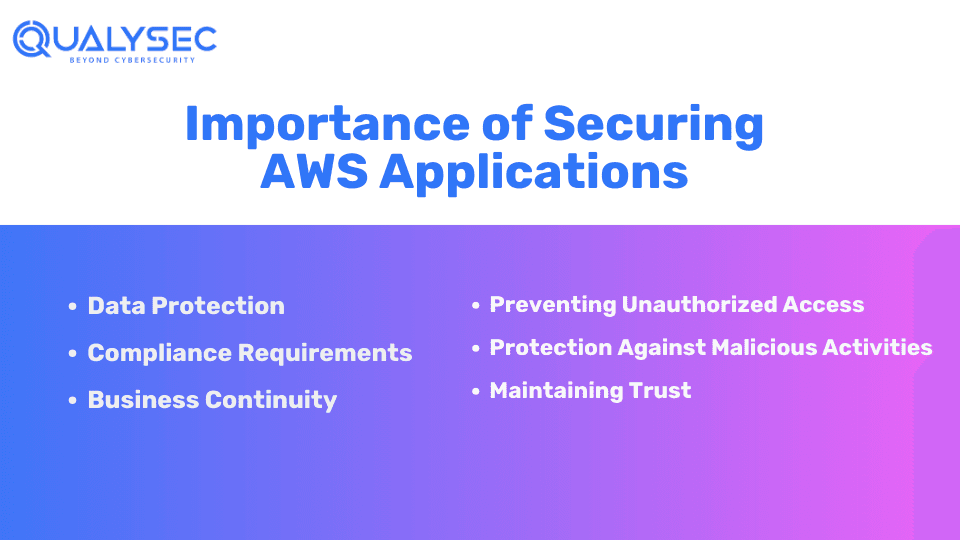
1. Data Protection
AWS applications store different data types, from personal information like name and address to financial information. Therefore, making these applications secure from unauthorized access and breaches helps protect the confidentiality and integrity of sensitive data.
2. Compliance Requirements
Many industries have strict regulations on data security and protection of personal data privacy worldwide. AWS application’s security guarantees compliance with these legal norms, which helps to avoid penalties and reputation damage.
3. Business Continuity
Security attacks may stop the operation process and will result in downtime, financial losses, and reputational damage. Hence, with proper security measures of AWS applications, companies can ensure business continuity and, therefore, minimize the negative consequences of incidents like data breaches.
4. Preventing Unauthorized Access
An unauthorized use of AWS applications may result in data leakage, manipulation, or destruction. Thus, implementing a solid authentication mechanism, access controls, and encryption will stop unauthorized access and safeguard sensitive information.
5. Protection Against Malicious Activities
AWS applications are vulnerable to different cyber security issues, such as broken authentication, lack of encryption, and DoS attacks. Therefore, by implementing security measures like firewalls and security audits regularly you can detect and mitigate these threats.
6. Maintaining Trust
Breaches in security will damage the trust of the customers, partners, and stakeholders. By showing good faith in security and establishing solid security measures for AWS apps, companies could grow and sustain trust among them.
Do you want to secure your AWS applications from all these security risks? Contact us for the best penetration testing services that will help you strengthen your overall AWS security.
Common Security Threats to AWS Applications
Some of the common security threats to AWS Applications are:
1. Data Breaches
AWS apps can face data breaches due to improper implementation of security policies. Attackers can take advantage of misconfigurations, weak access control, or code errors to get unauthorized access to the data saved in AWS resources, such as S3 buckets or databases.
2. Identity and Access Management (IAM) Issues
Lack of proper user identification and permission management in AWS could result in diverse security problems. This involves exploiting access to resources, escalating privileges, and insider threats. Adequate IAM policies, roles, and access controls should be implemented and regularly reviewed to mitigate such risks.
3. Insecure APIs
Most AWS applications work through APIs to communicate with various services. Insecure APIs may reveal sensitive information or allow unauthorized access if they are not secured enough. Developers should make sure that APIs are secured and that they are not exposed to common vulnerabilities like injection attacks, broken authentication, and exposure to excessive data.
4. Lack of Network Security
Lack of network security measures can expose AWS applications to many types of threats, such as MitM attacks, packet sniffing, and unauthorized access to in-transit sensitive data. Implementing techniques, for example, encryption and network segmentation as well as monitoring services can improve the posture of the network security.
Importance of Regular AWS Security Testing
AWS applications security testing regularly is important for the following reasons:
| Factors | Descriptions |
| Identification of Vulnerabilities | Regular AWS application security testing will help organizations discover weaknesses and vulnerabilities in their applications. Additionally, by performing actions like penetration testing, vulnerability scanning, and code reviews, companies can discover possible ways of cyberattacks or data breaches. |
| Proactive Security Assessment | Organizations can manage their cybersecurity profile actively by conducting security assessments regularly, rather than waiting for a cybersecurity incident to happen. This preventive method timely exposes and weakens threats, hence, minimizing the chances of cyberattacks. |
| Regulatory Compliance | There are strict industry regulations concerning data protection and cybersecurity. Regular security testing helps businesses resolve the gaps in their current security by checking if they are in line with the regulations. As a result, they can avoid penalties and fines that may occur due to non-compliance. |
| Maintaining Customer Trust | Regular security testing shows the dedication to safeguarding customer data as well as other confidential information. Hence, through proactive identification and mitigation of security vulnerabilities, trust between organizations and their customers can be built, ensuring long-term customer loyalty and a well-maintained business reputation. |
Step-by-Step Guide to AWS Application Security Testing
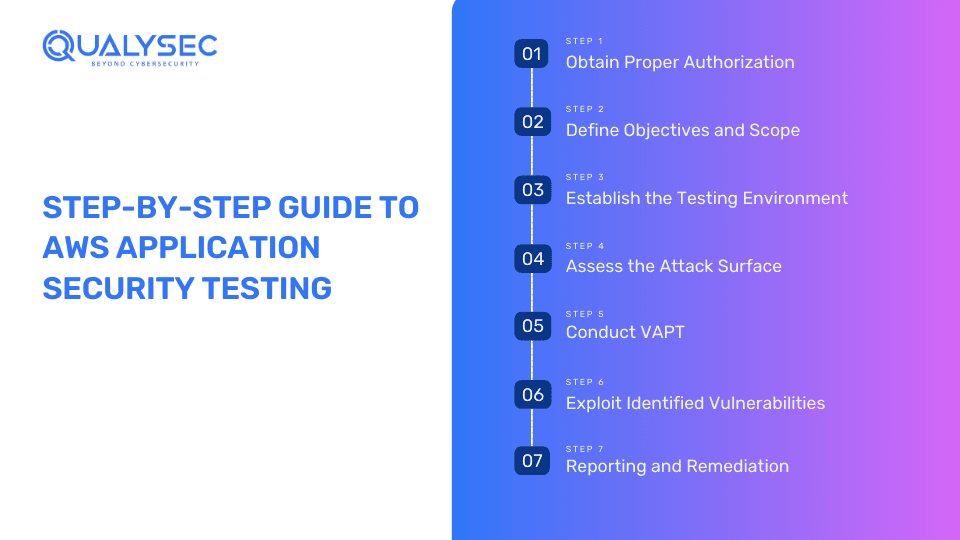
Step 1: Obtain Proper Authorization
Before initiating any security testing, it’s crucial to have consent from the owner or organization managing the AWS account. Additionally, adherence to company-specific security guidelines or consultation with AWS support may be necessary to test unapproved services.
Step 2: Define Objectives and Scope
Identify the applications, systems, and AWS services requiring testing, considering privacy requirements and compliance standards. Outline the scope and objectives thoroughly before starting security testing.
Step 3: Establish the Testing Environment
Create a separate testing environment within AWS distinct from the production environment, to prevent disruptions. This may include setting up networks, security groups, and virtual machines, specifically for the security test.
Step 4: Assess the Attack Surface
Gather comprehensive information about the AWS environment under assessment. This includes S3 buckets, instances, subnets, services, and IAM roles. You can then employ various techniques such as network scanning, and vulnerability scanning to identify potential vulnerabilities.
Step 5: Conduct Vulnerability Assessment and Penetration Testing (VAPT)
Conducting Vulnerability assessment and penetration testing (VAPT) is the best way to identify security weaknesses in AWS applications. The method includes using automated vulnerability scanners and manual penetration testing techniques. this hybrid process helps detect hidden risks that hackers might exploit for unauthorized access.
Step 6: Exploit Identified Vulnerabilities
Once vulnerabilities are discovered, it’s essential to assess their impact by exploiting them. This involves testing weak access controls, misconfigurations, or vulnerabilities specific to AWS applications. Additionally, ensure that you test only your AWS resources and do not affect other AWS users.
Step 7: Reporting and Remediation
The security testers then document the vulnerabilities found and the steps taken to address them in a comprehensive report. This report should be shared with system administrators or owners for necessary remediation actions.
Do you want to see a report on AWS security testing? If yes, here is your opportunity. Click below to receive a sample report right away!
List of Tools for AWS Application Security Testing
A few popular tools used for AWS security testing are:
1. OWASP ZAP
As an open-source web application scanner, OWASP ZAP works with the AWS environment well and helps in the identification of vulnerabilities like XSS and SQL injection. It provides both automated and manual testing toolkits regarding the security of web applications.
2. Burp Suite
While Burp Suite is typically used for web application testing, it is equally helpful in AWS security assessments. Its strong scanning and Proxy functions make it possible to uncover vulnerabilities in the web services hosted in AWS. Thus, the web services hosted on AWS are protected against attacks like CSRF and SSRF.
3. Metasploit
One of the most commonly used tools for AWS security testing is Metasploit, which can be used to test the AWS infrastructure in place. With its help, it is possible to improve the level of security of AWS deployments and increase resistance to attacks and possible breaches.
4. Nessus
Nessus is widely known for its extensive vulnerability scanning ability, which helps in examining AWS applications and services security. By scanning for known weaknesses and misconfiguration errors, Nessus allows organizations to address existing security problems in their AWS infrastructure more proactively, thus elevating the security stance.
Talk to our Cybersecurity Expert to discuss your specific needs and how we can help your business.
Conclusion
In today’s digital world where data leaks and cyber-attacks are widespread, protecting applications on the AWS platform is even more essential. By putting AWS application security testing at the forefront, companies can protect sensitive data, meet regulatory compliance, and run business without interruptions.
Regular security assessment helps in finding vulnerabilities that cyber attackers might exploit for their gain. Therefore, with the help of this step-by-step guide, organizations will be able to strengthen their AWS platforms against the changing security issues, generating an excellent and reliable digital infrastructure.
FAQs
Q. Does AWS do security testing?
A. The short answer is No. while AWS is responsible for the security of its platform, it does not provide any type of testing. Security testing is only conducted by third-party security providers or cybersecurity companies.
Q. What is application security in AWS?
A. Application security in Amazon Web Services entails protecting applications hosted on the platform from threats such as unauthorized access, data breaches, and other vulnerabilities. To maintain strong security, it uses a variety of techniques and processes such as encryption, access limits, and frequent audits.
Q. What are the types of security testing?
A. Security testing involves:
- Vulnerability assessment
- Penetration testing
- Security auditing
- Risk assessment





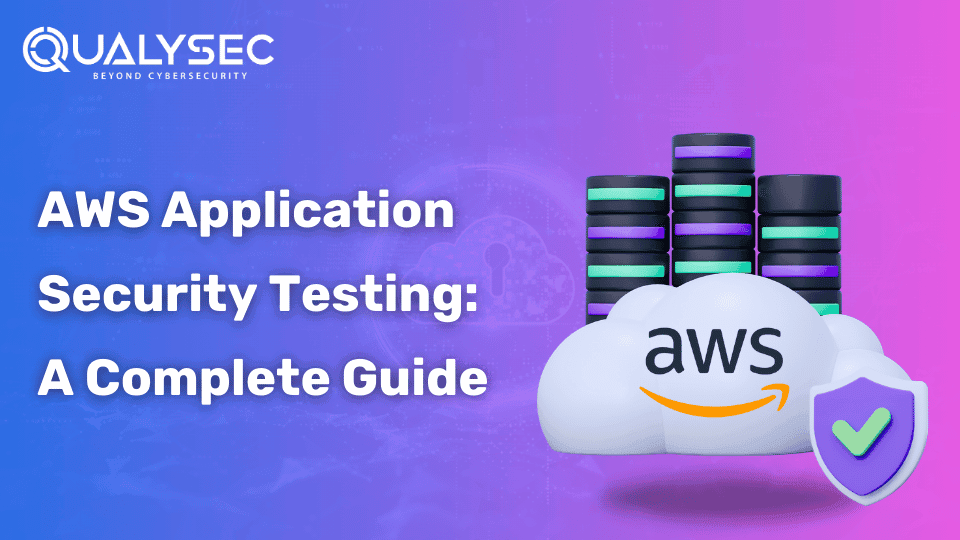






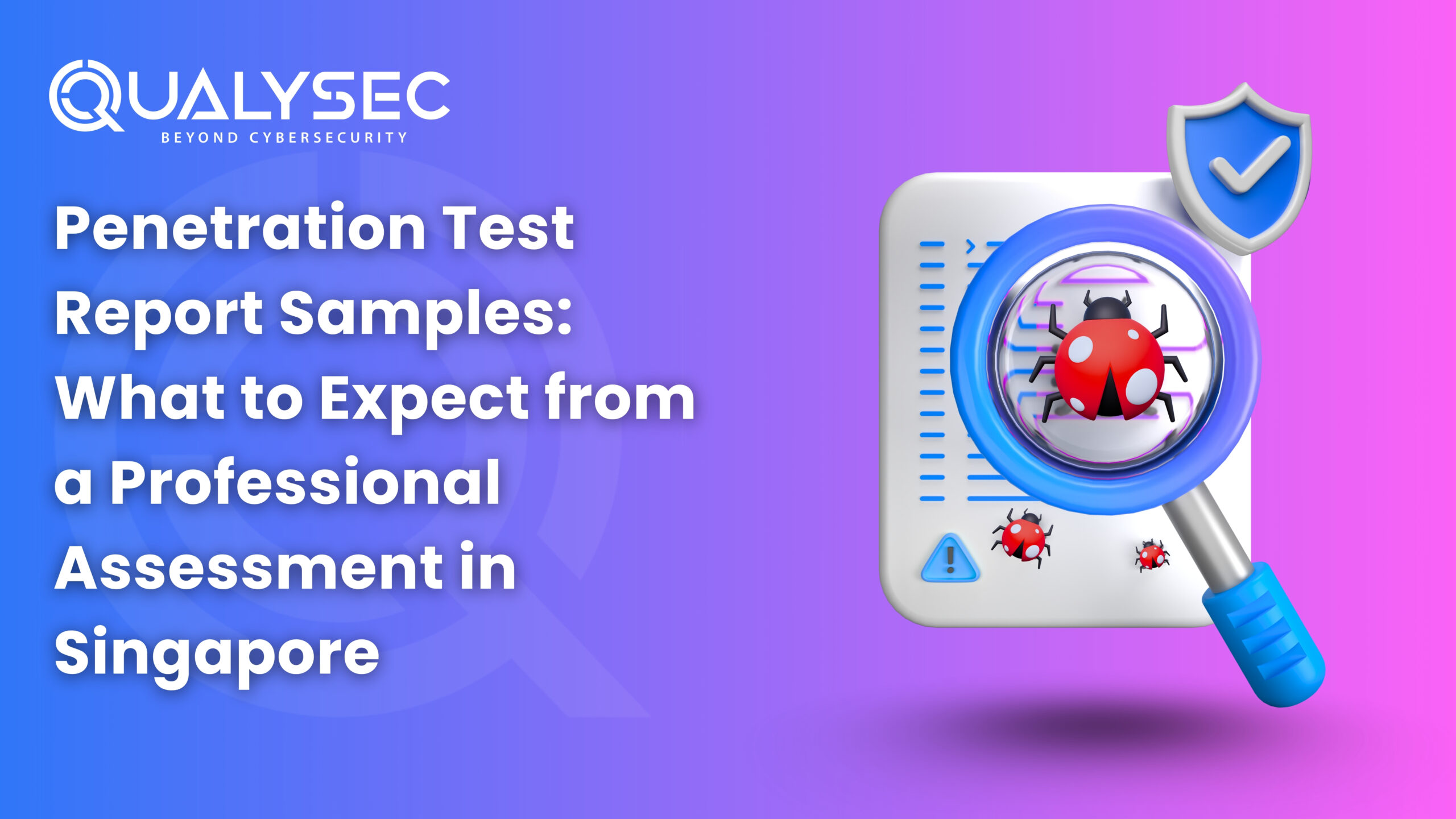
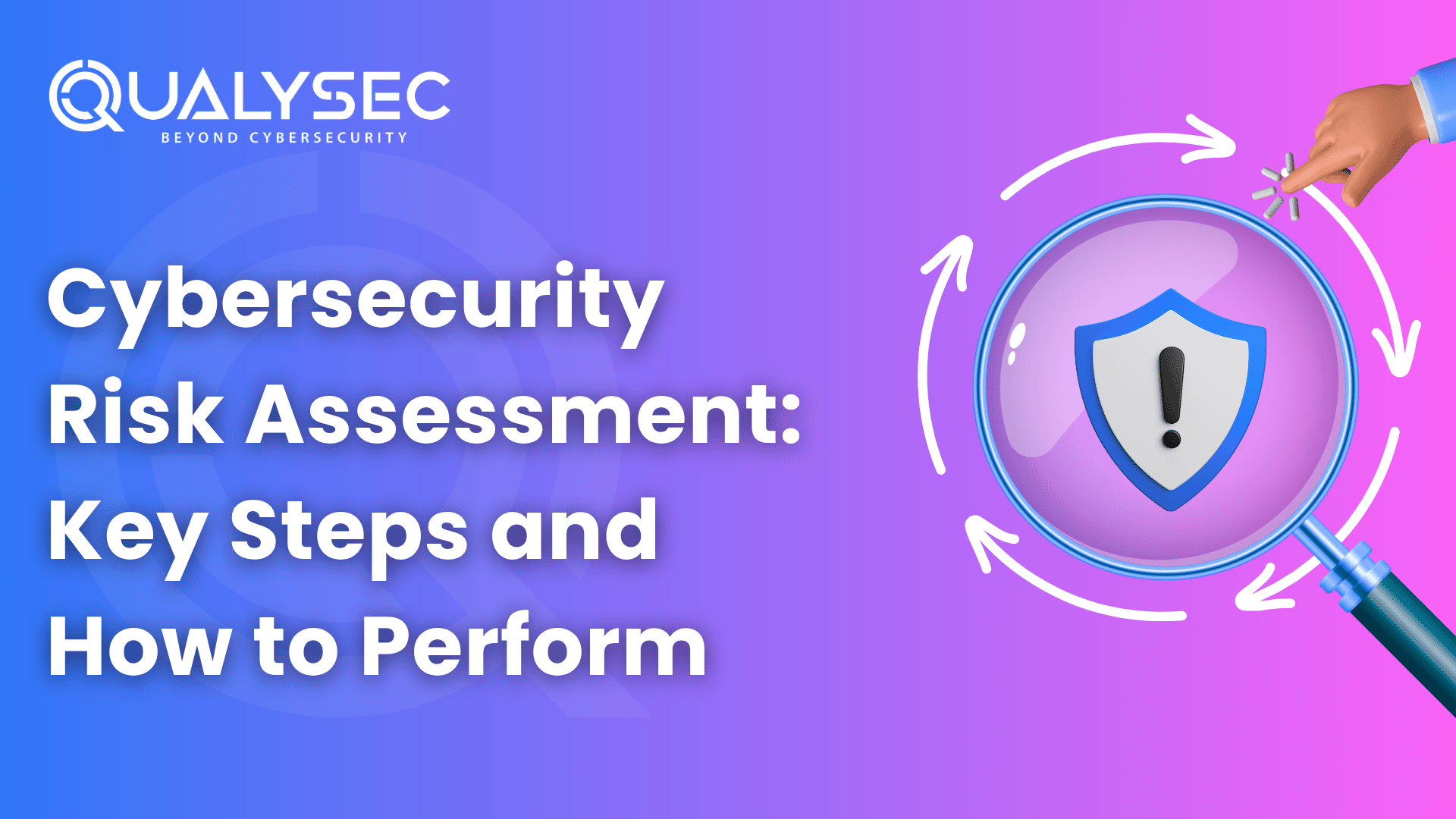
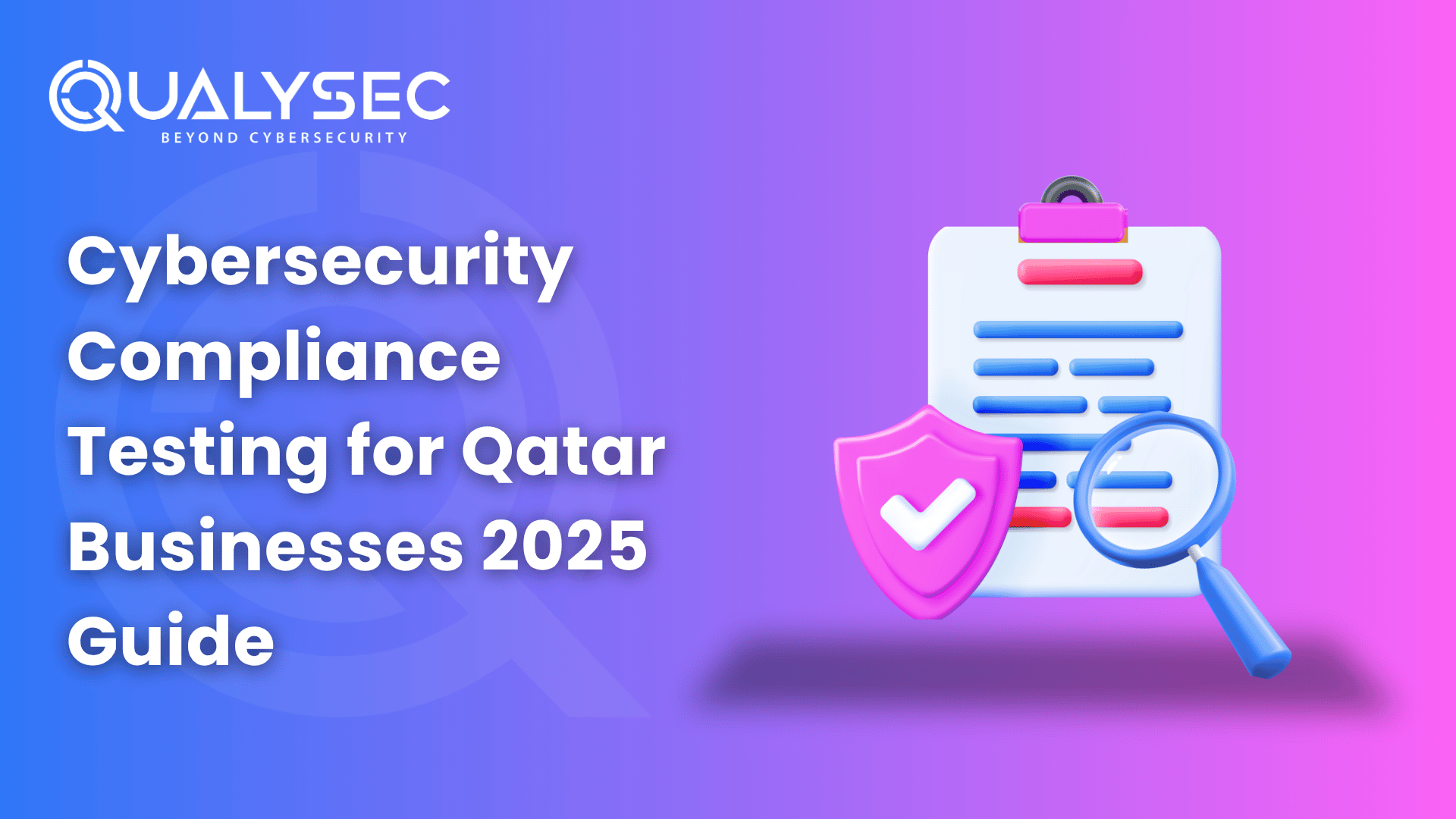


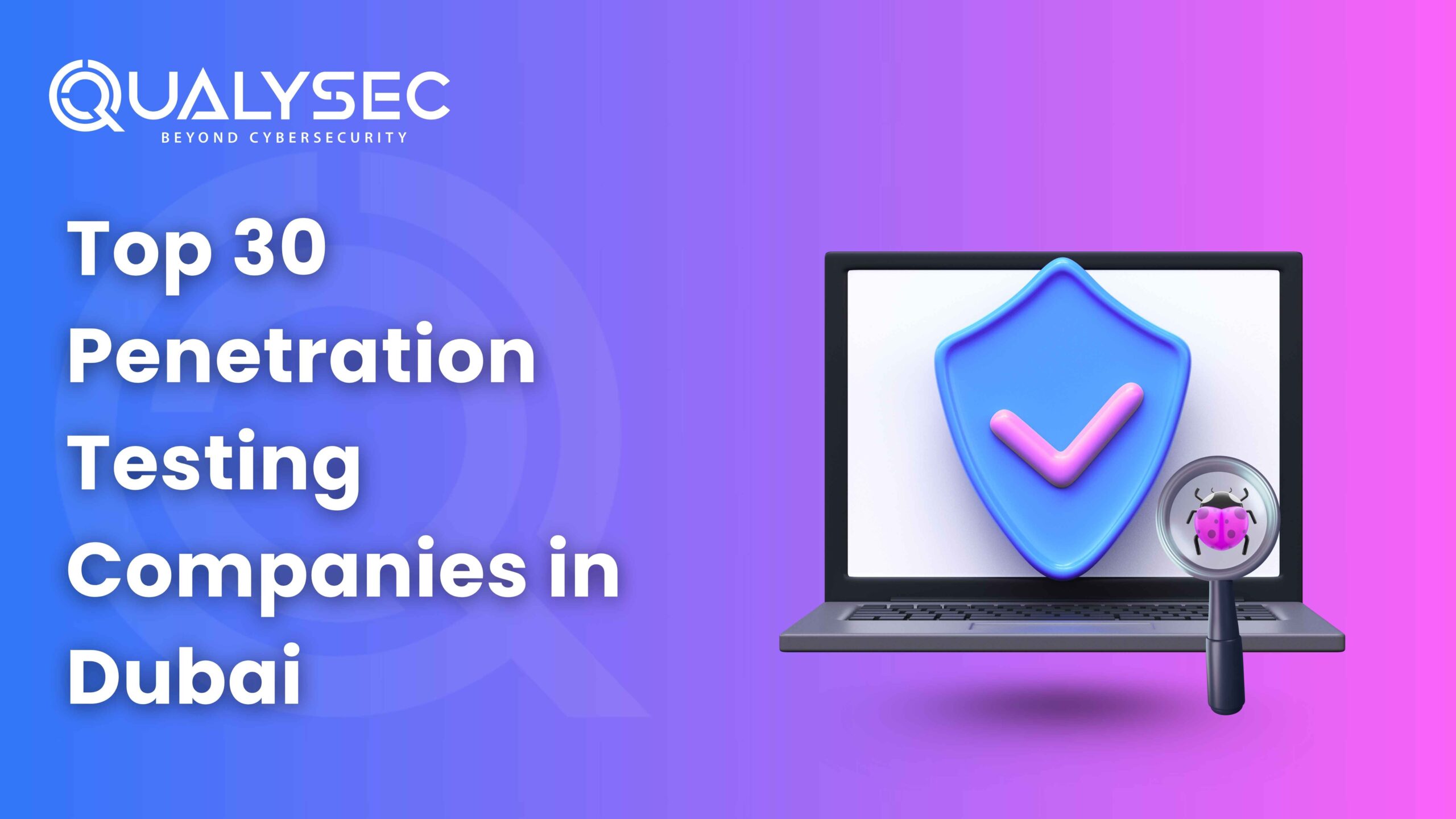

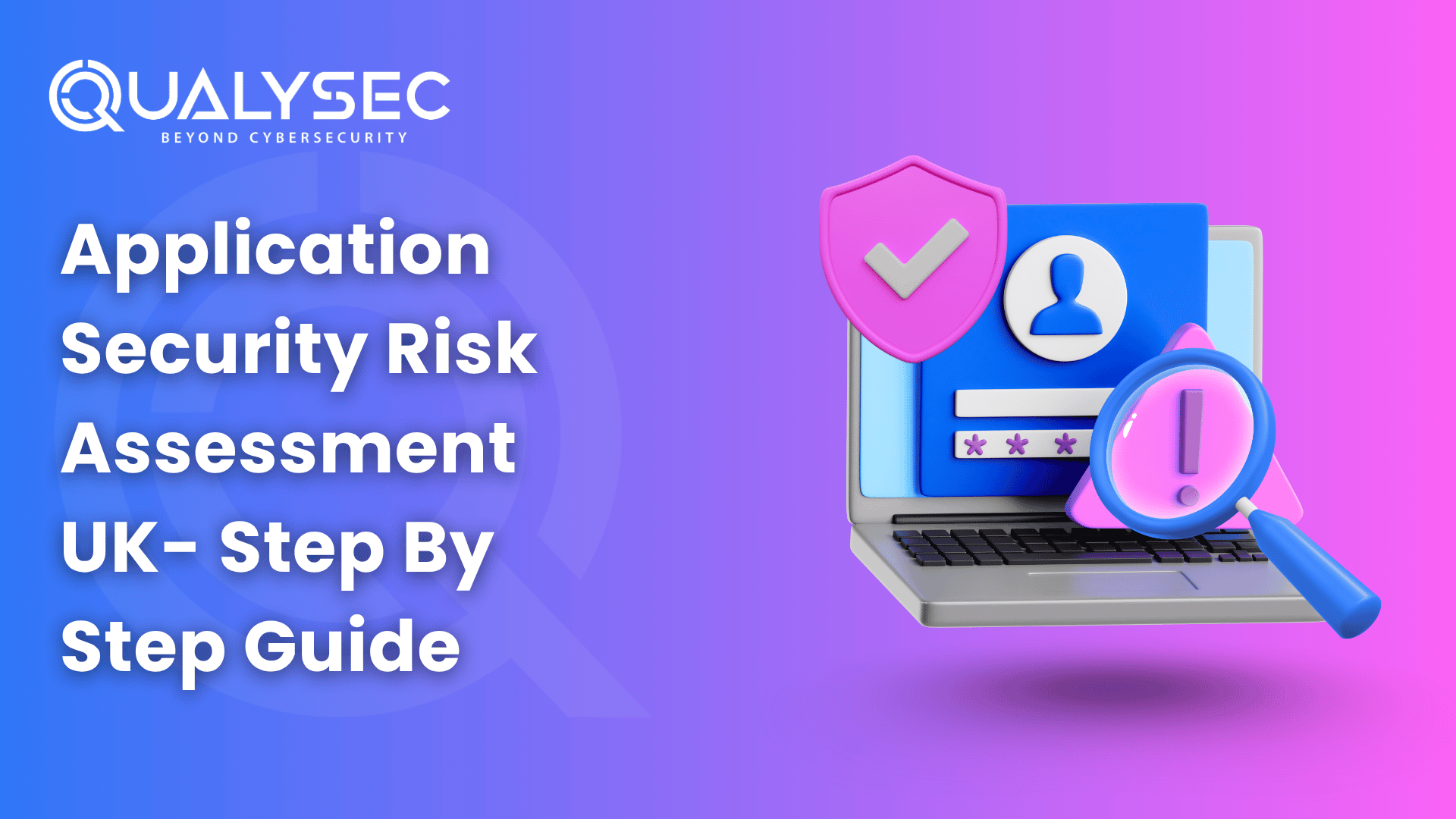


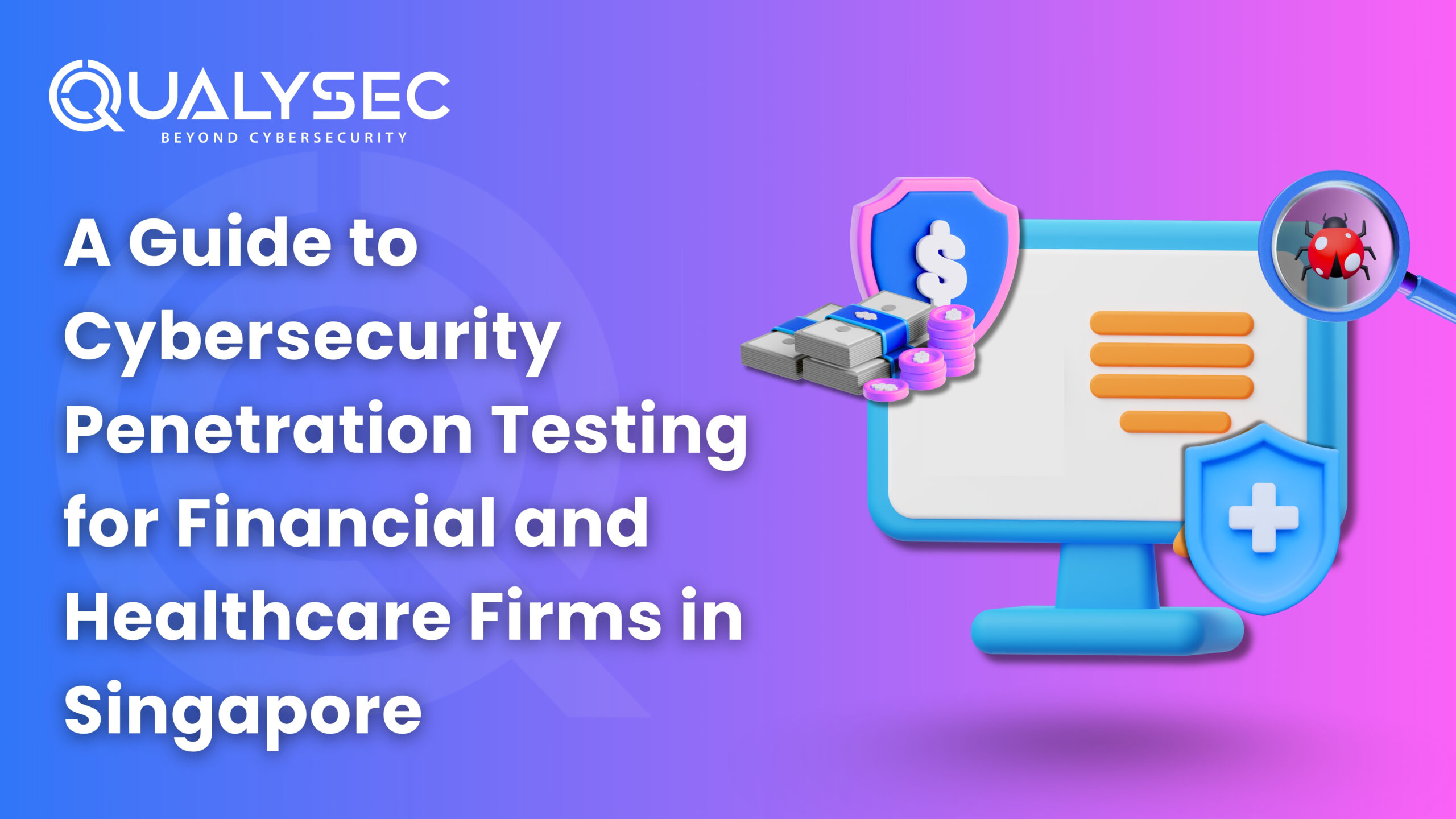

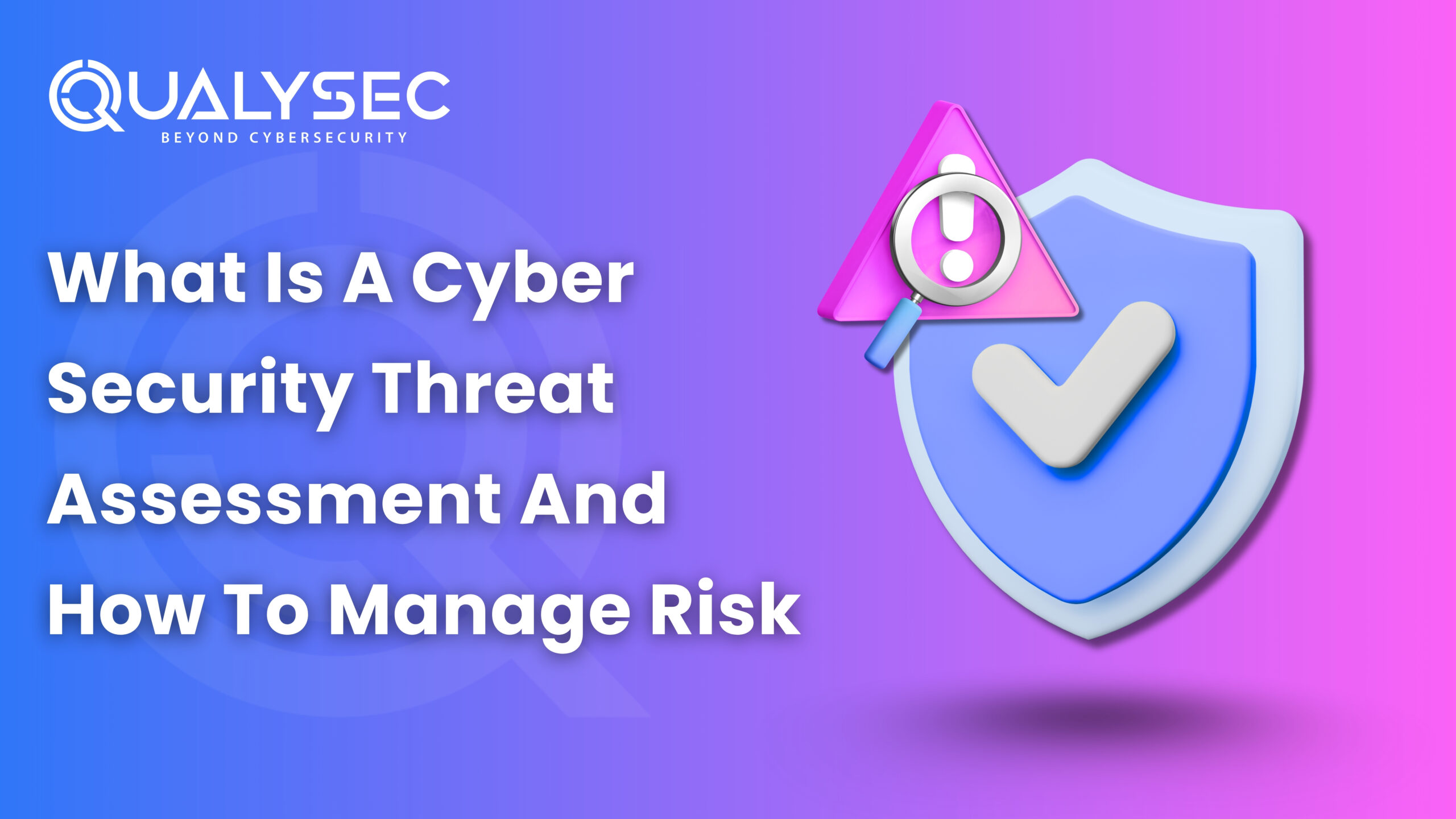





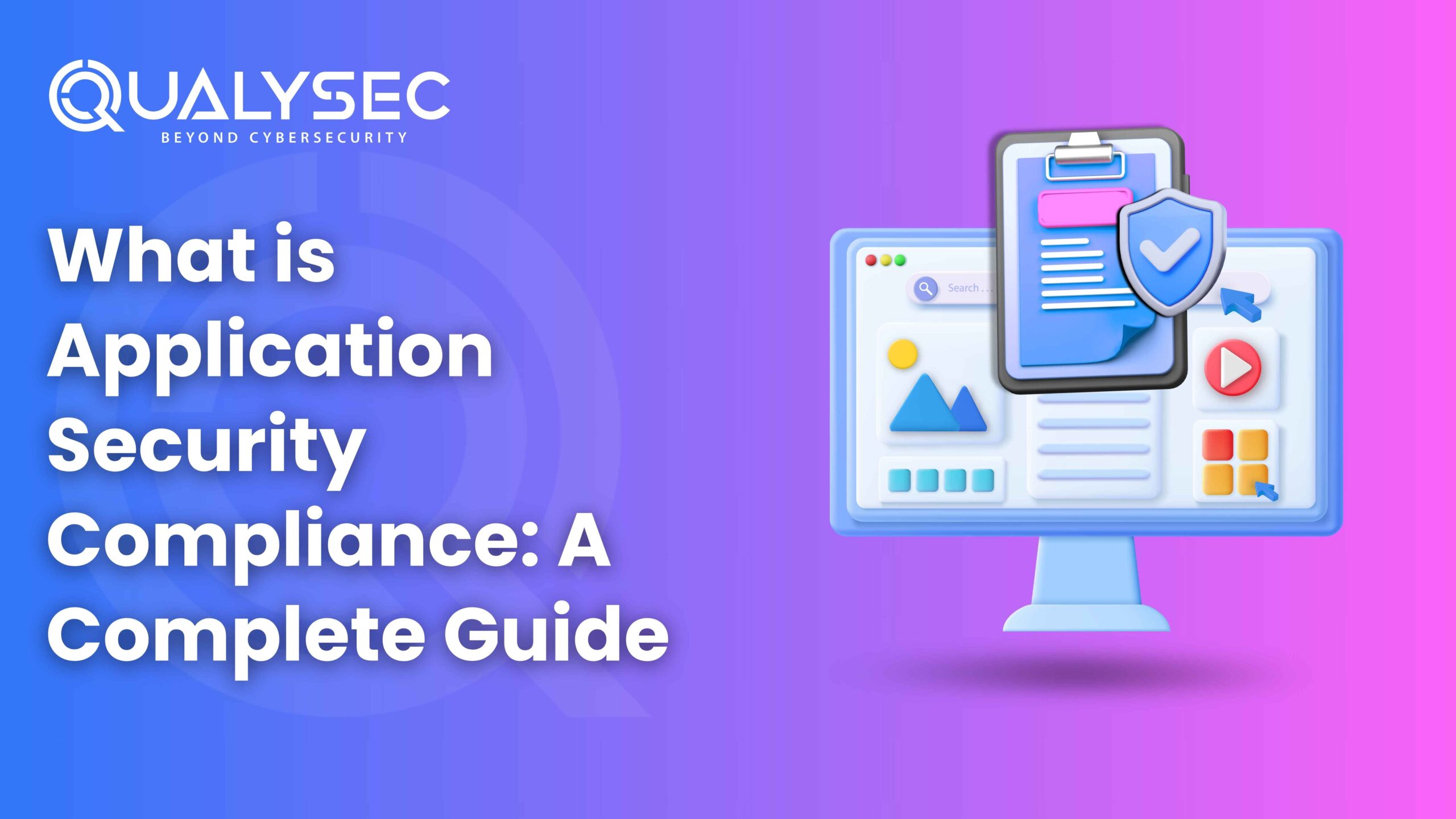
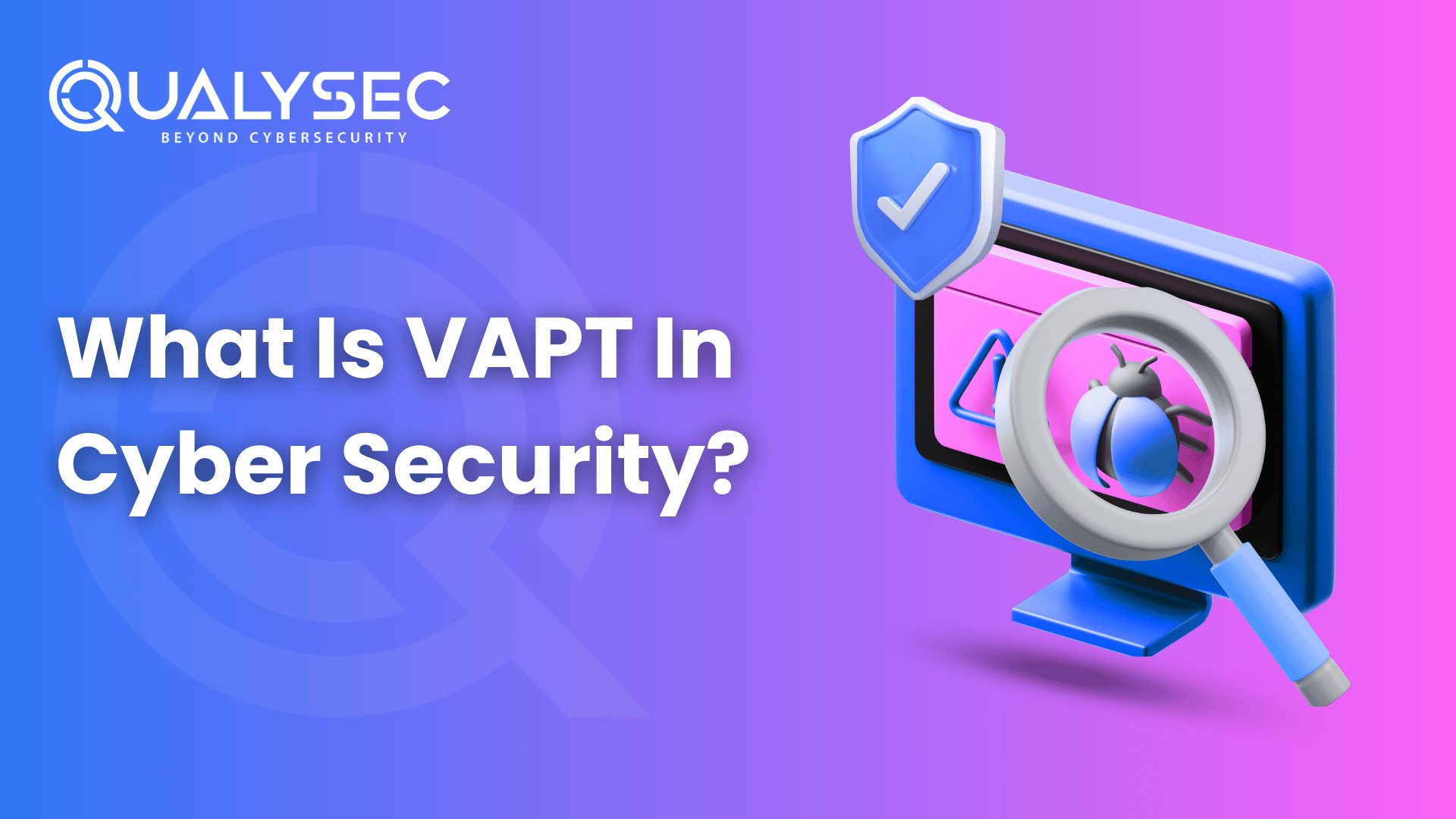
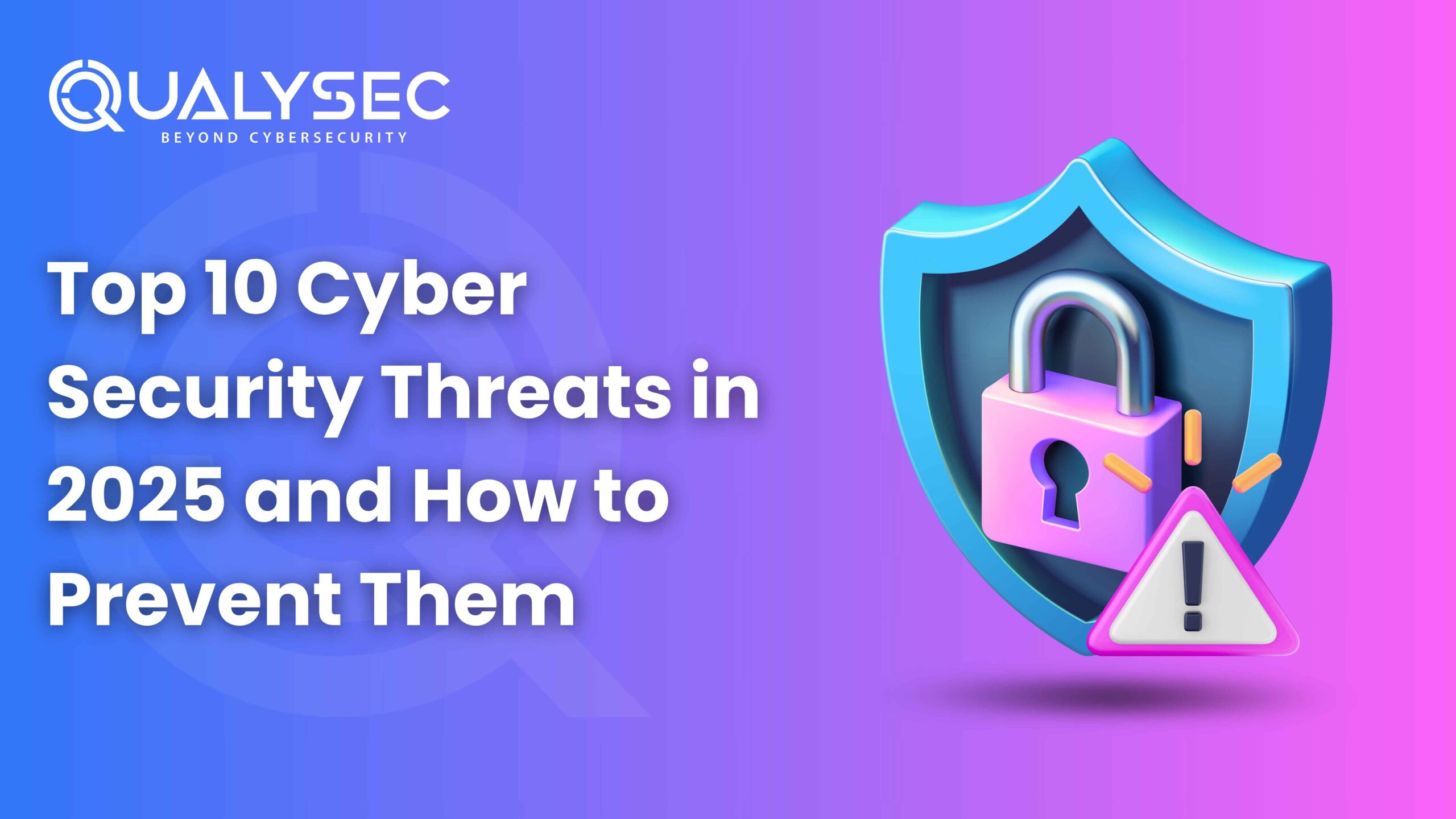
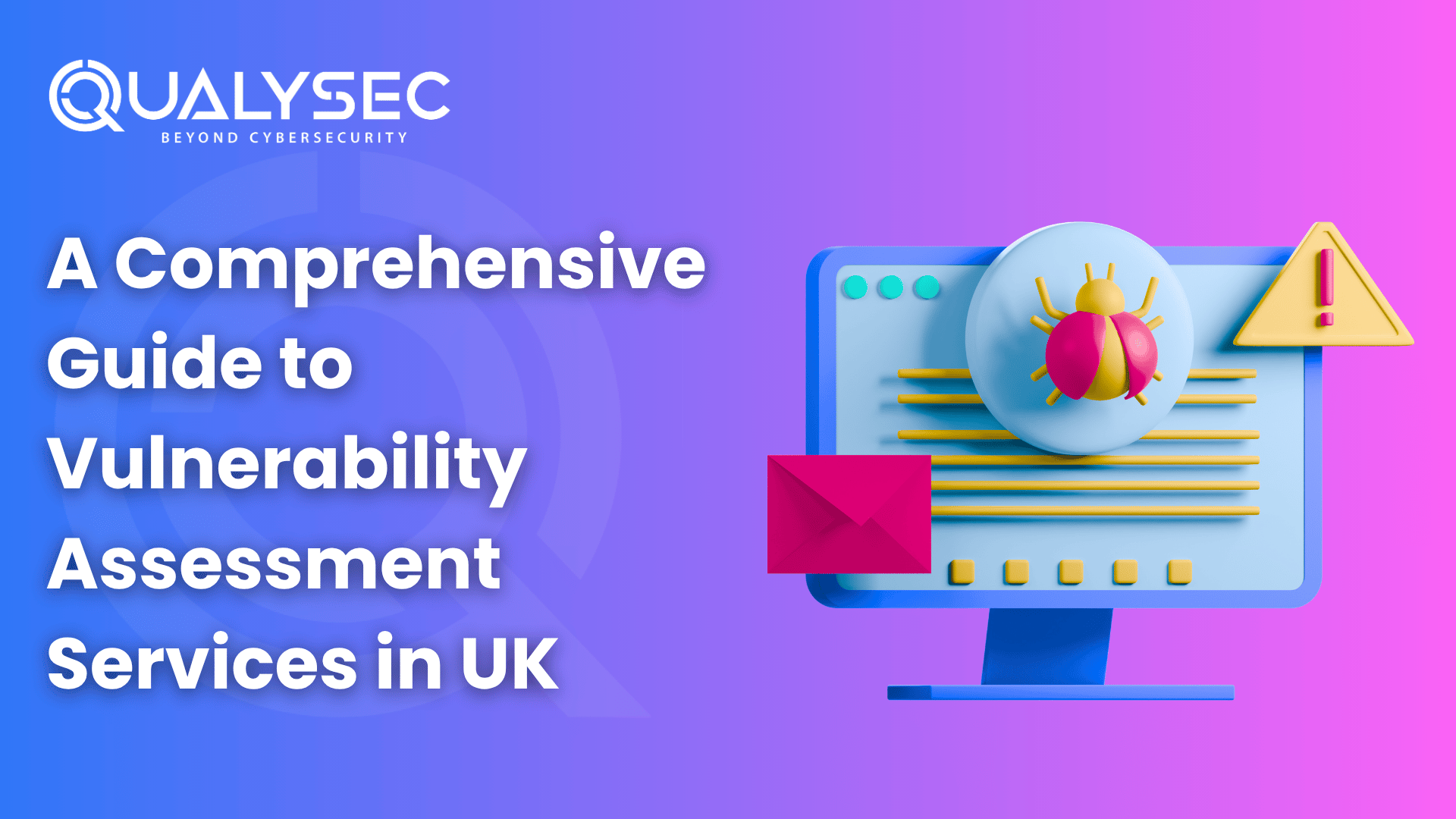
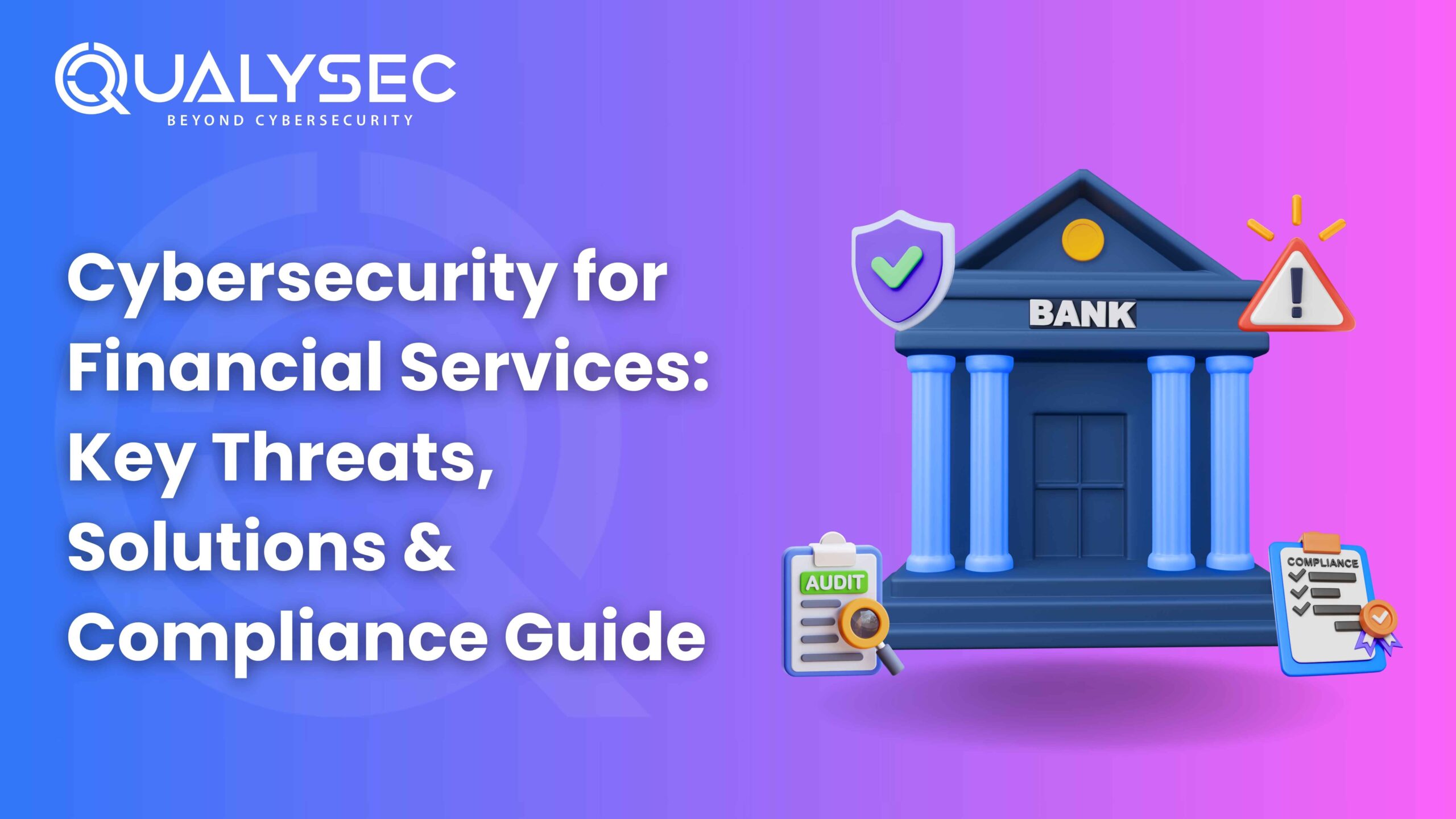
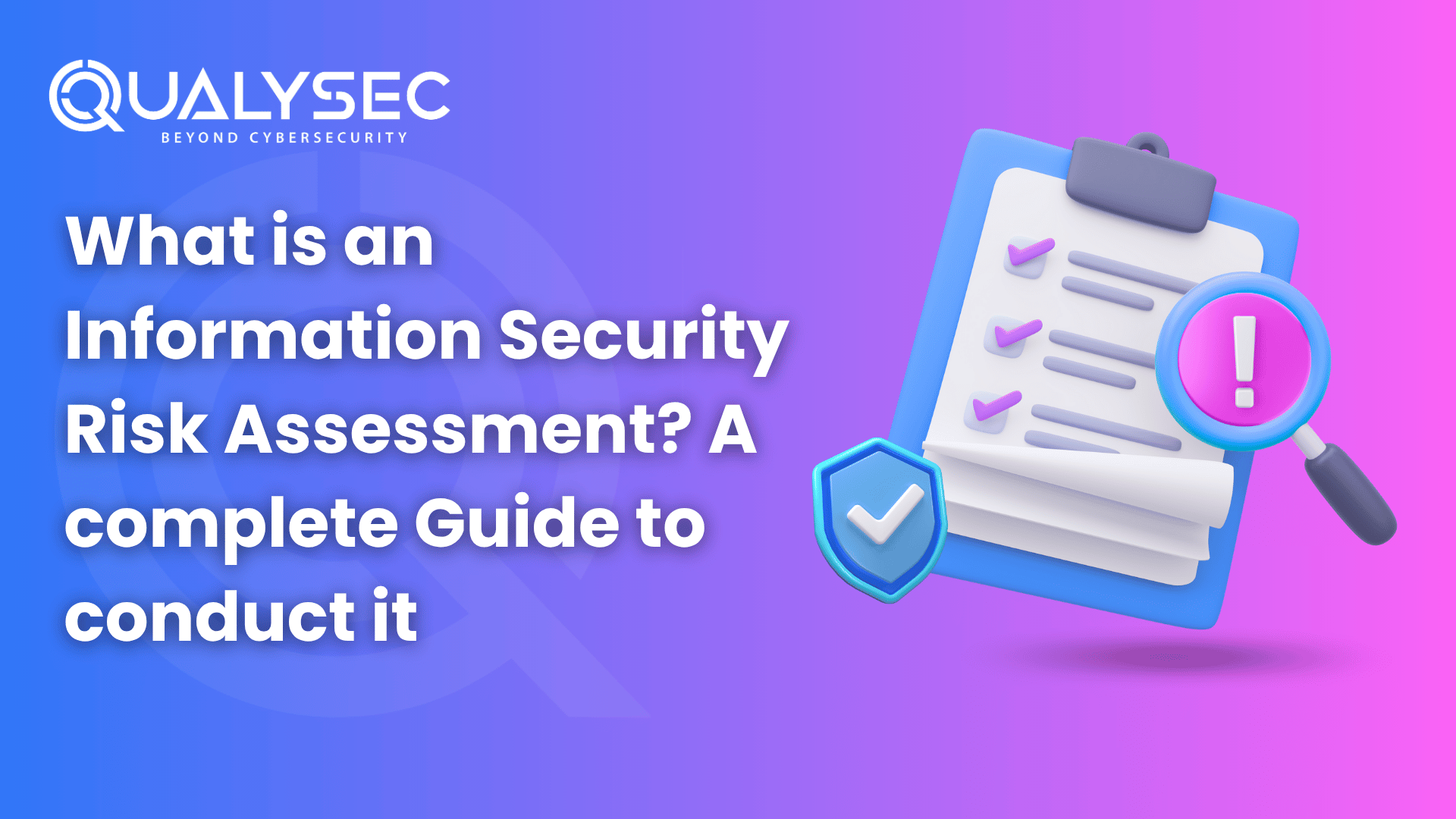

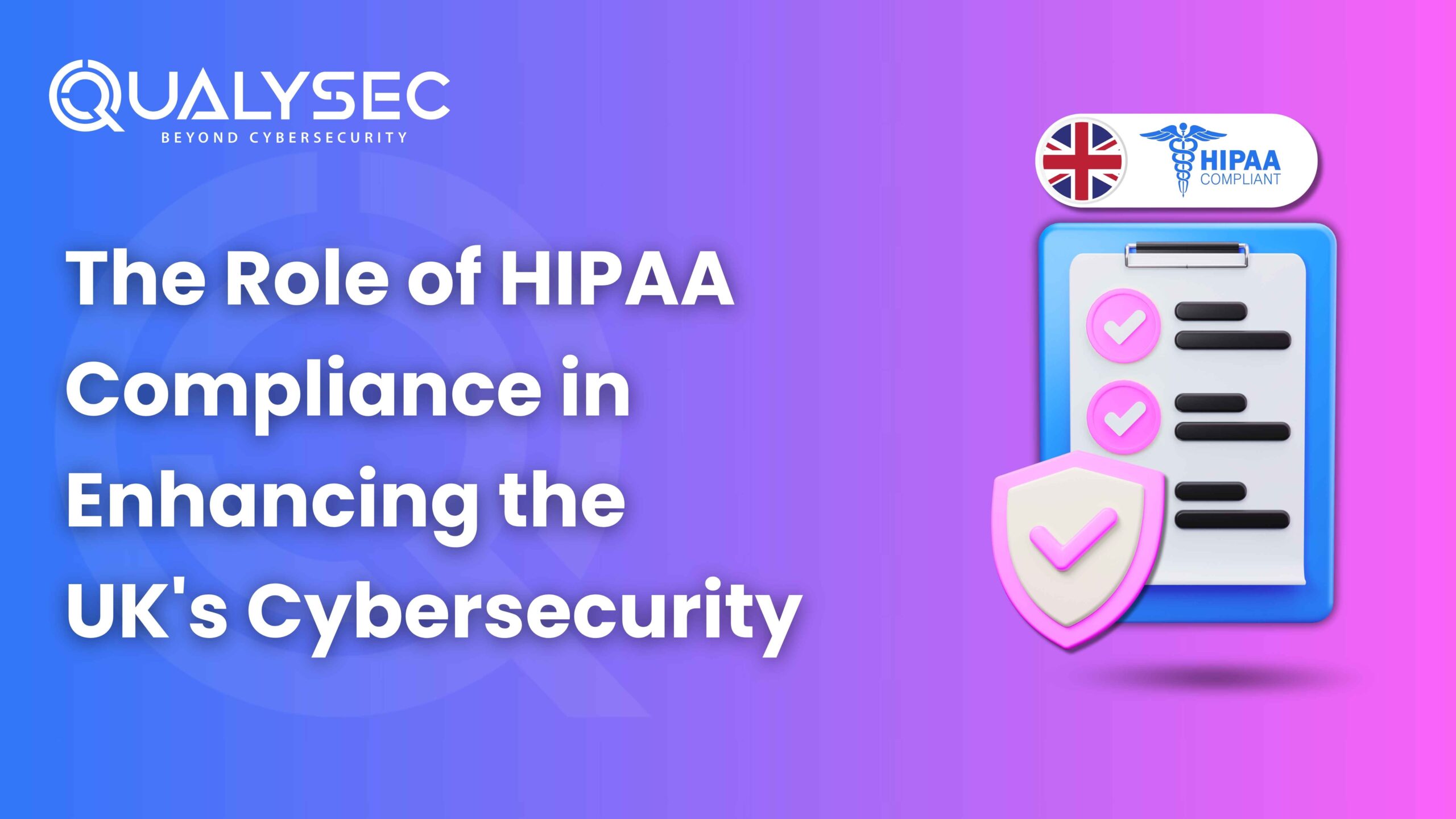





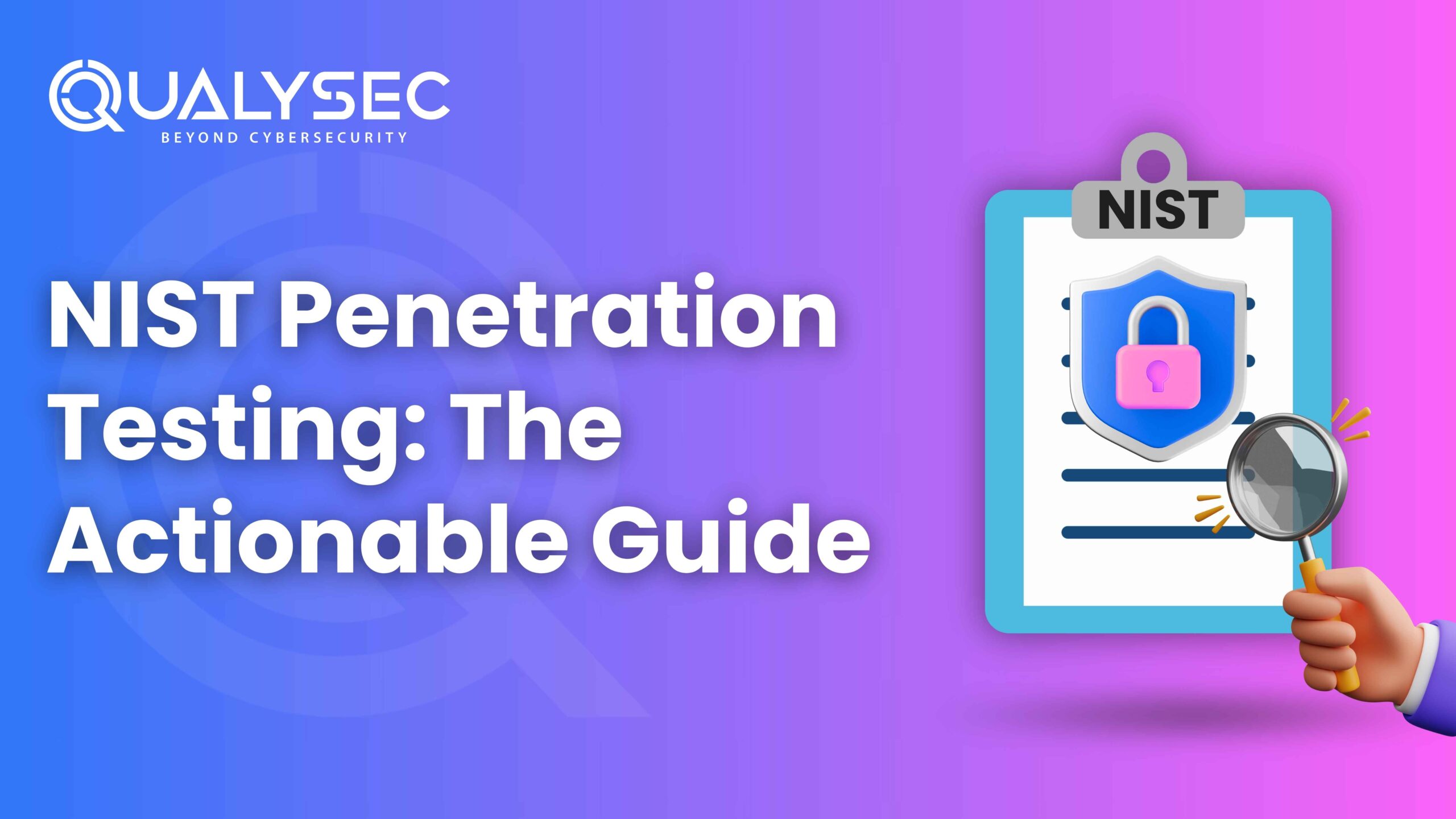
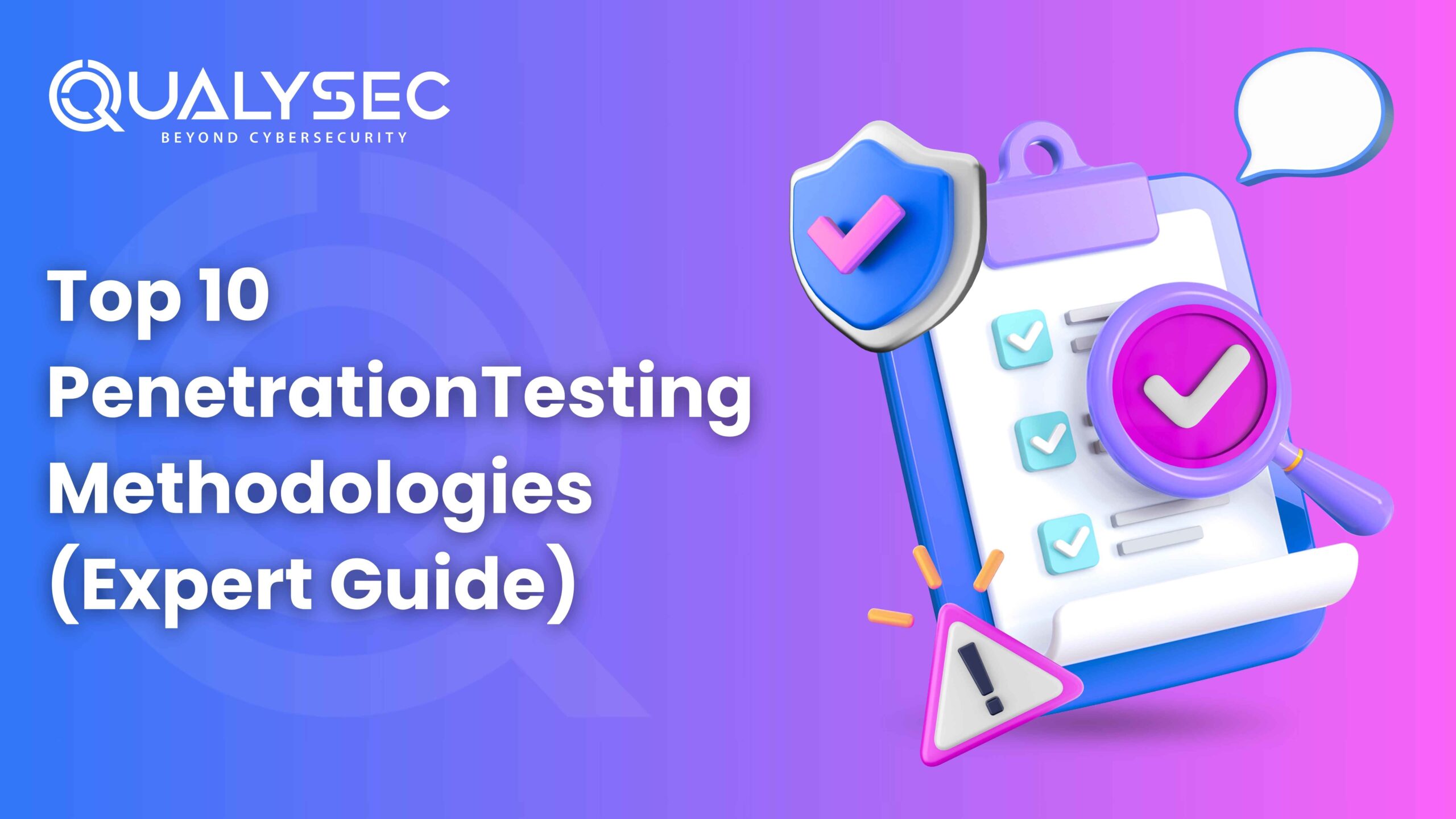

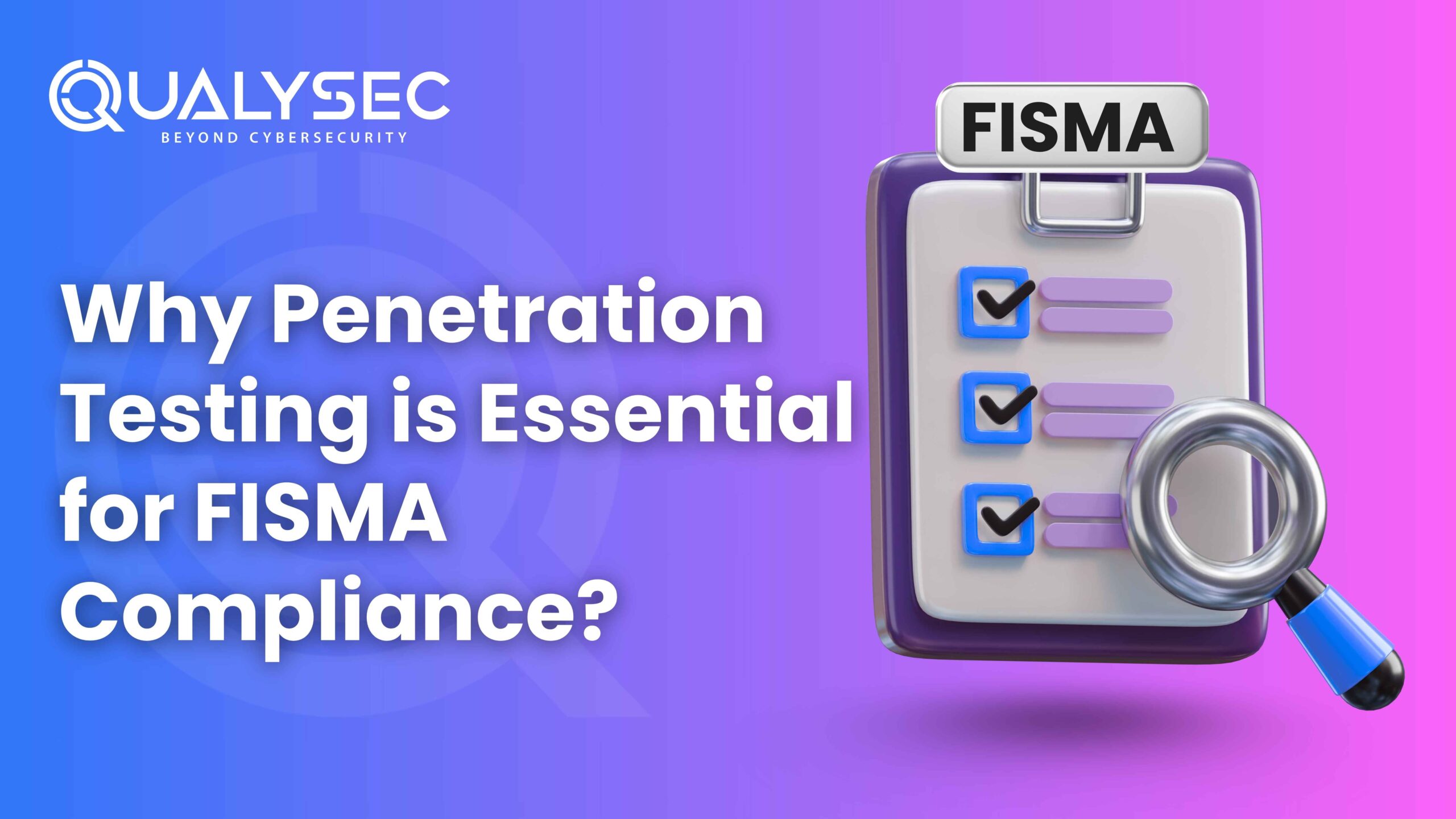
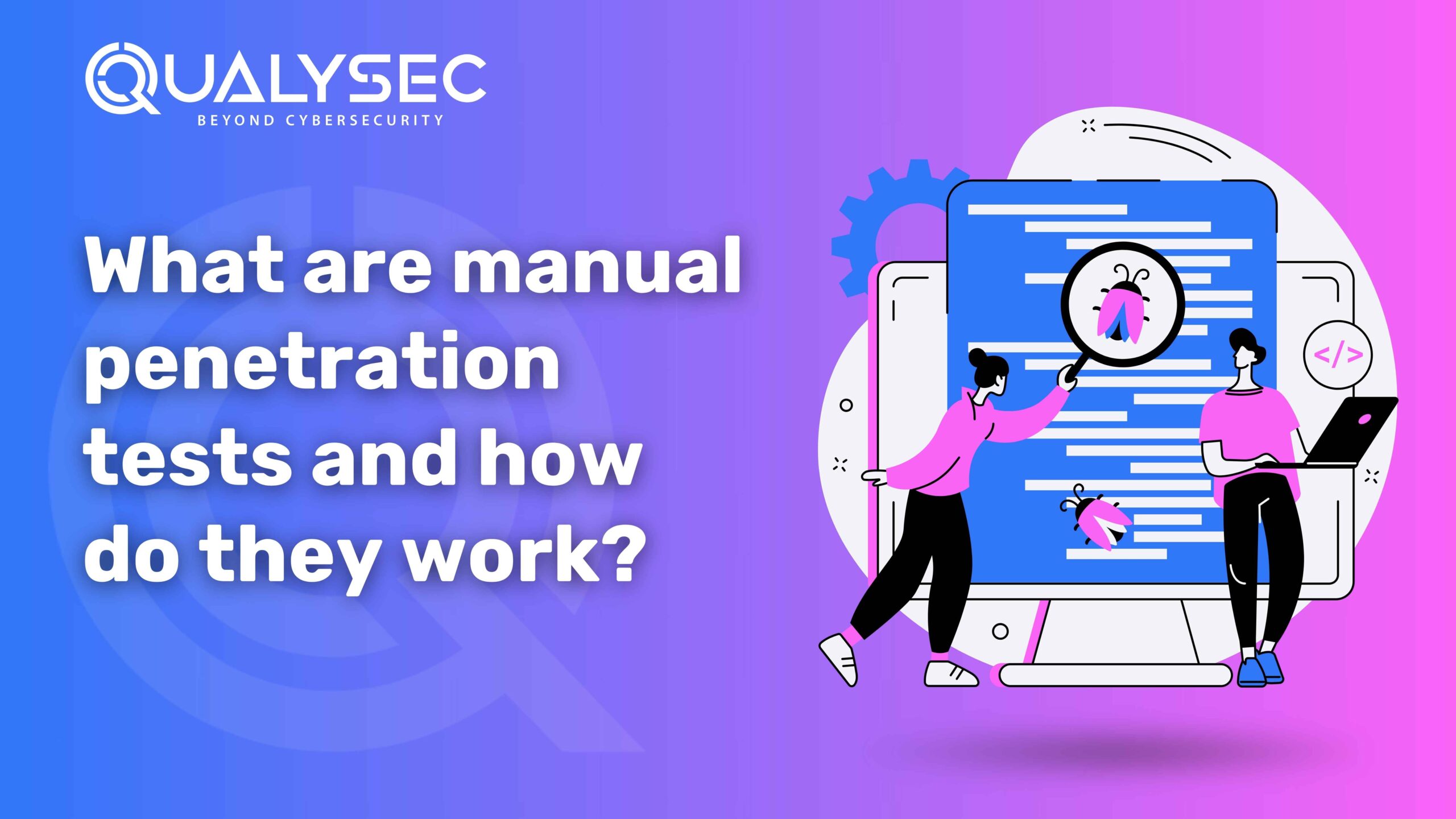
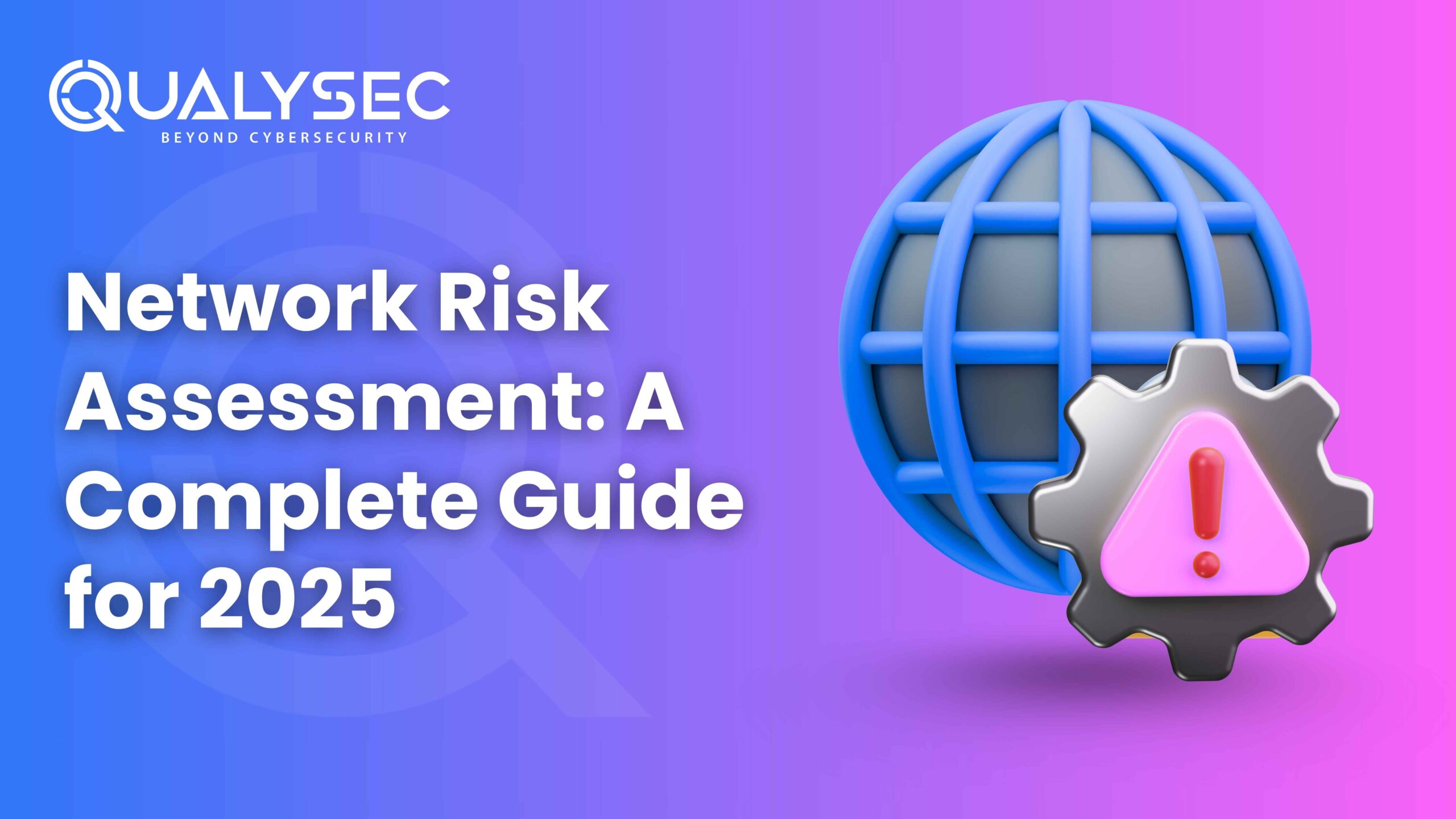

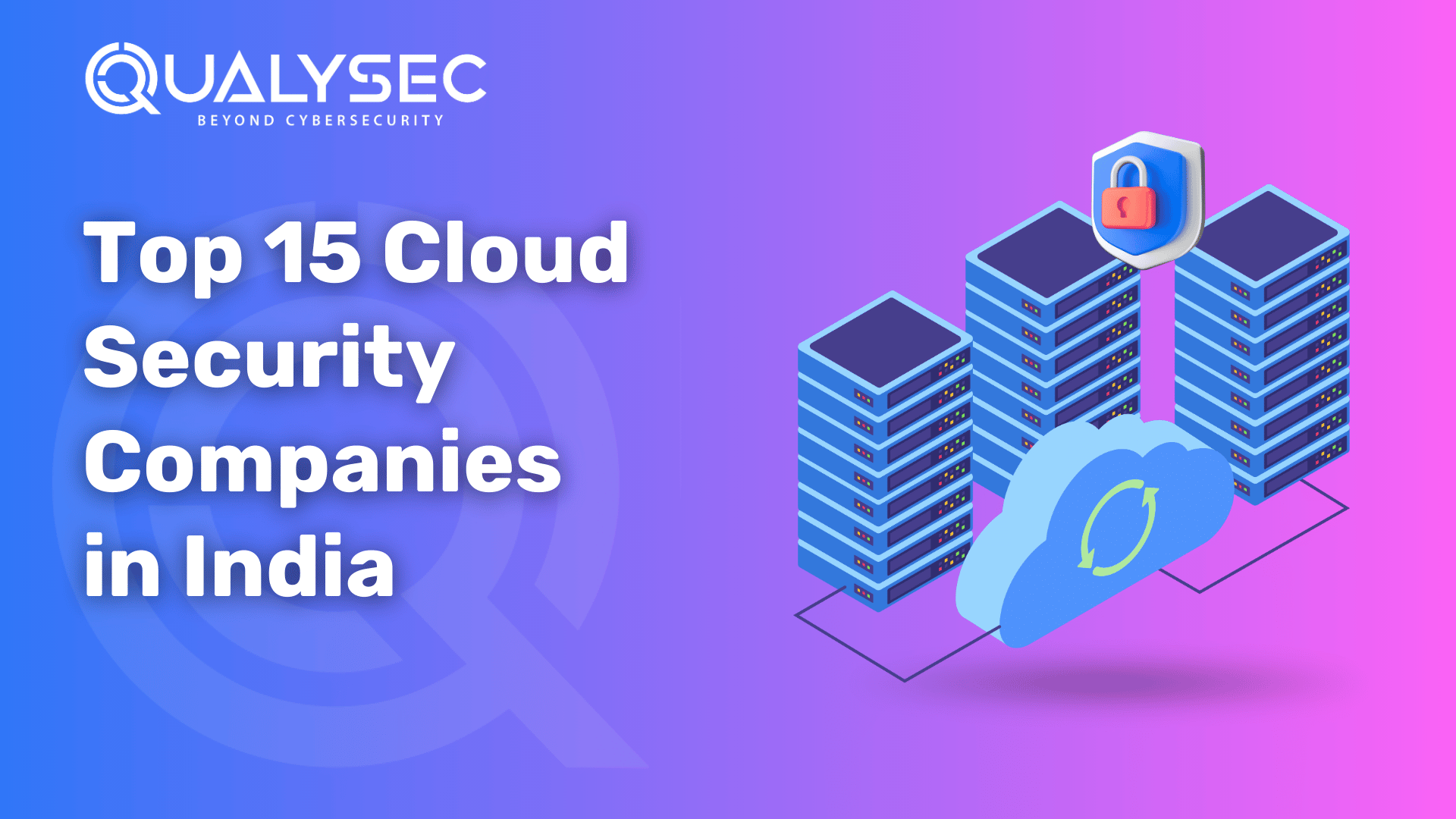
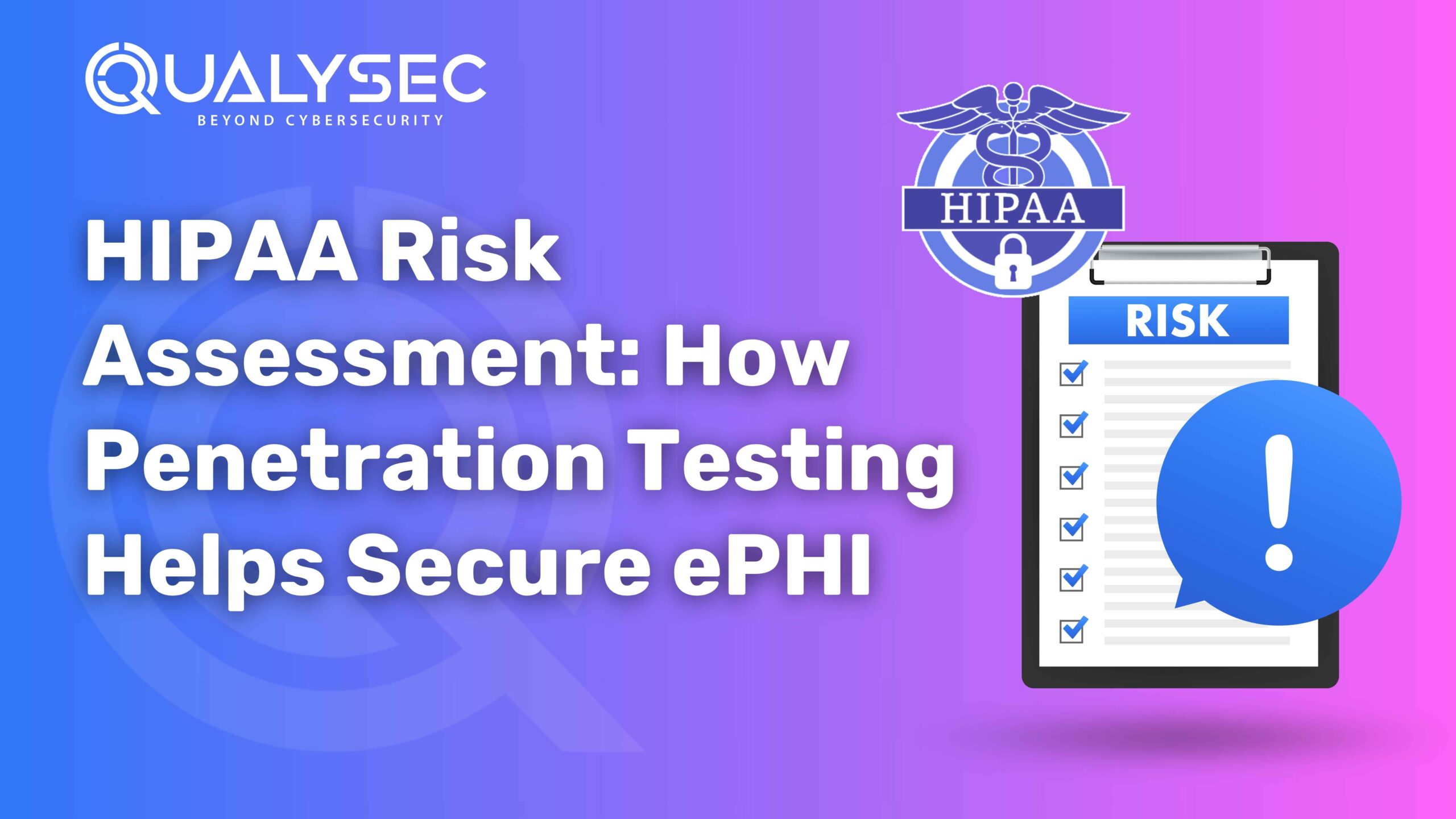









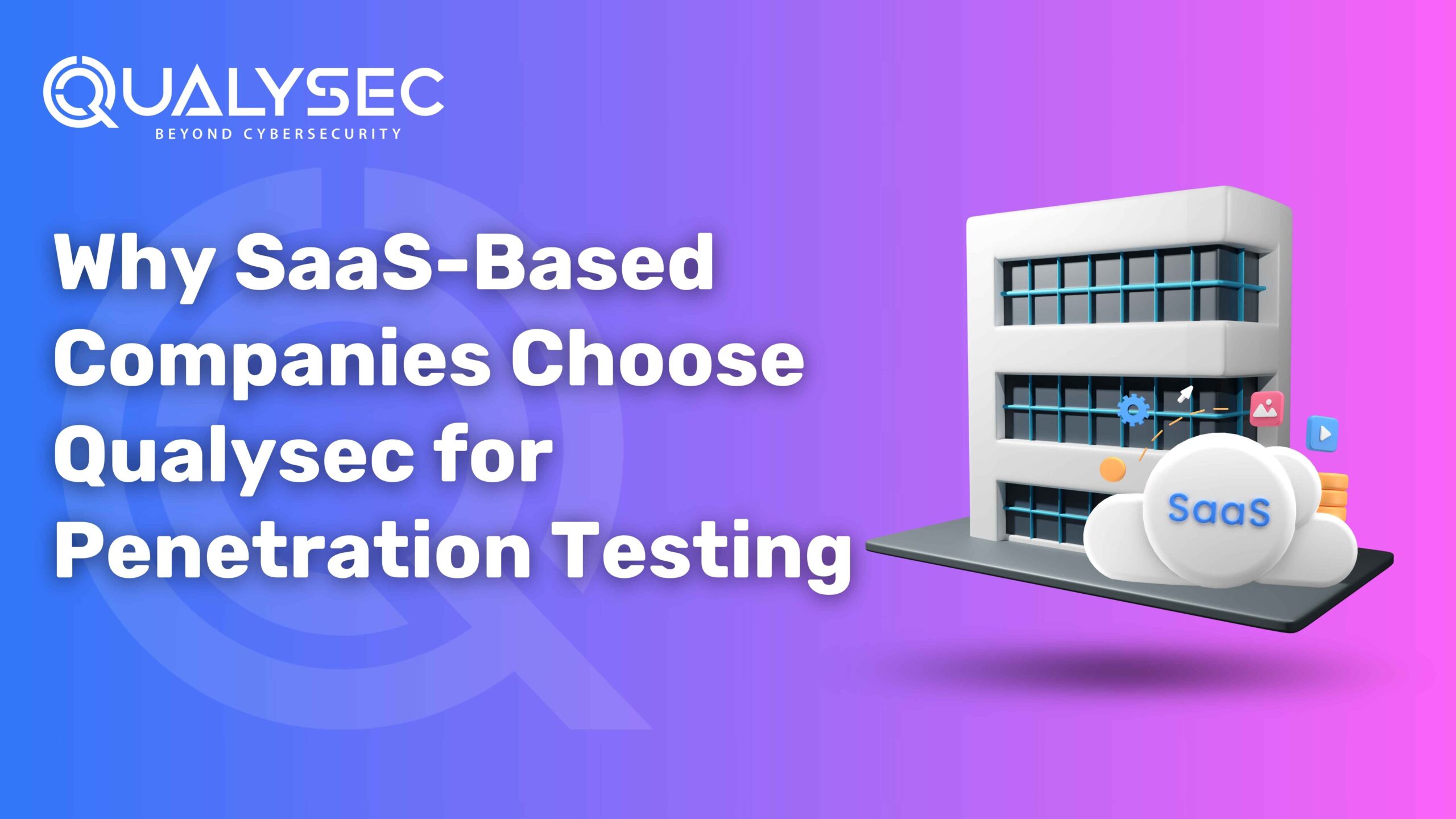



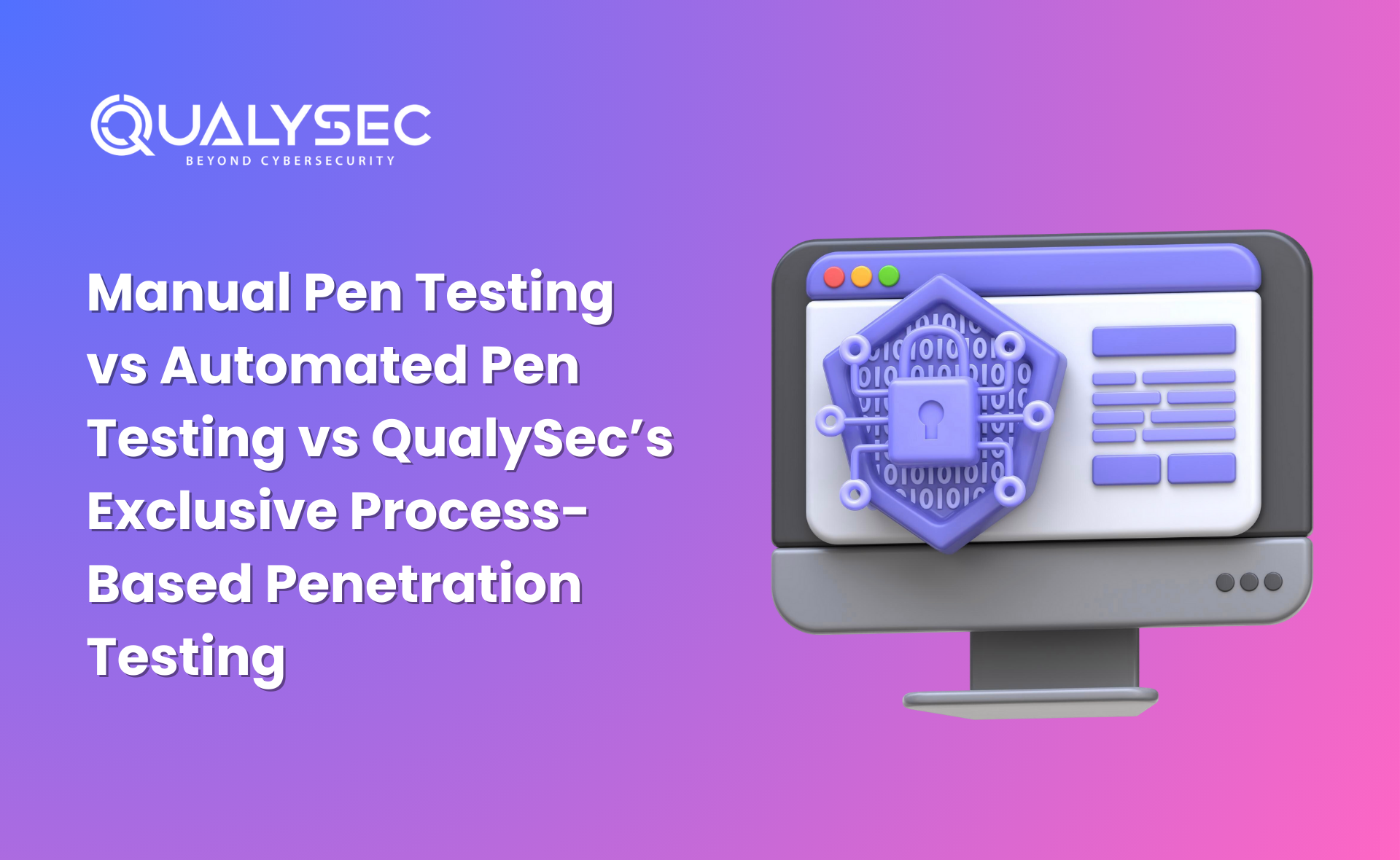
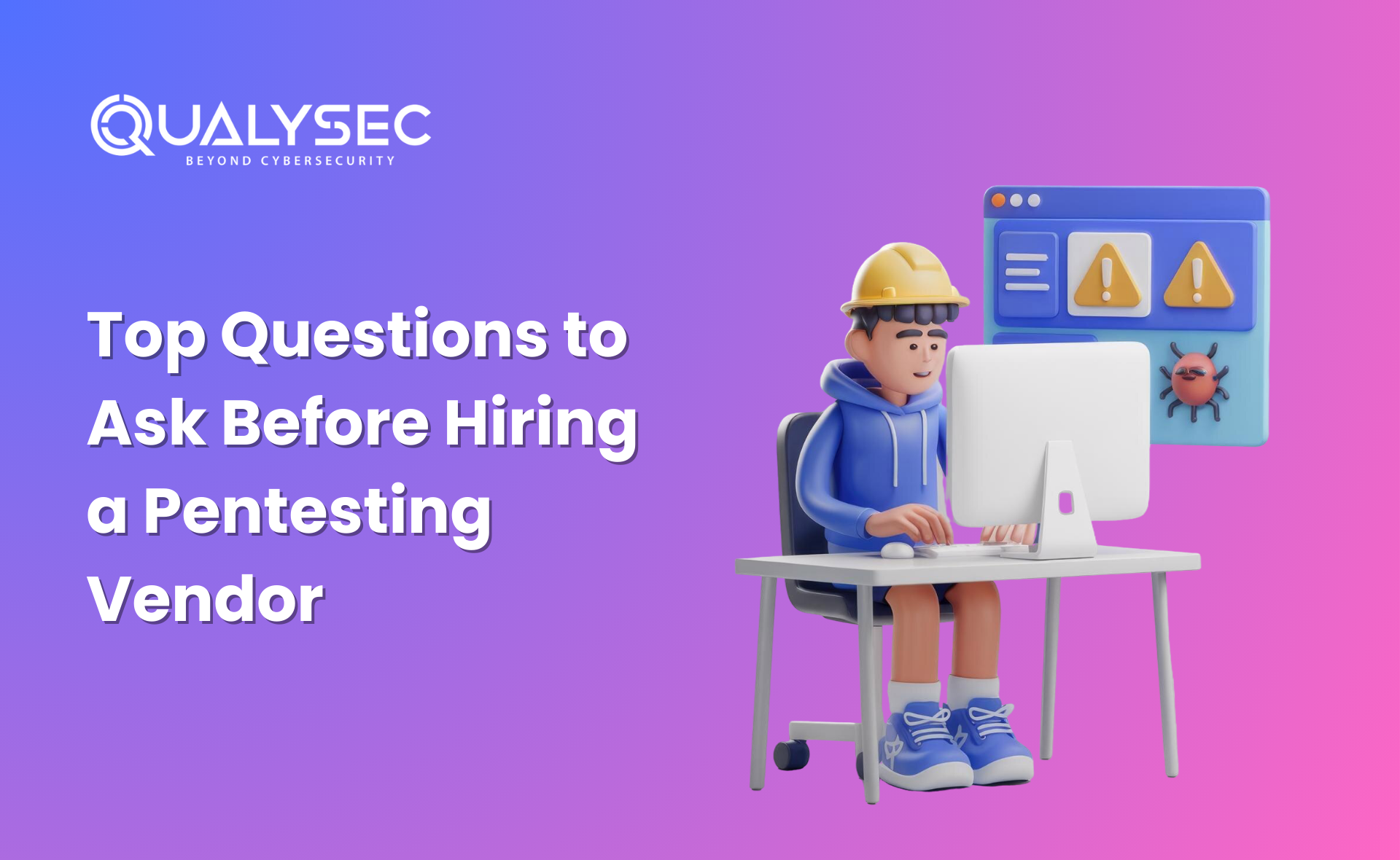



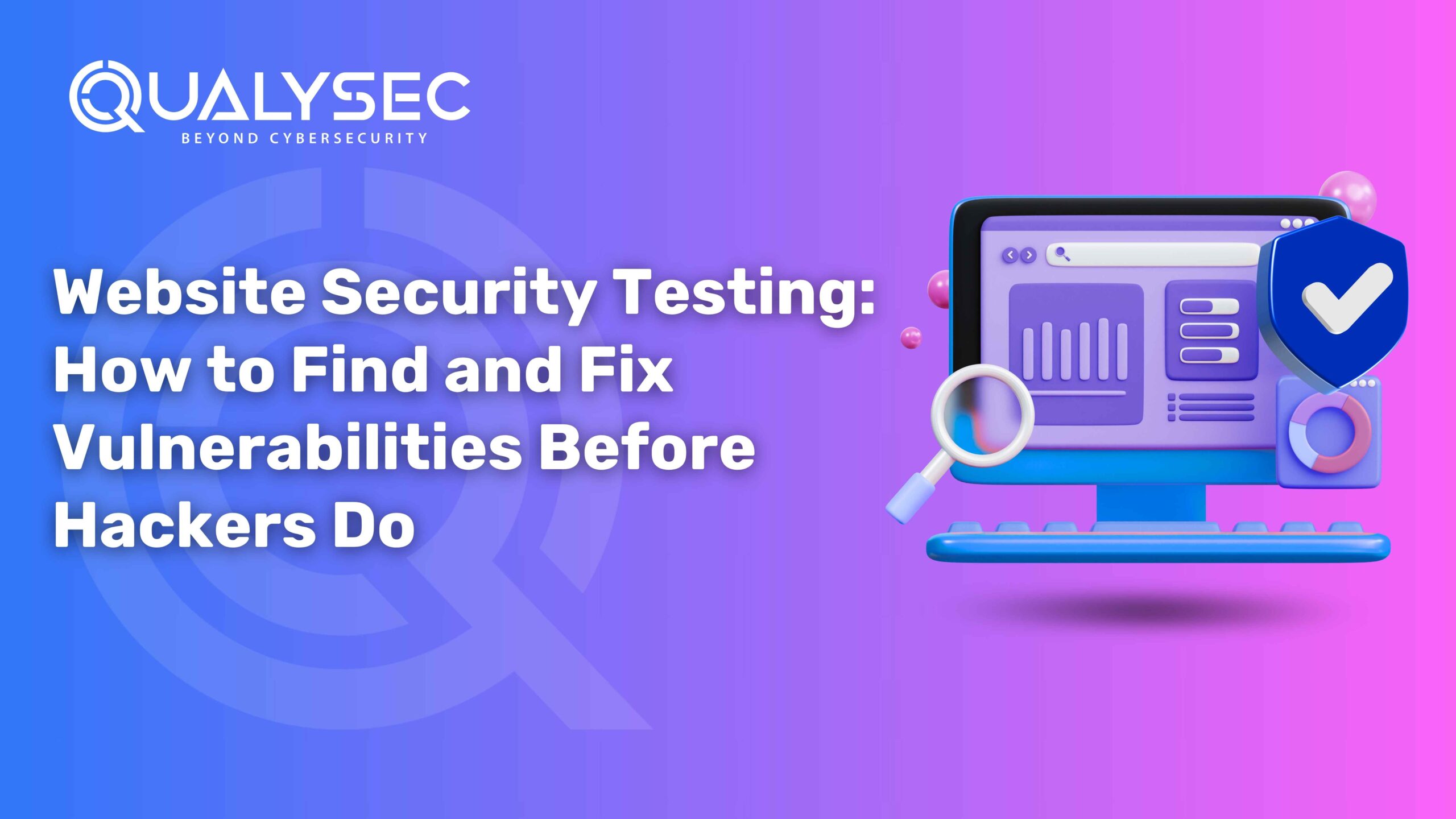
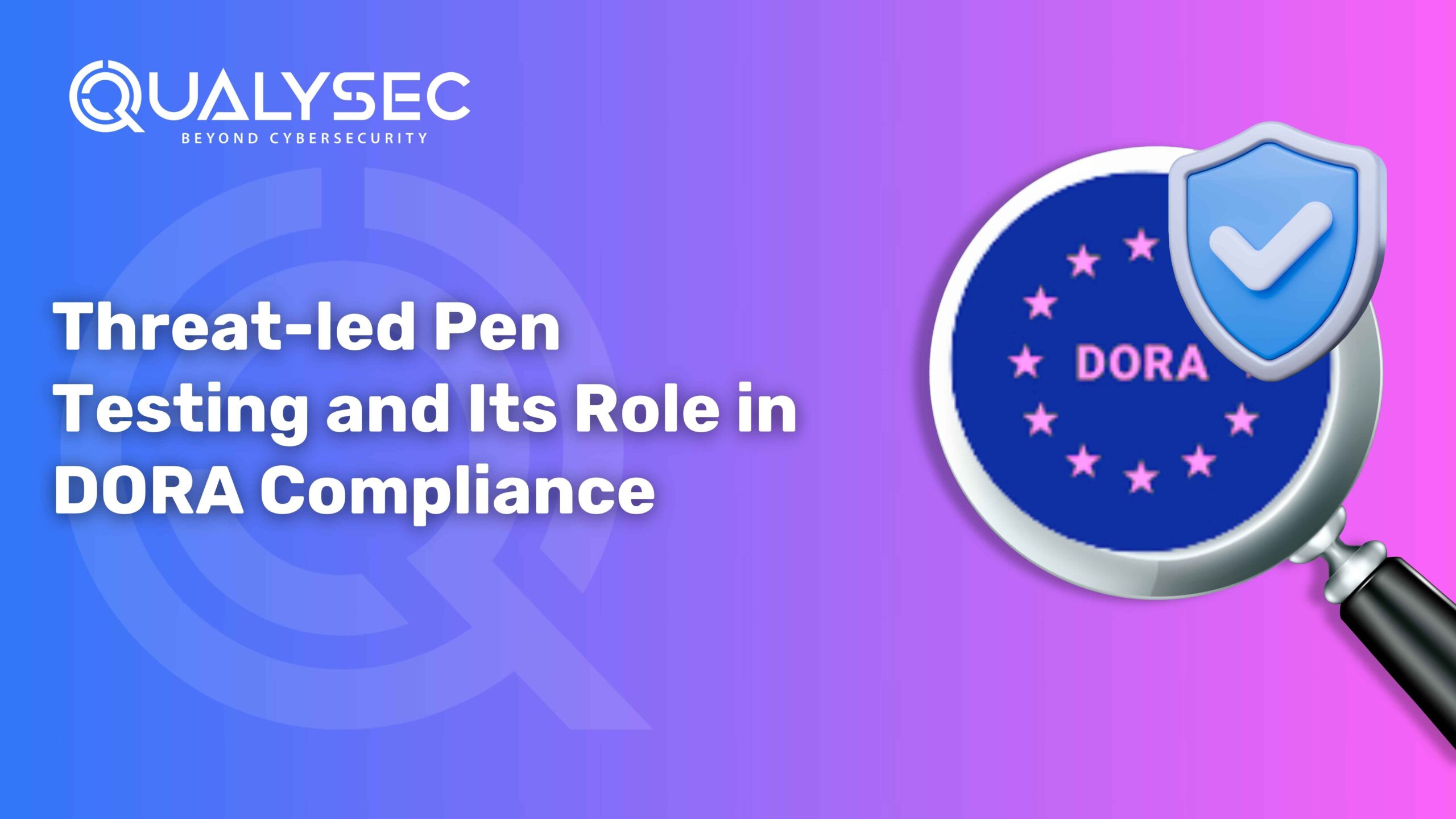












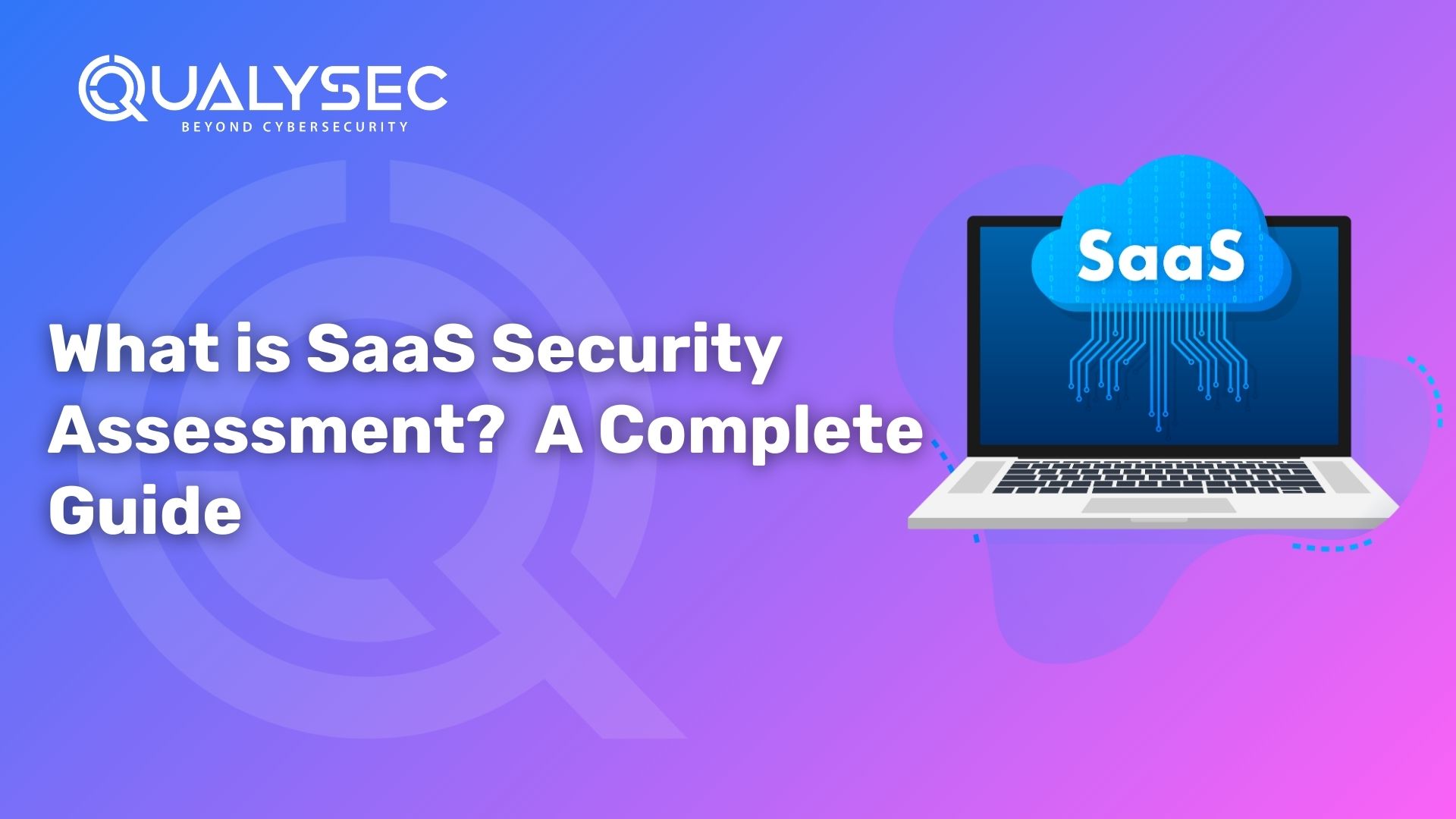
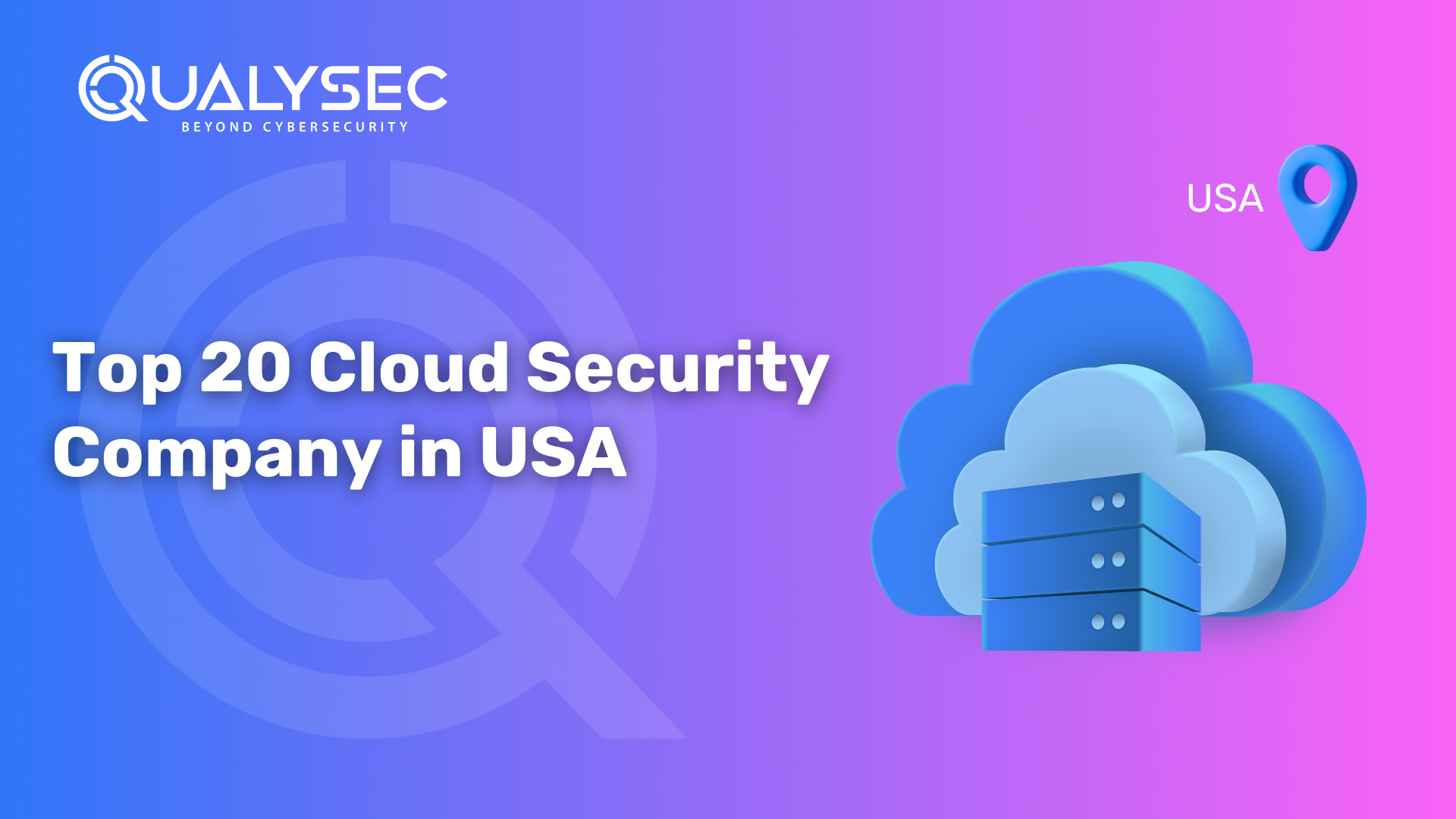


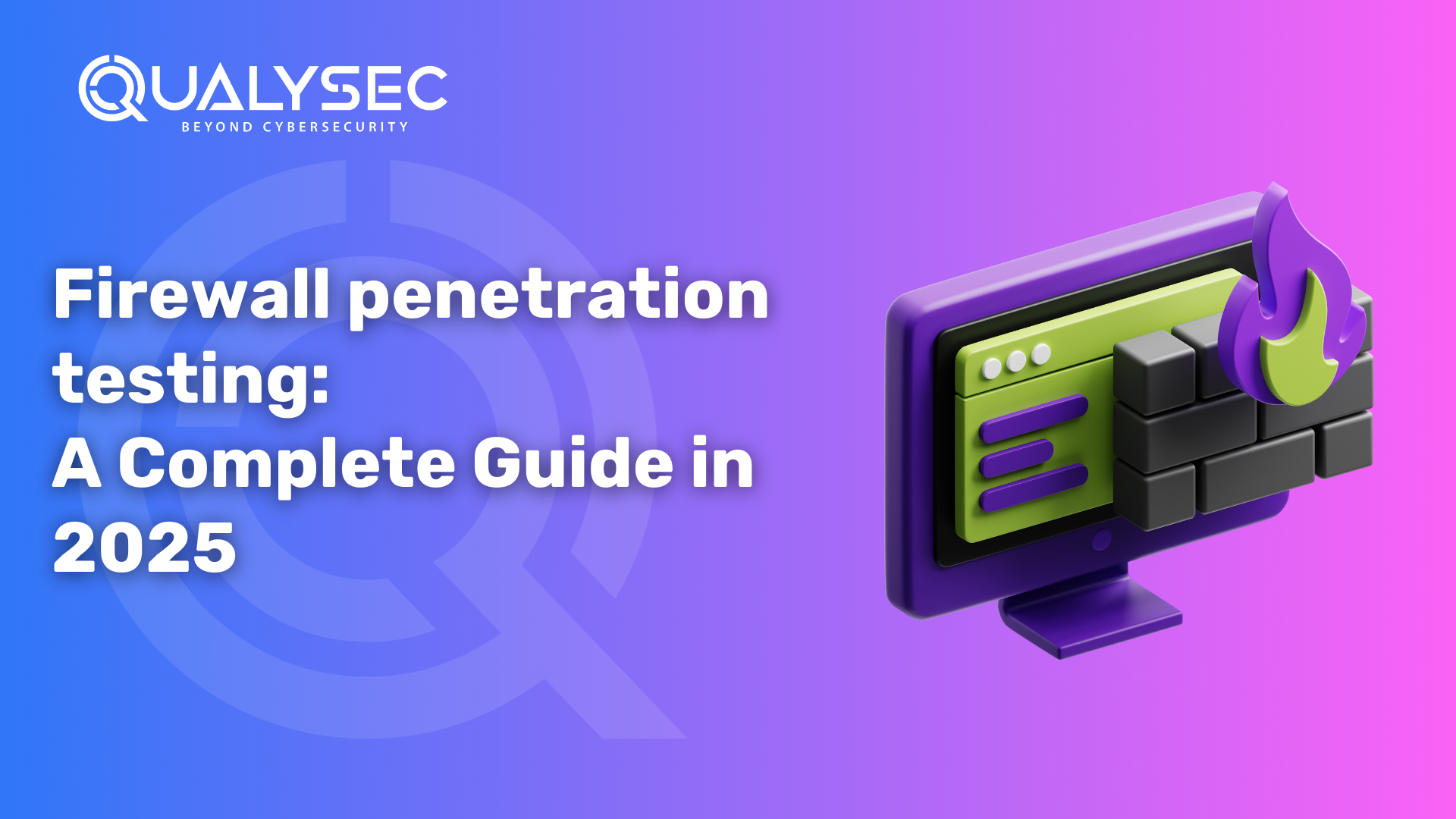








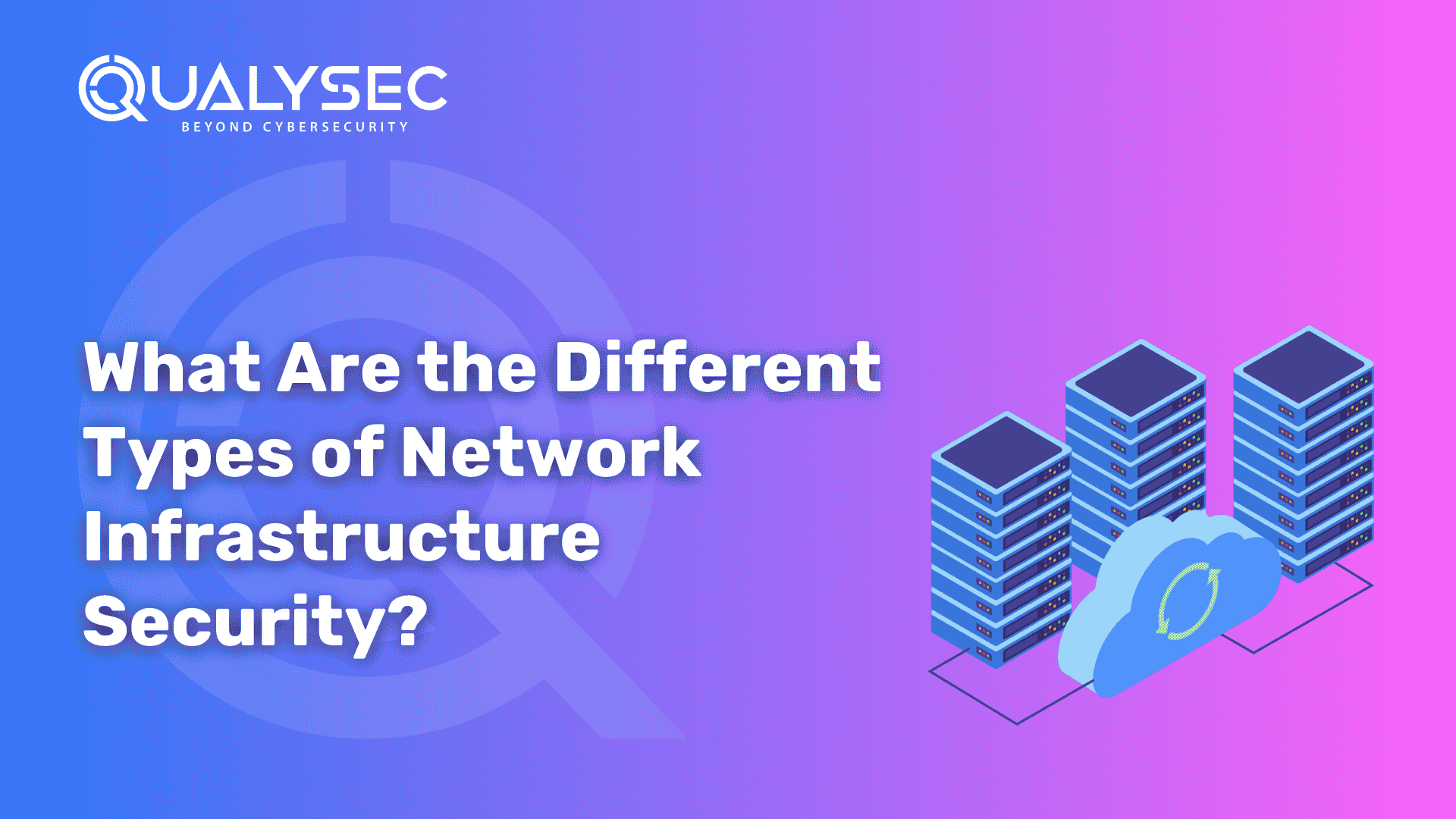





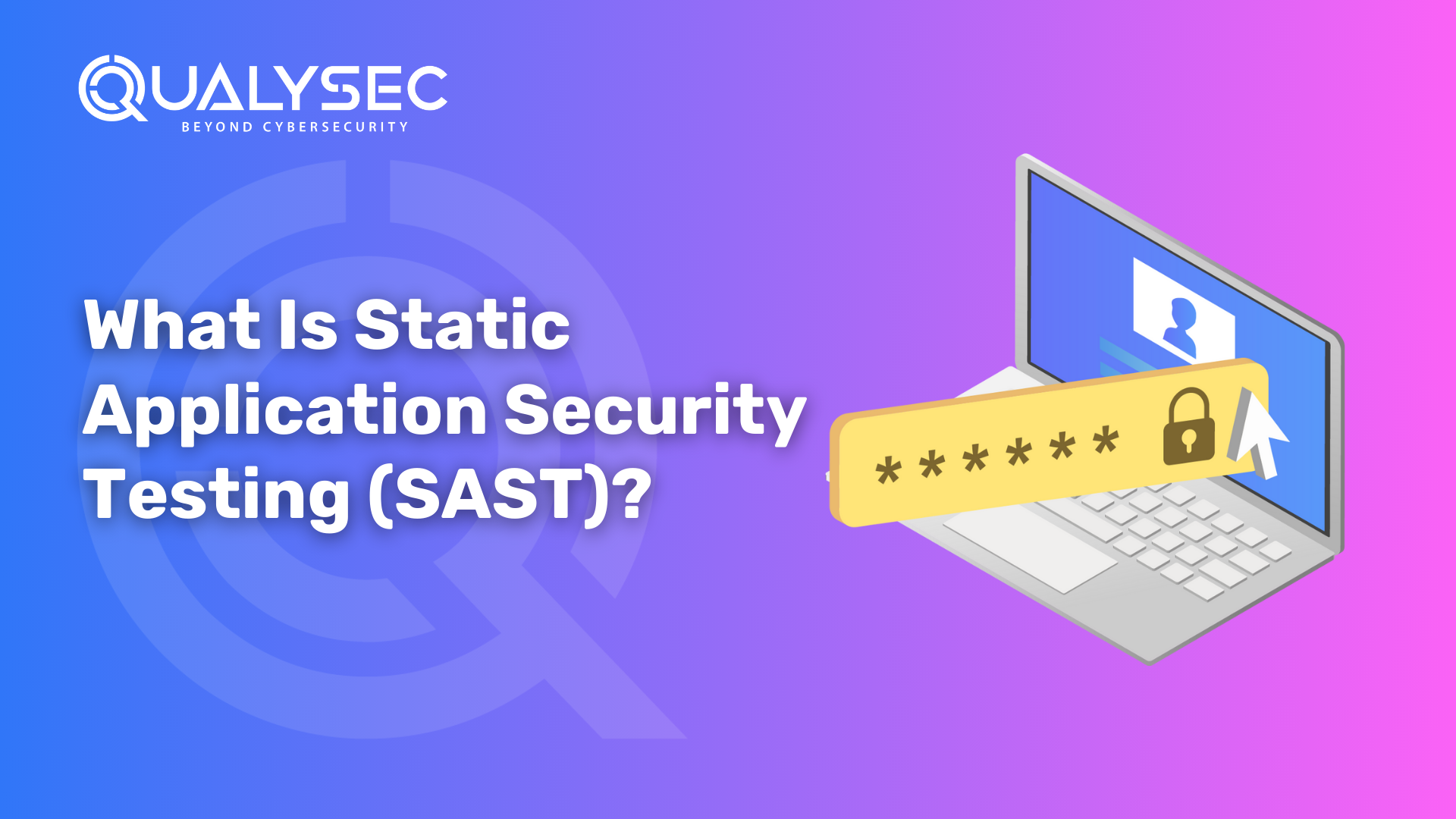

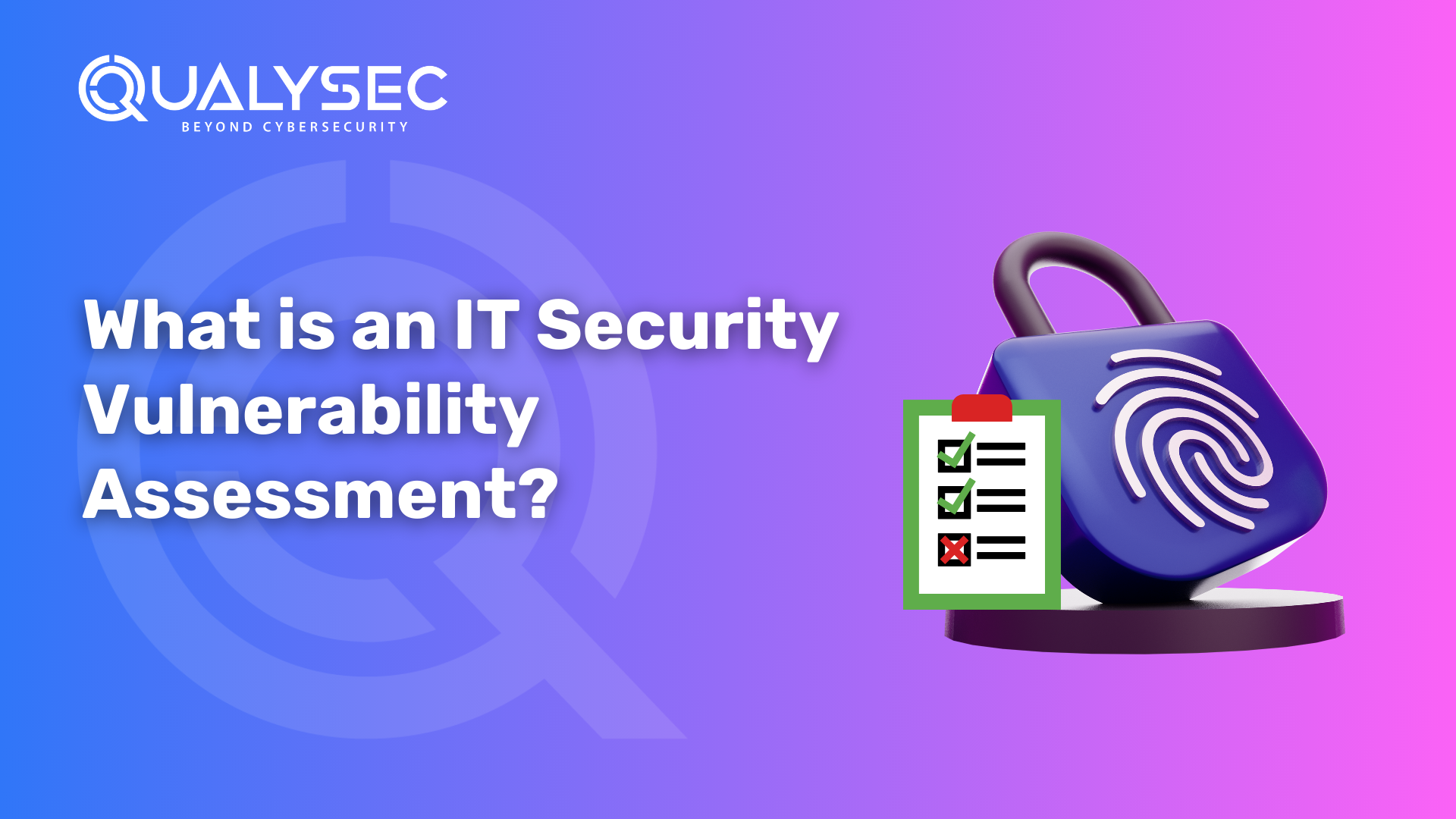


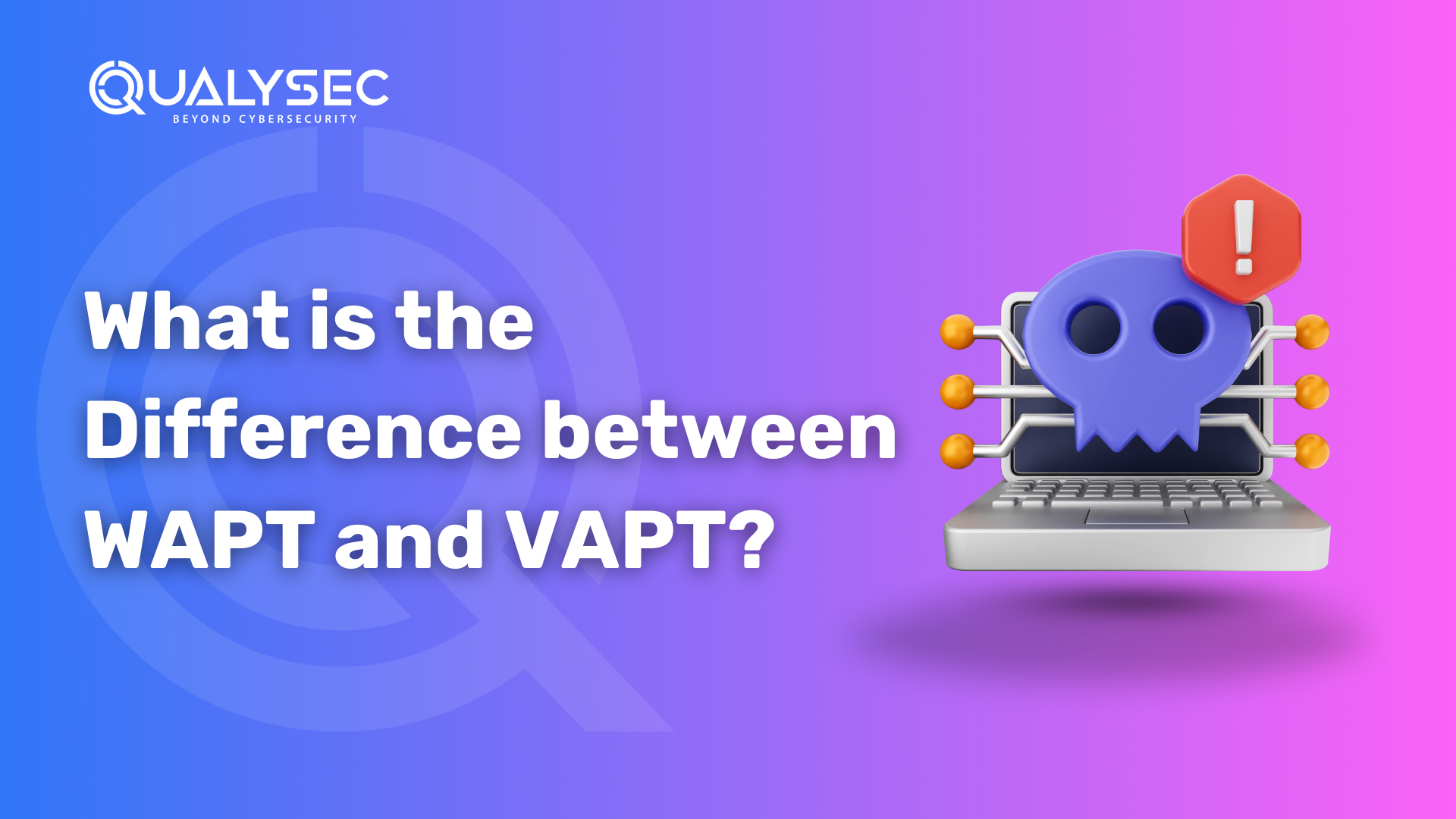
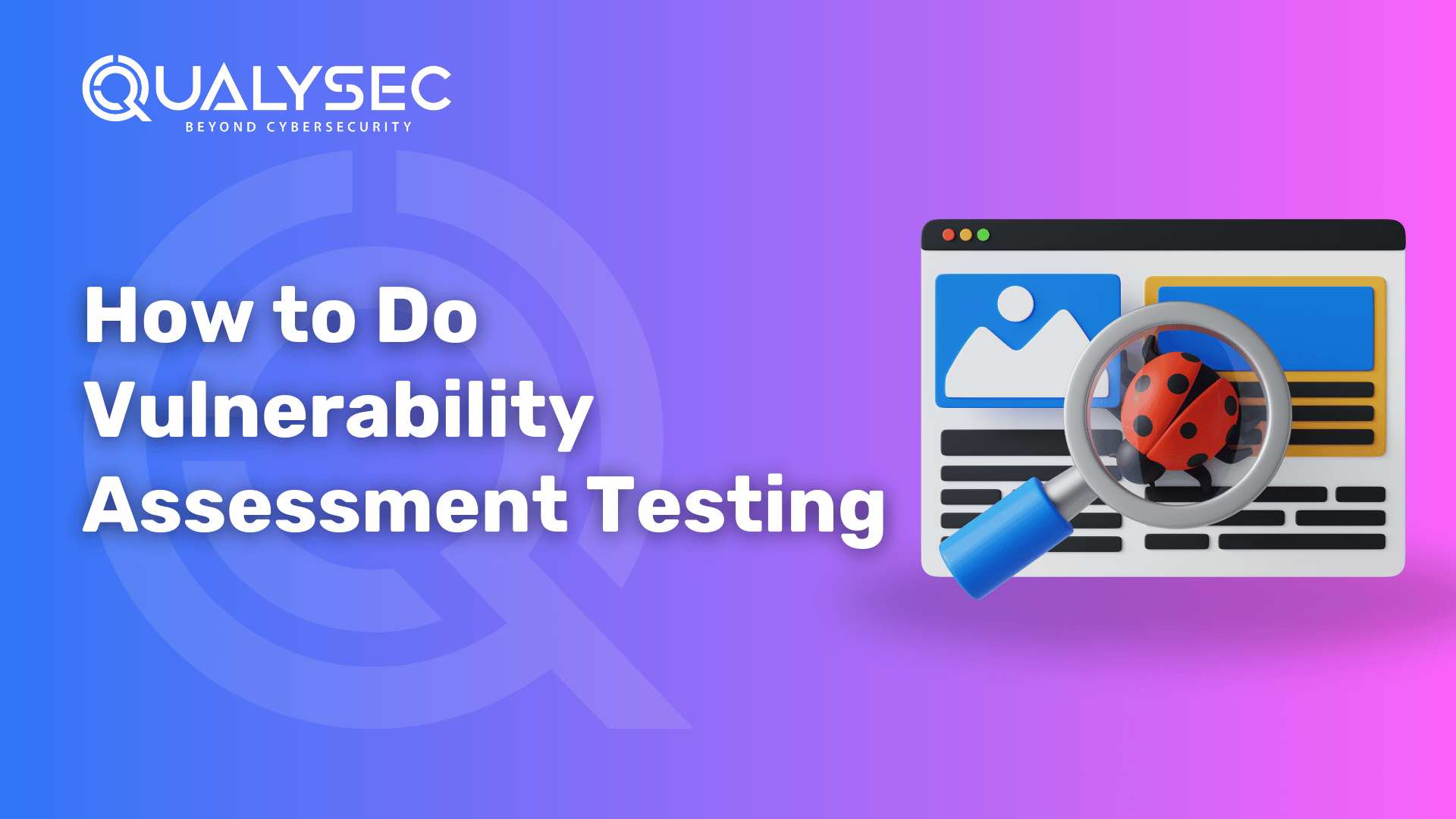
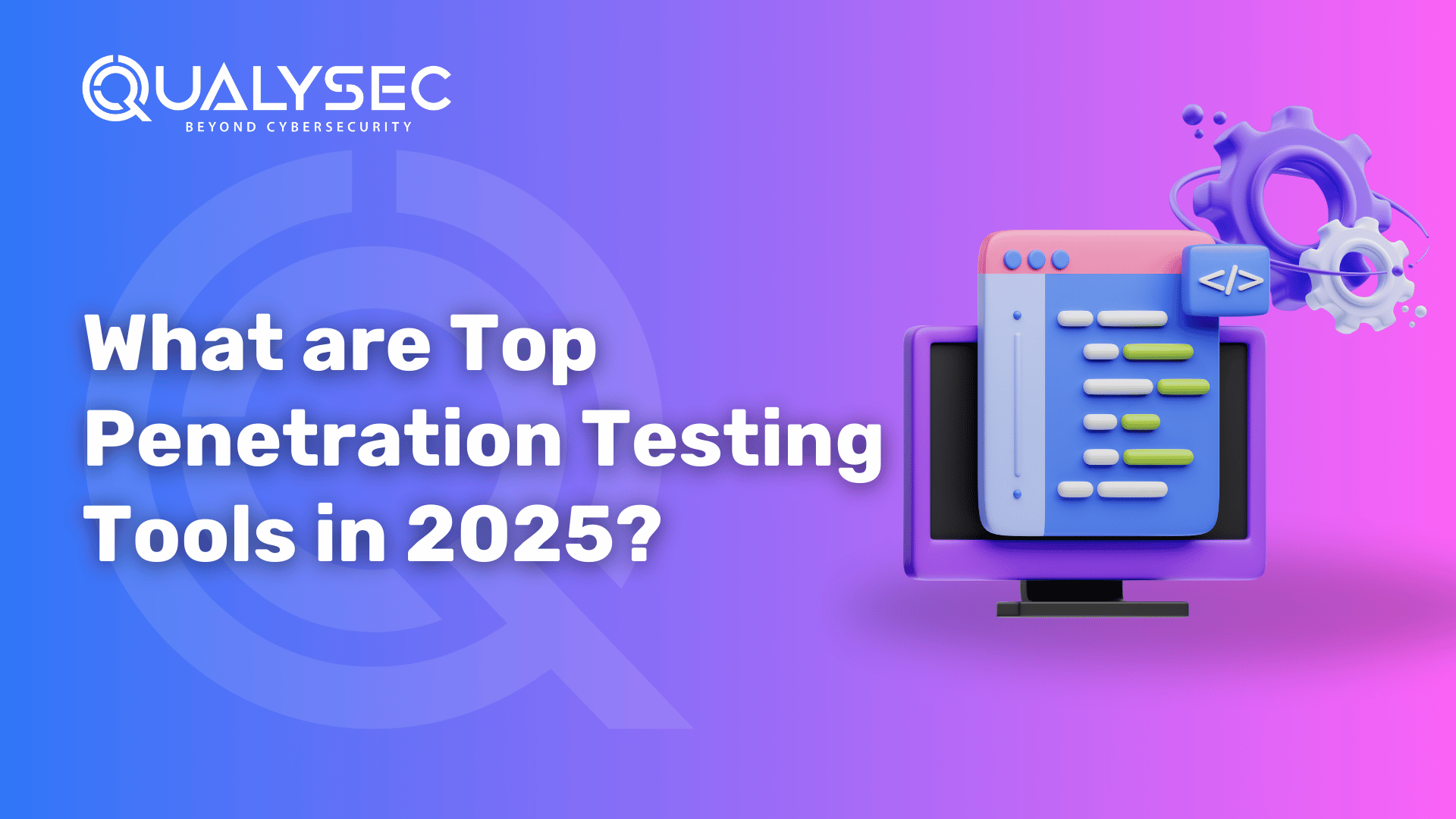
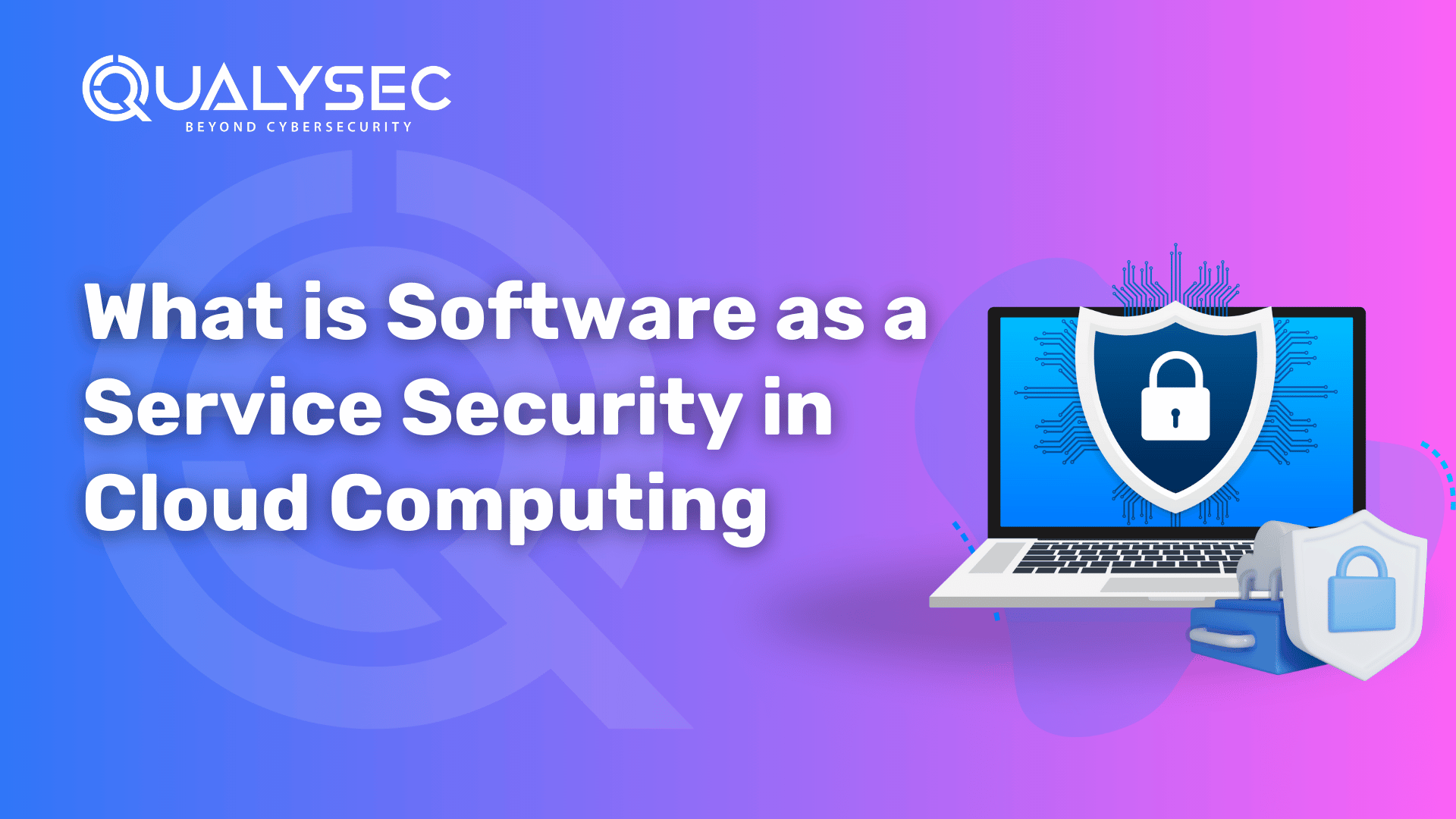


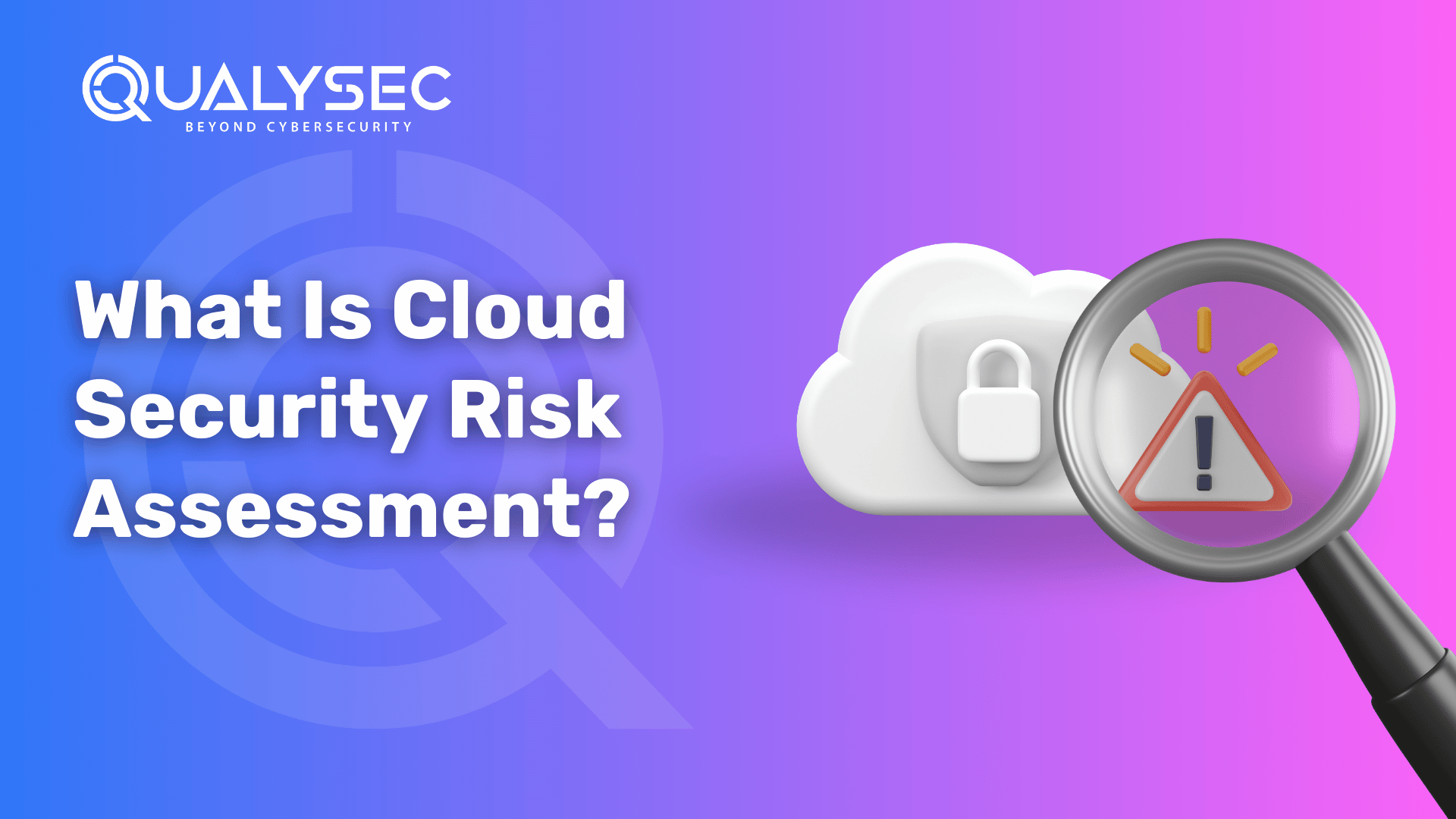


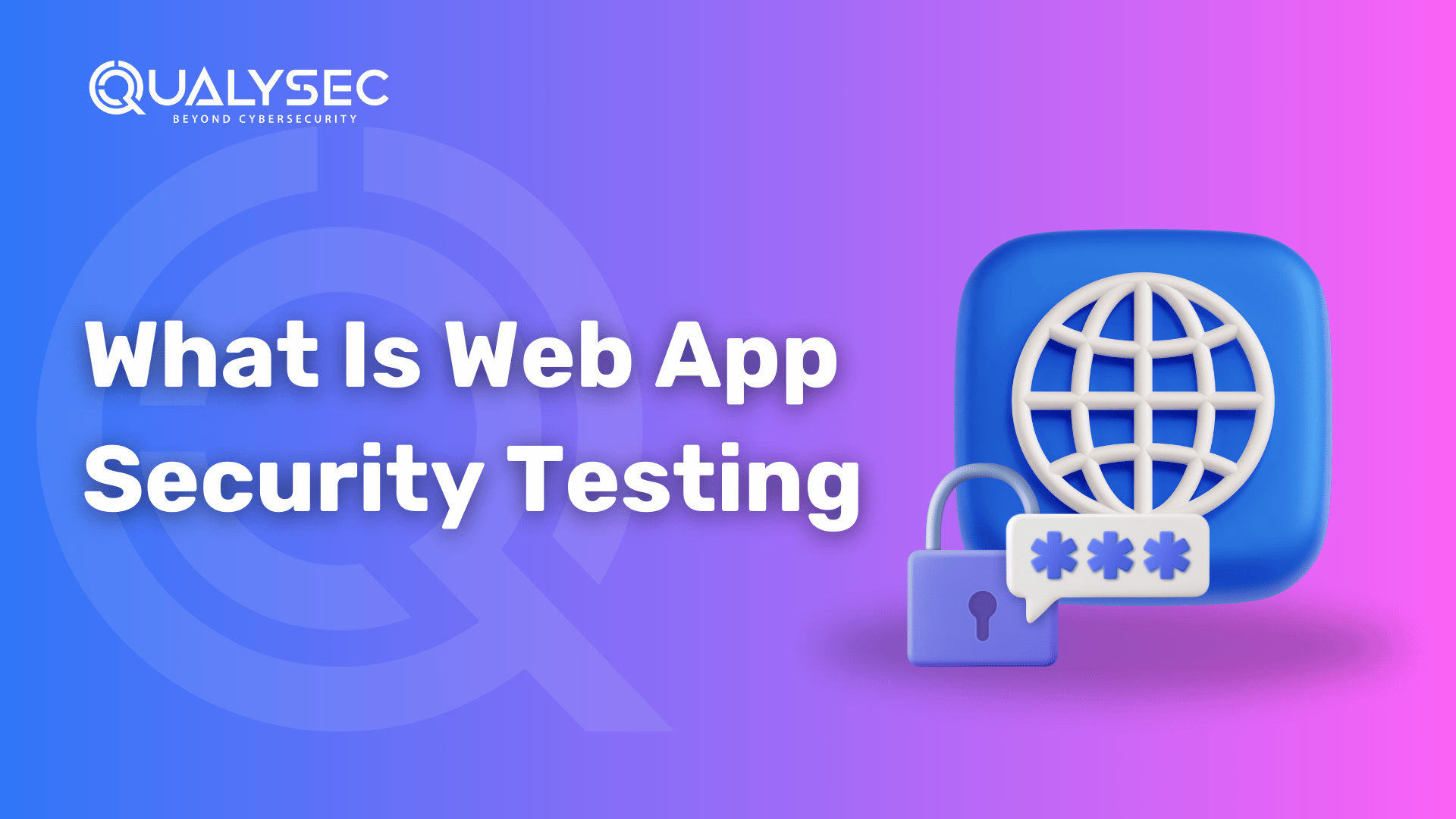
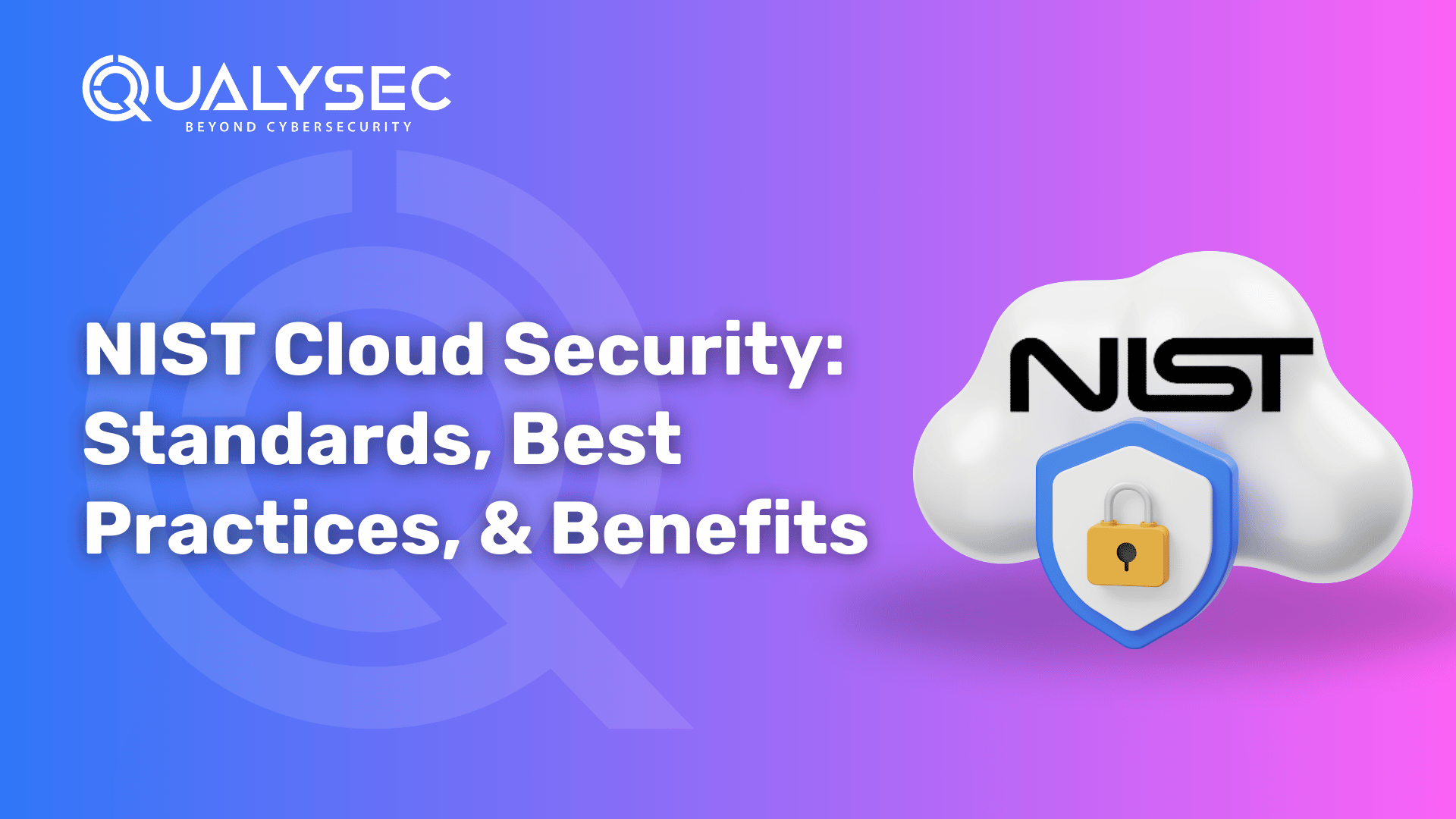


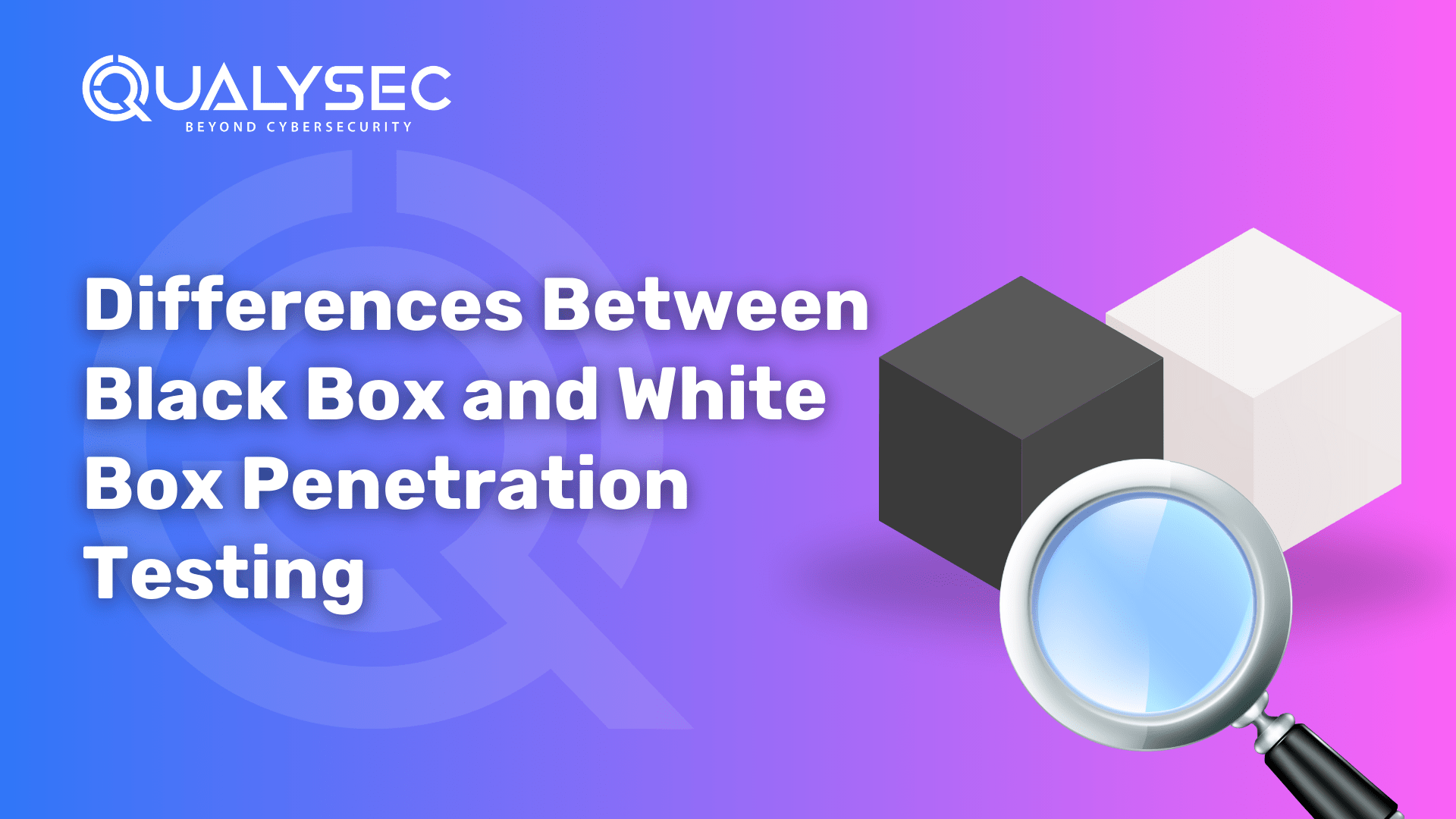
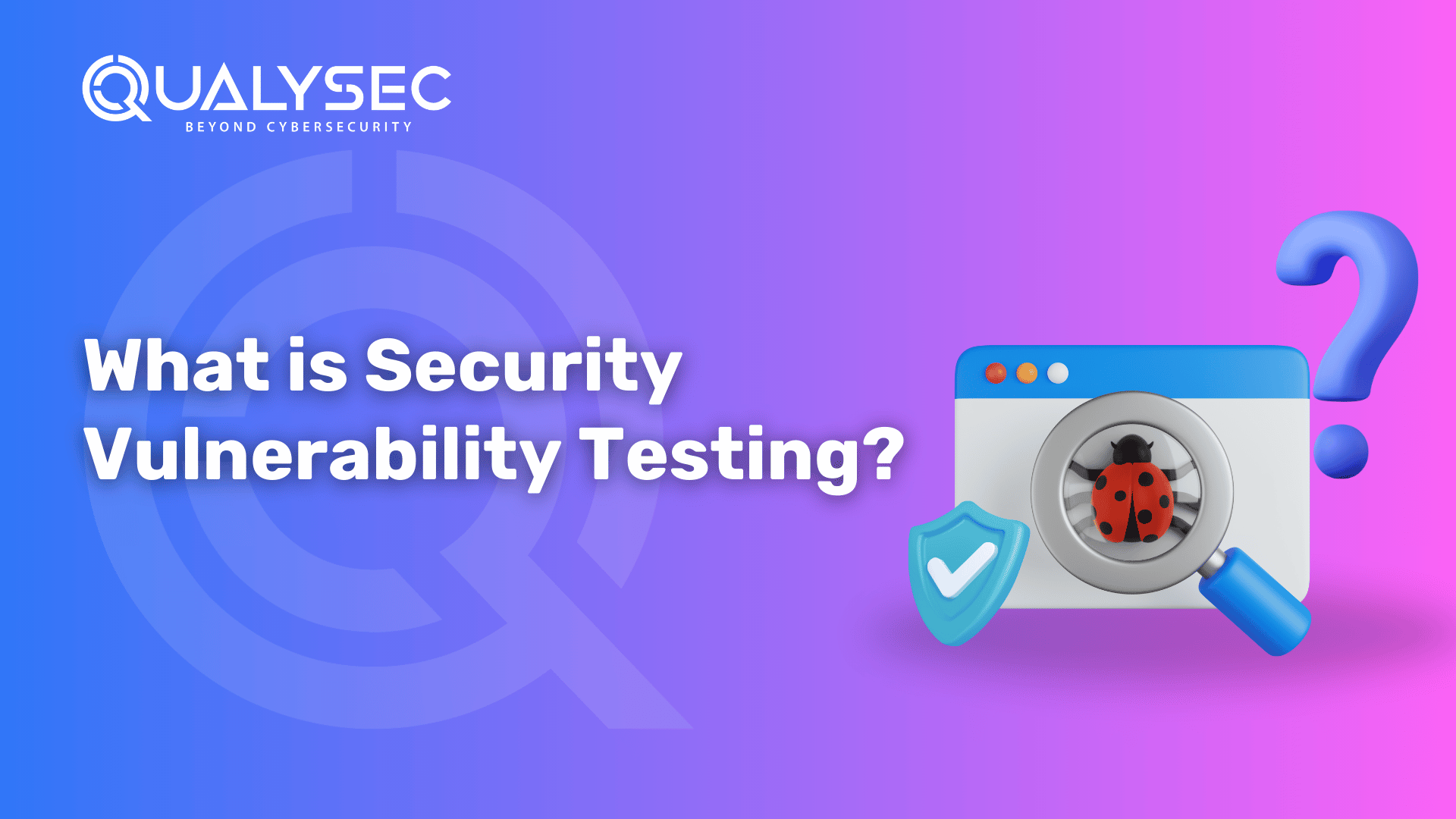
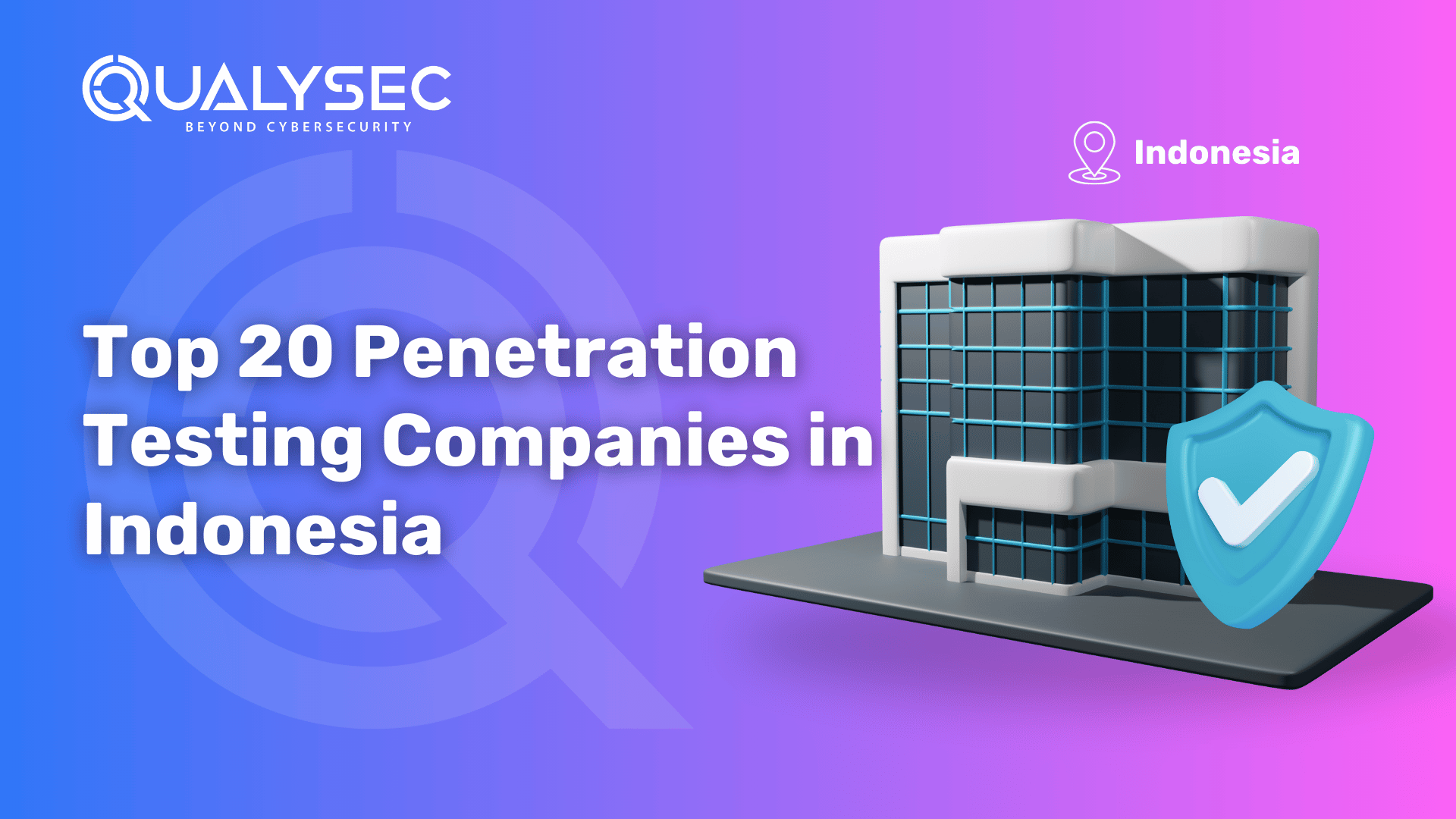
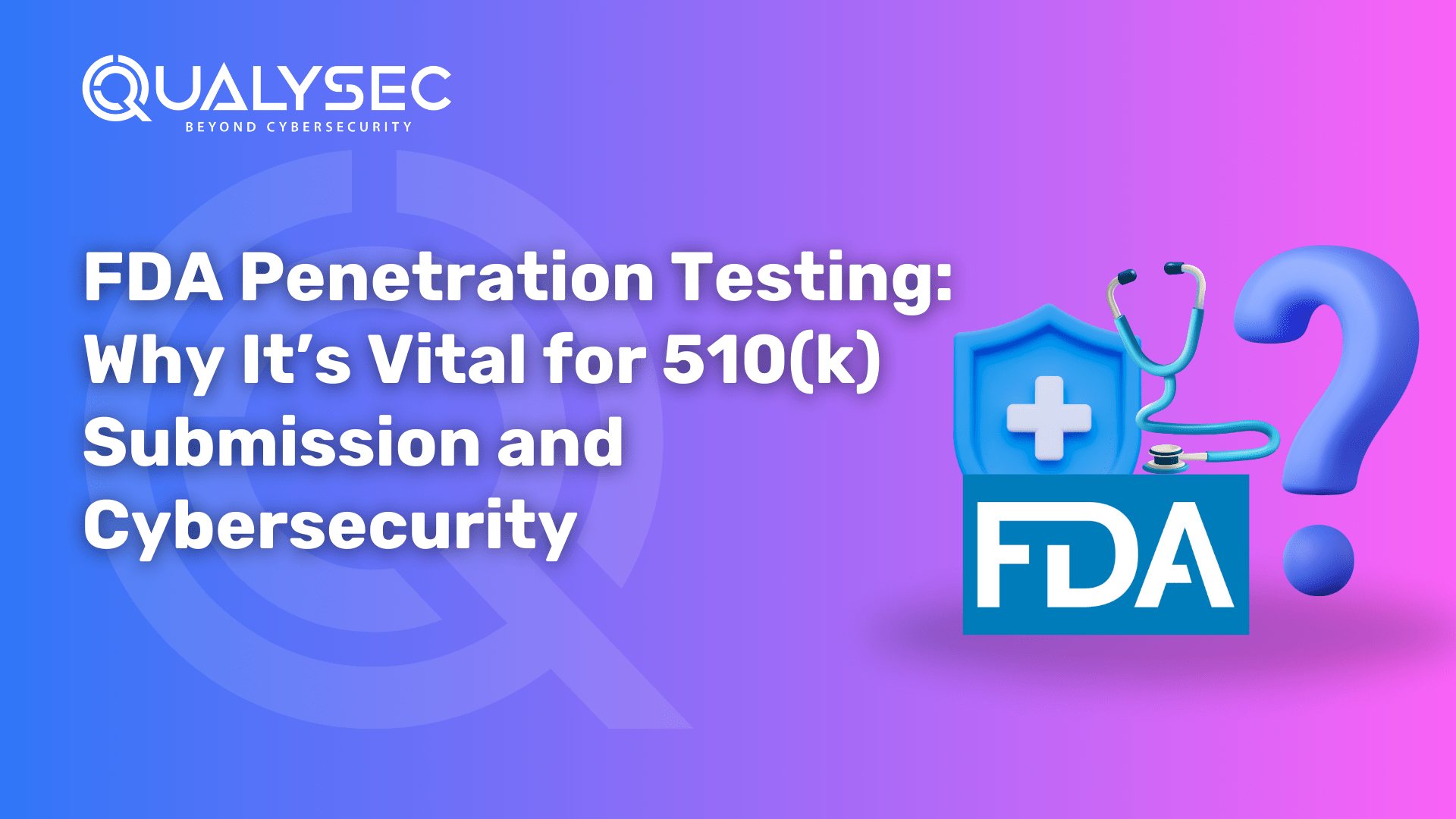

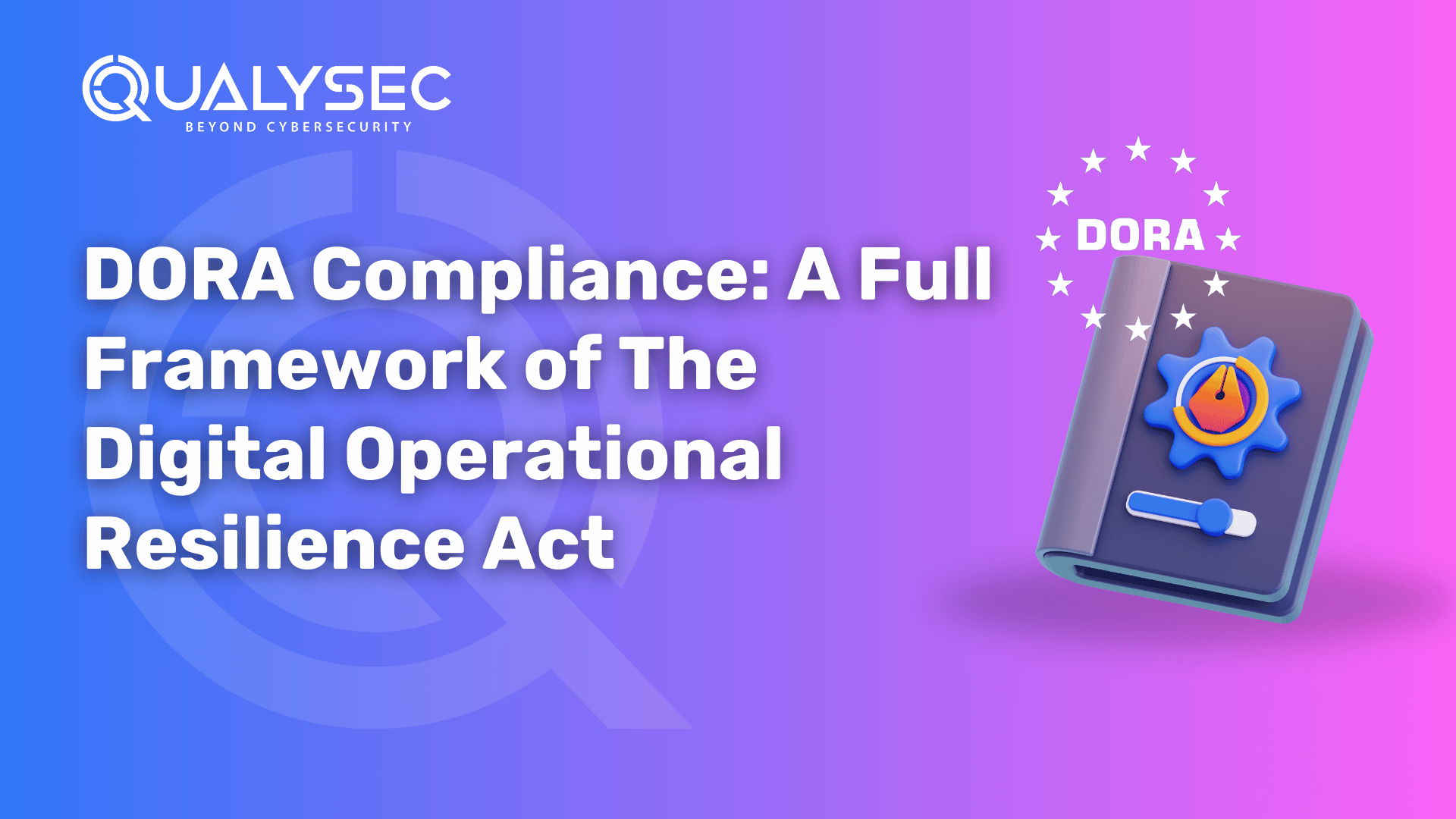

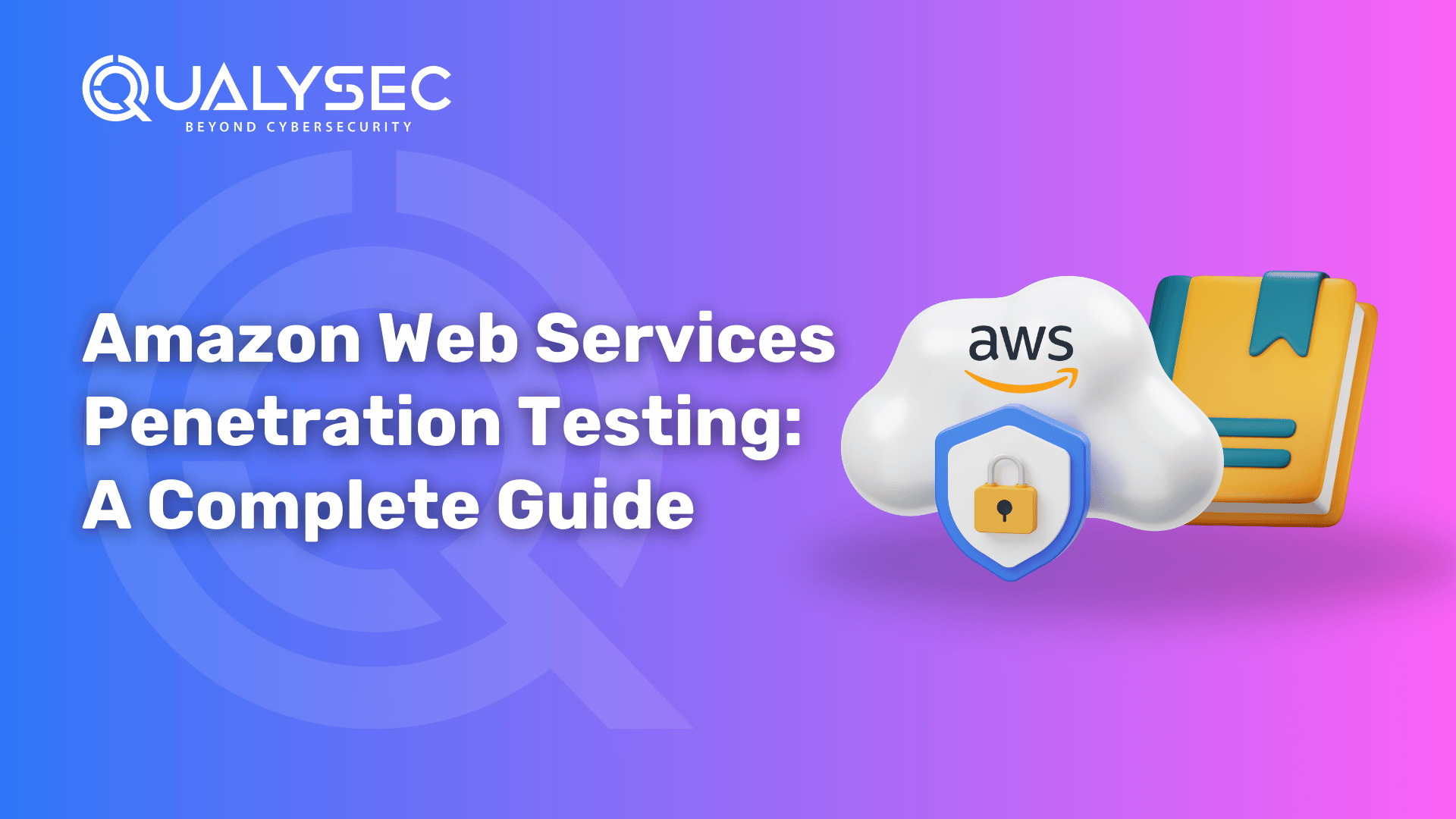
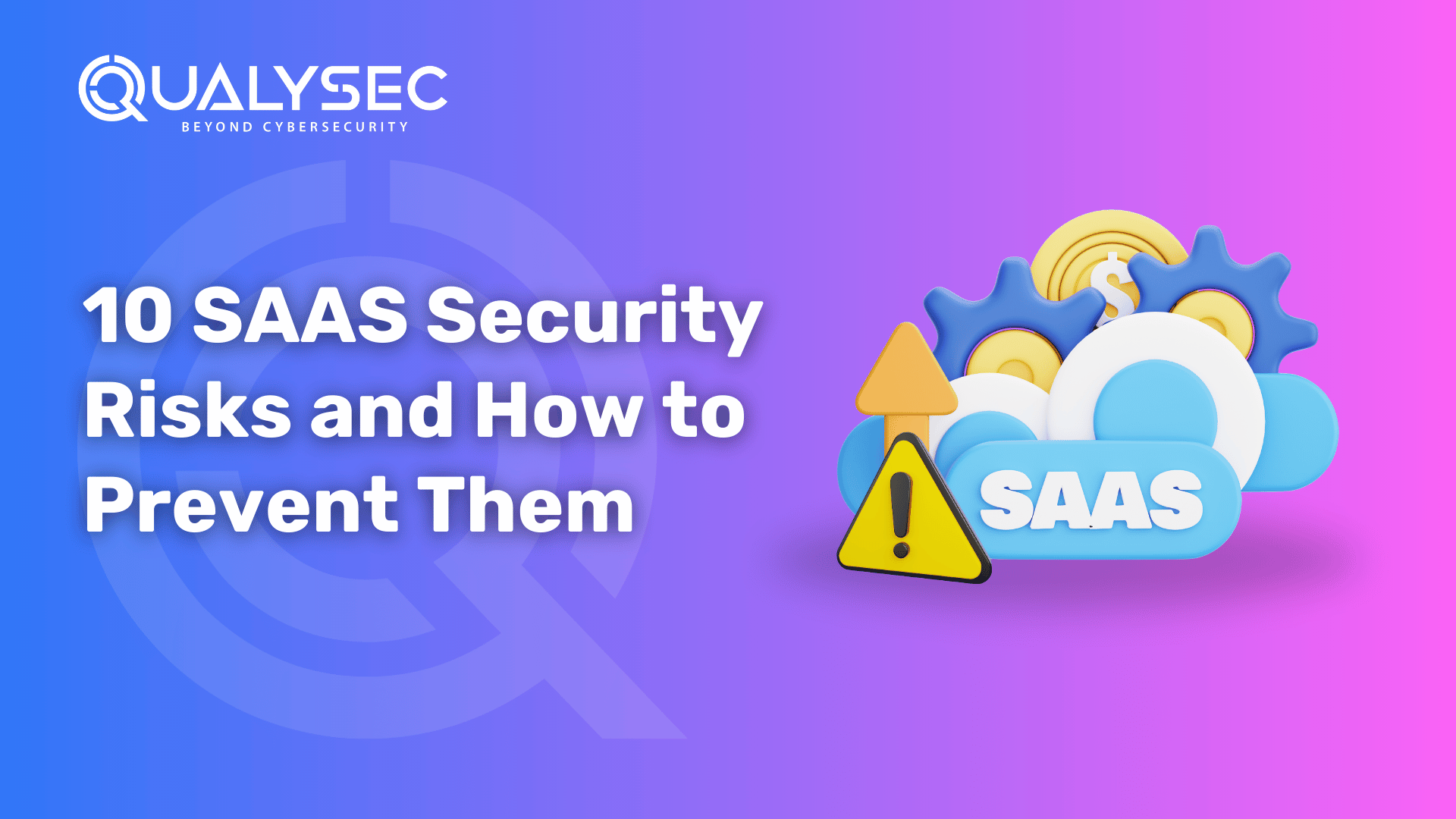


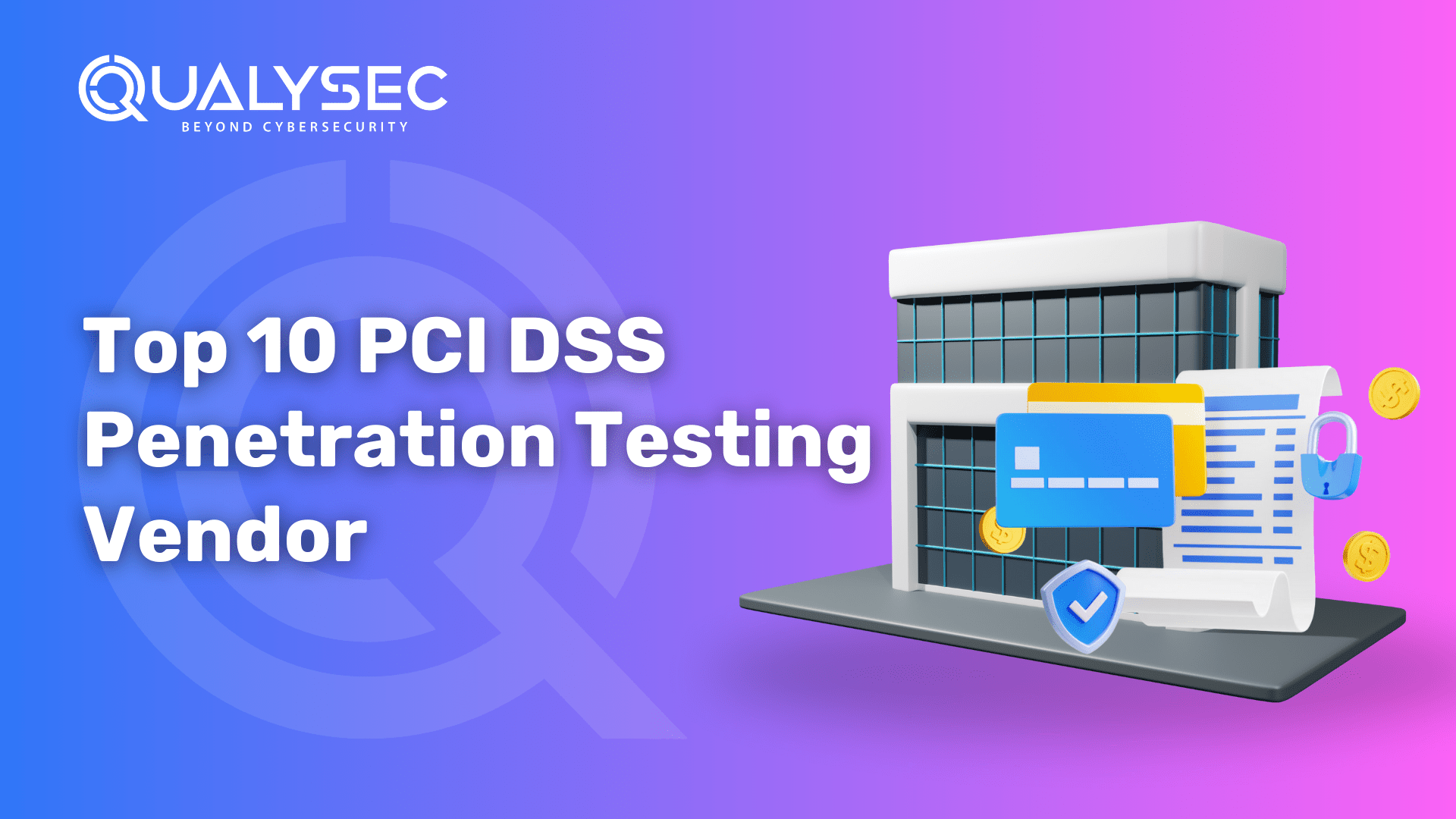

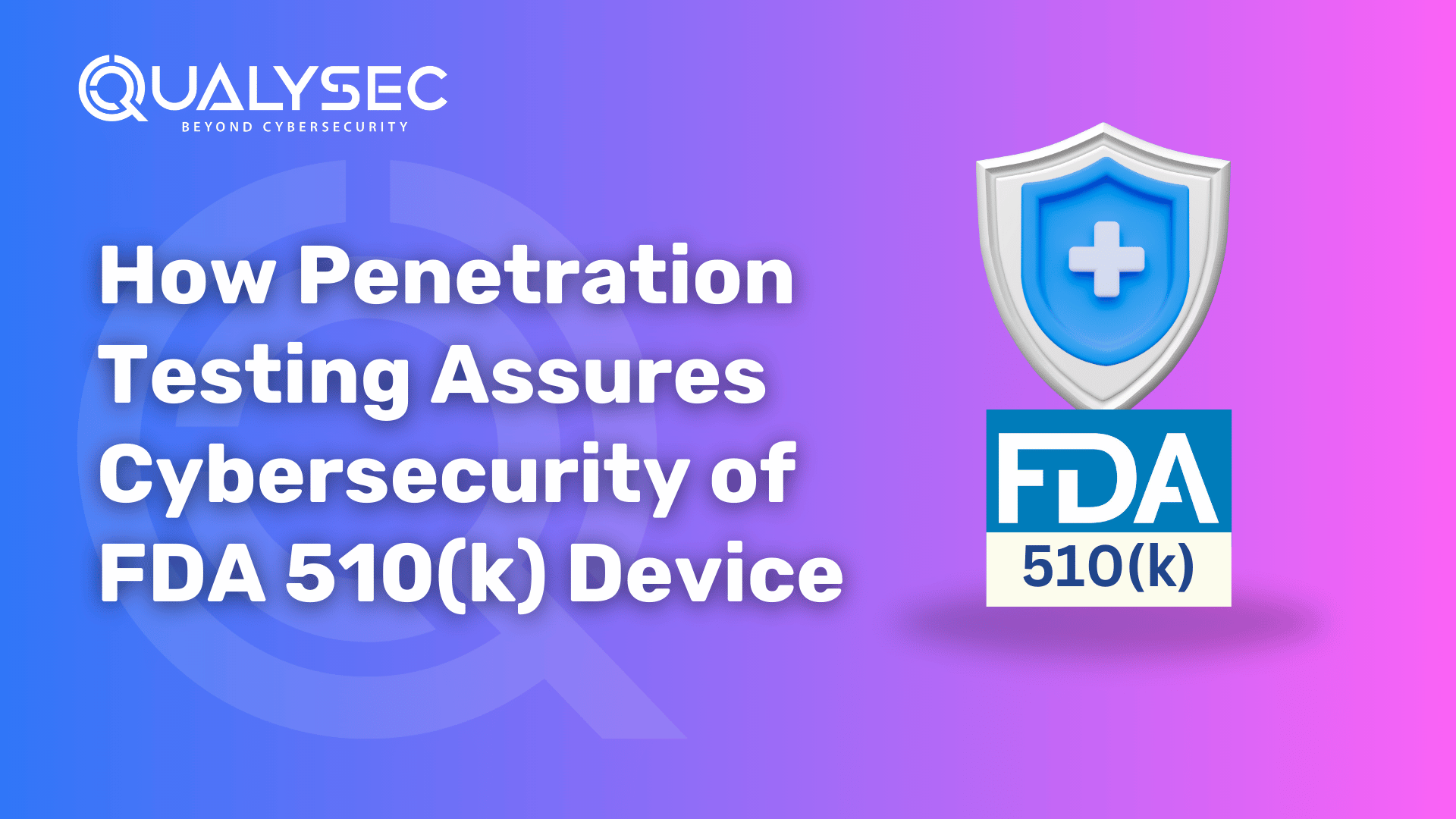
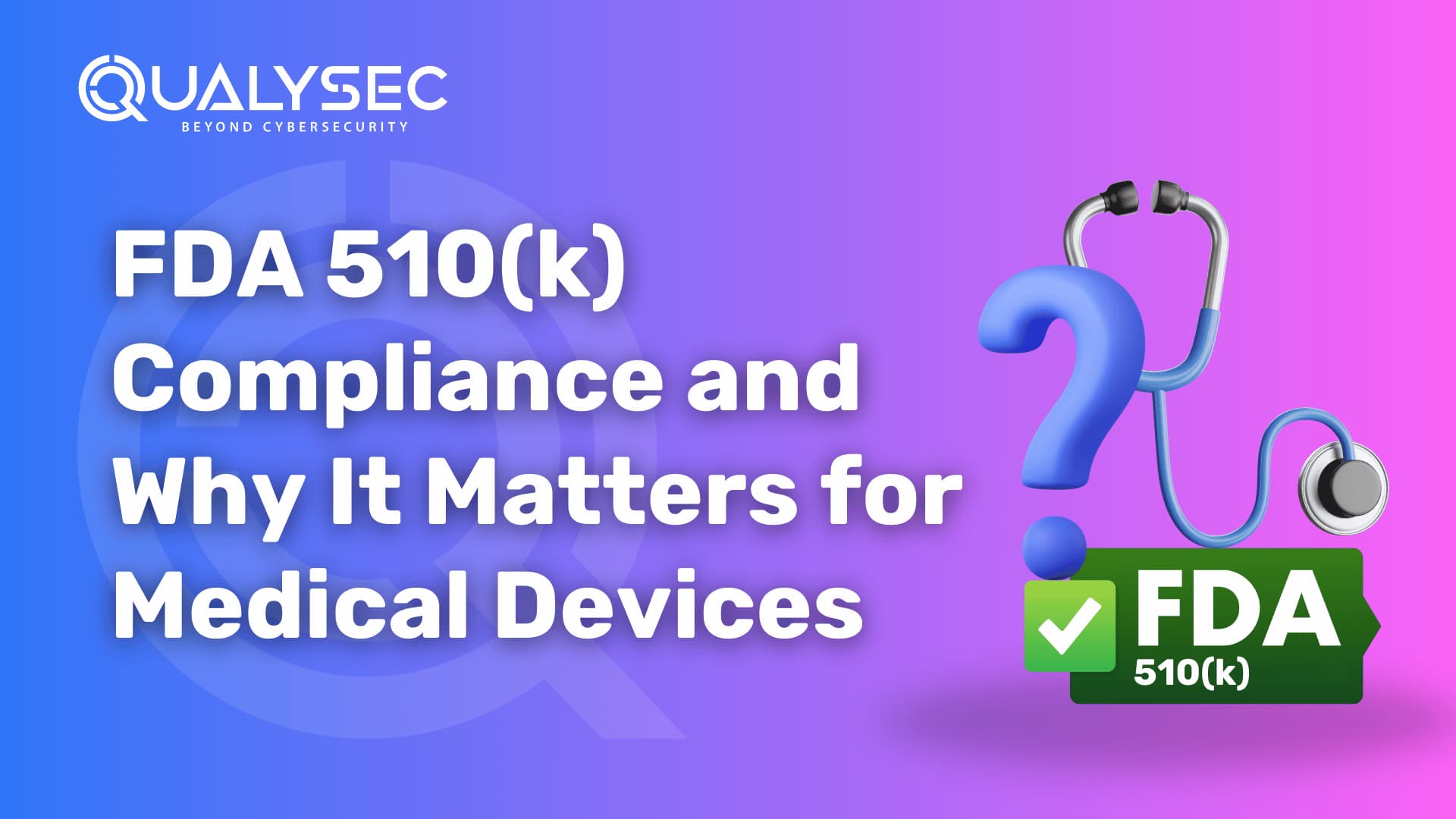
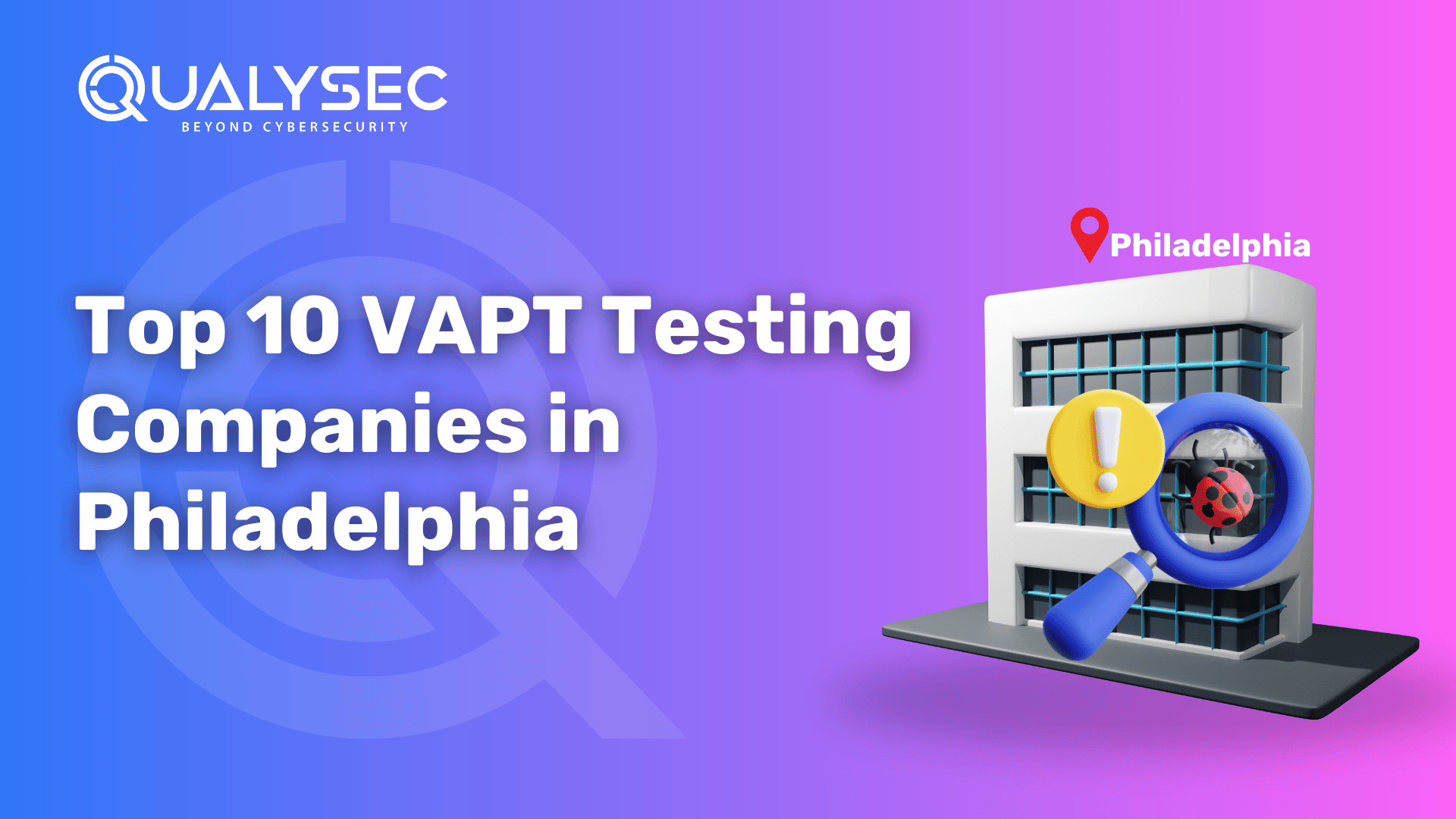


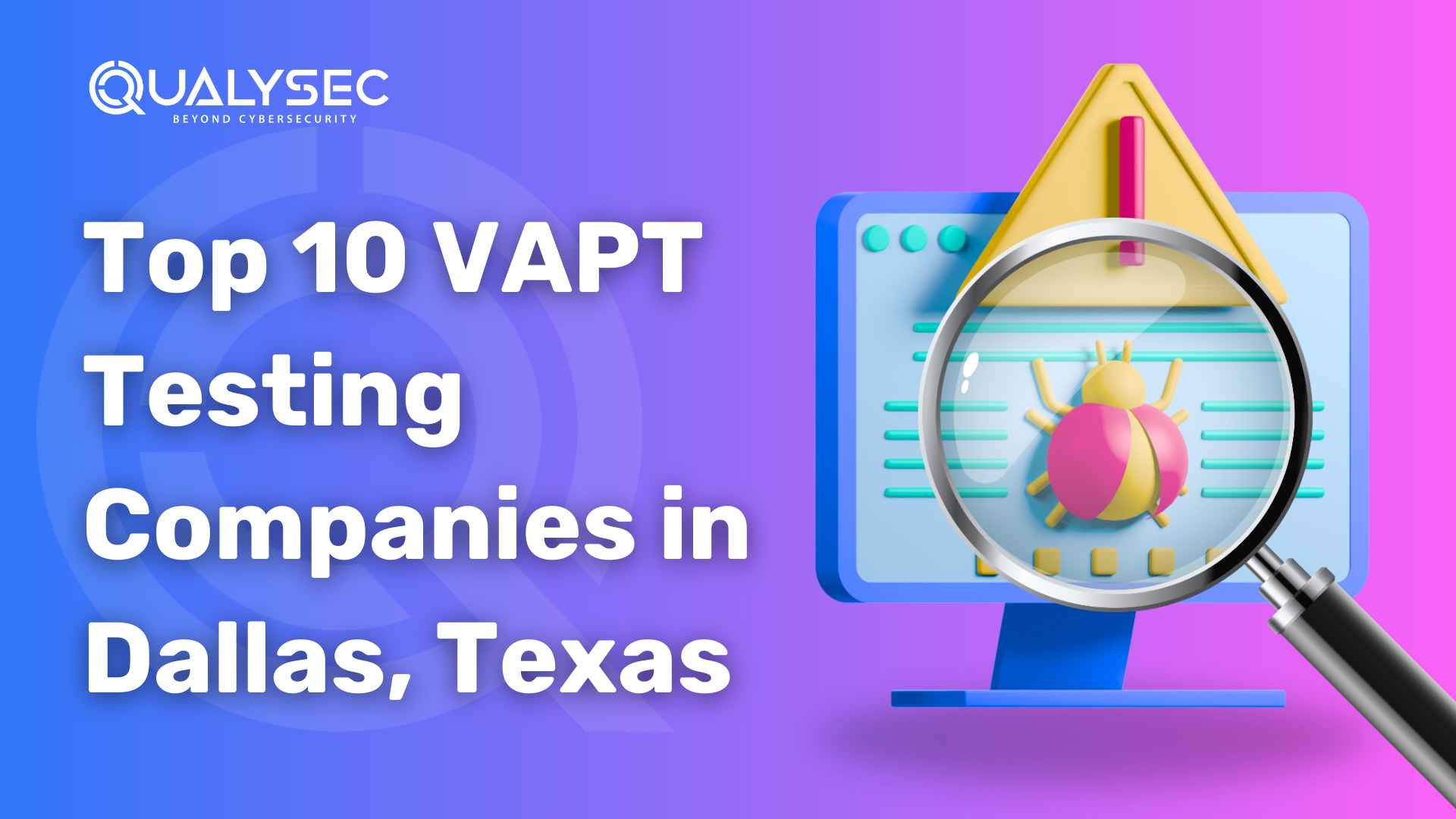



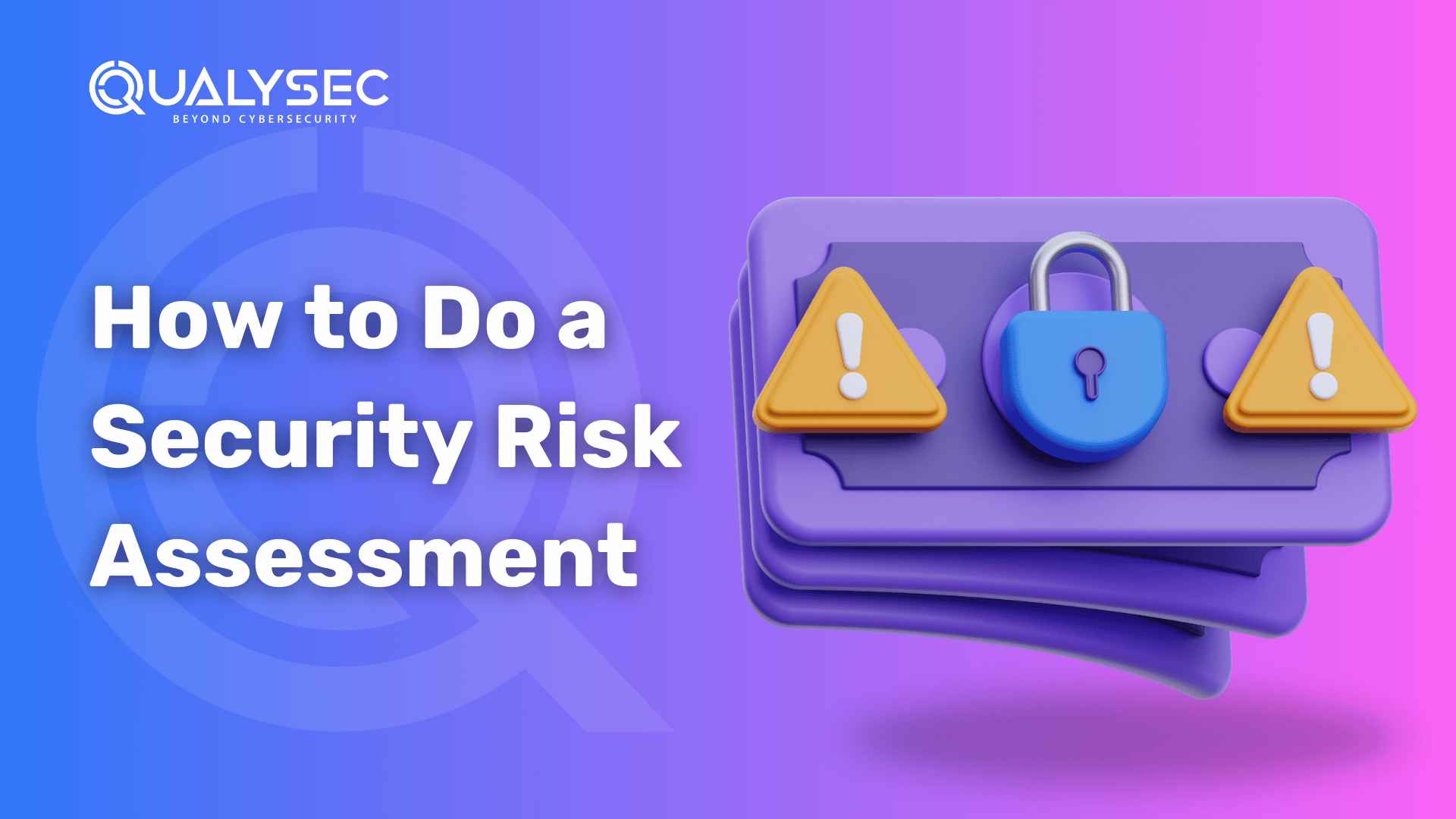

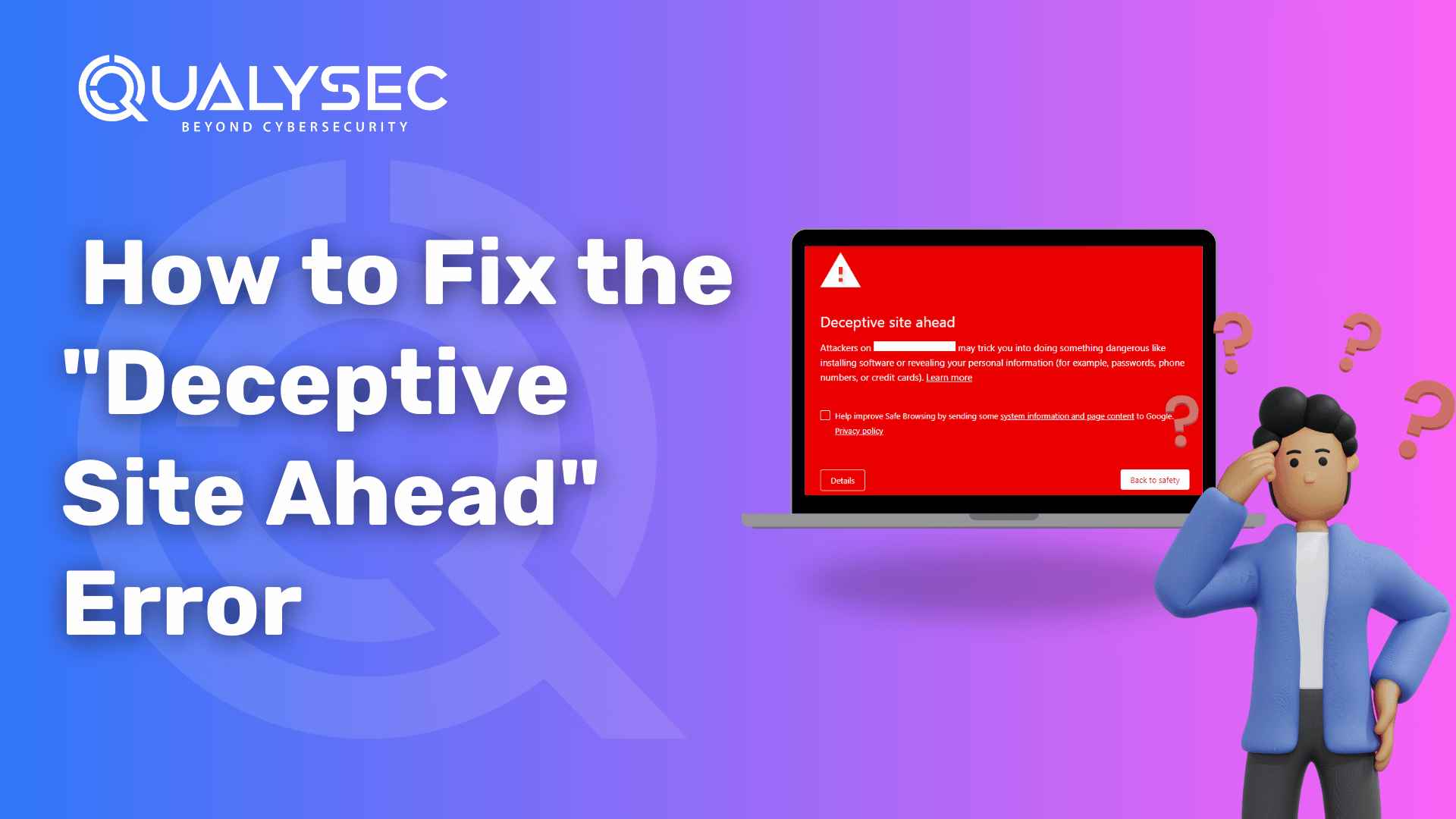
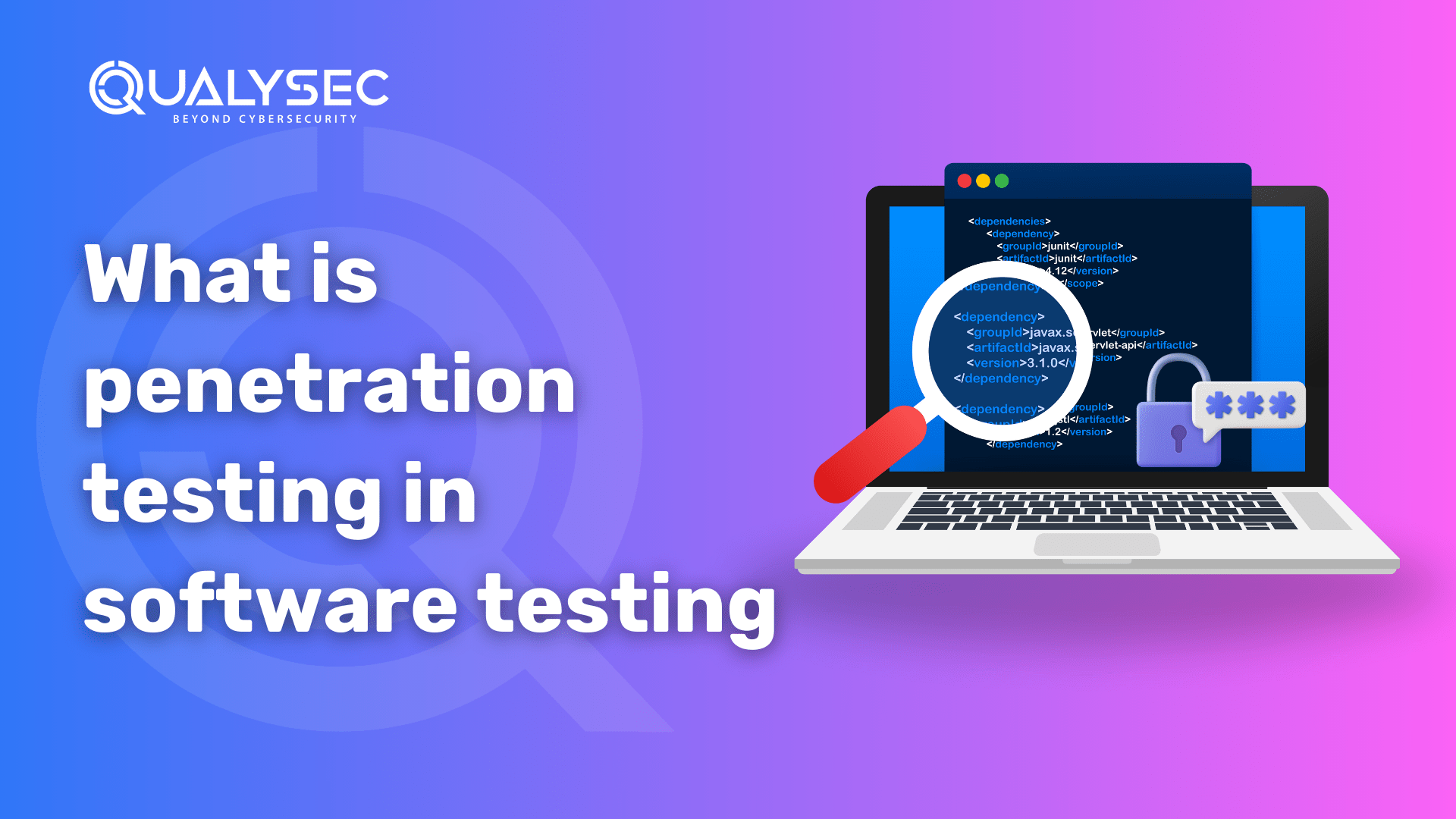


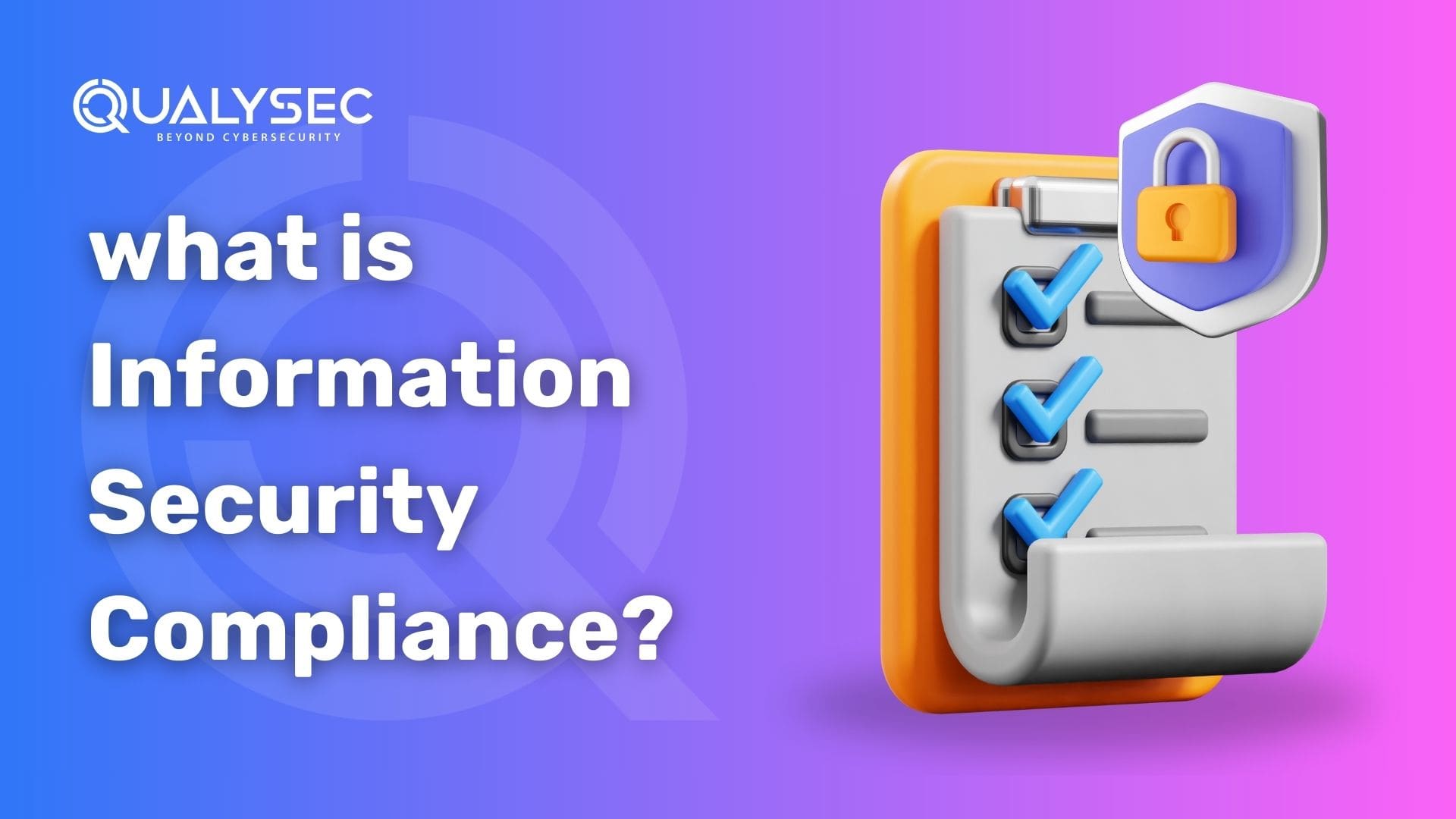

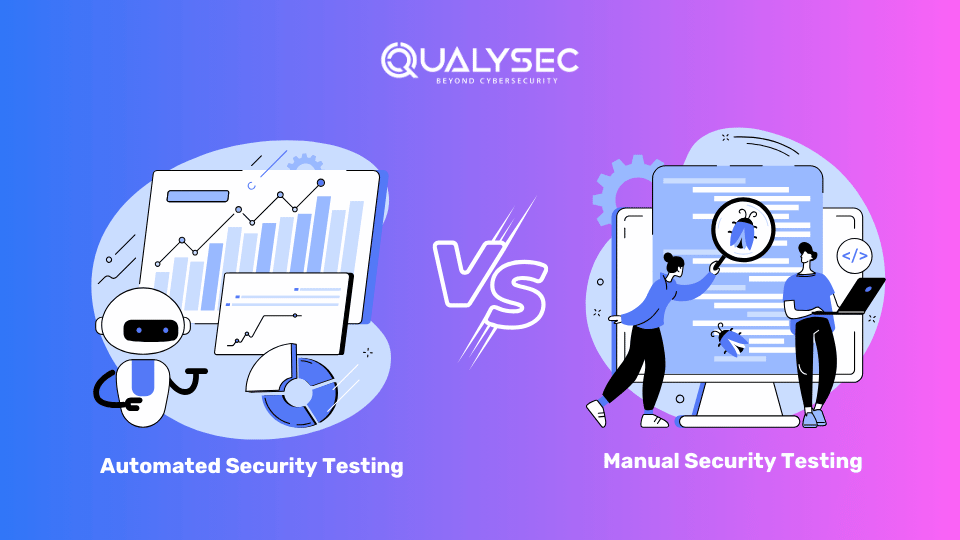


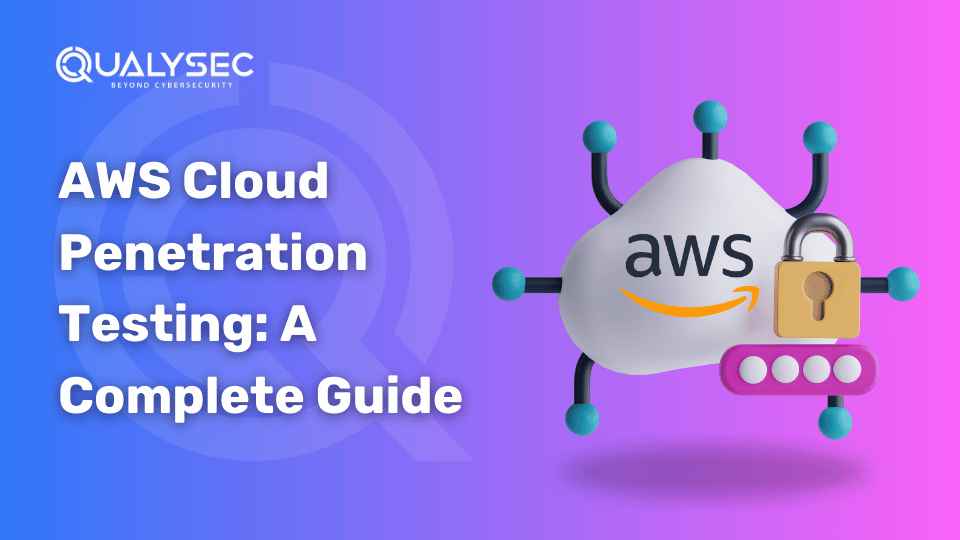

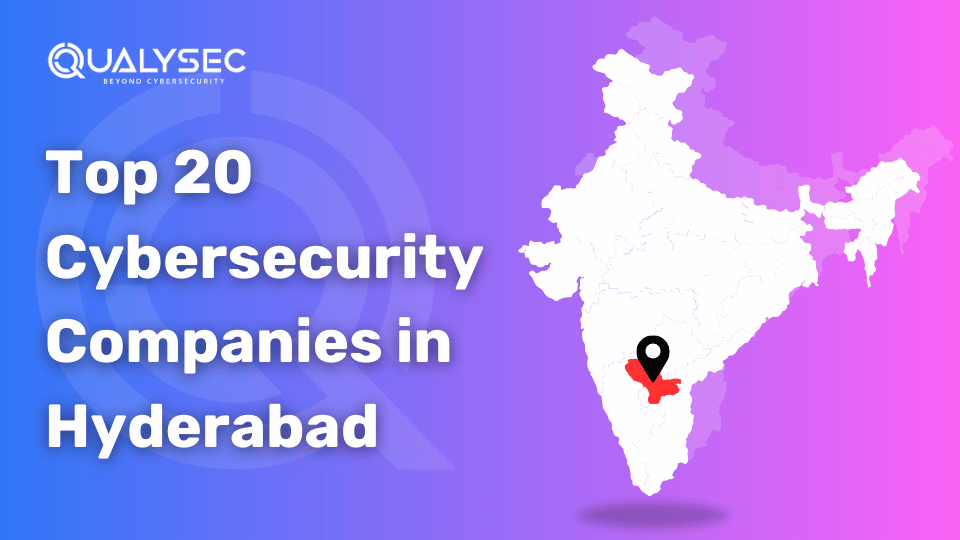










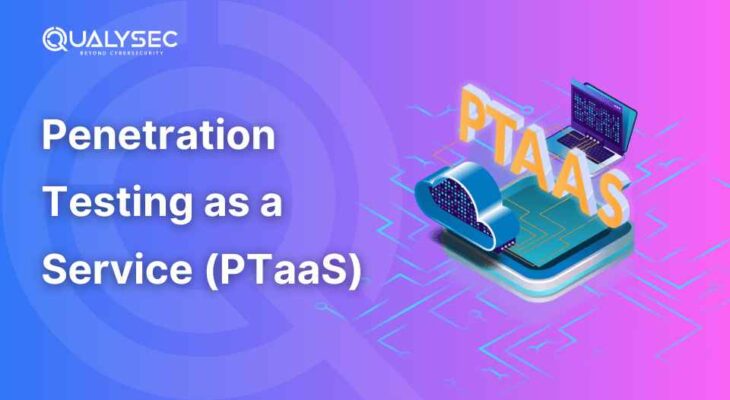





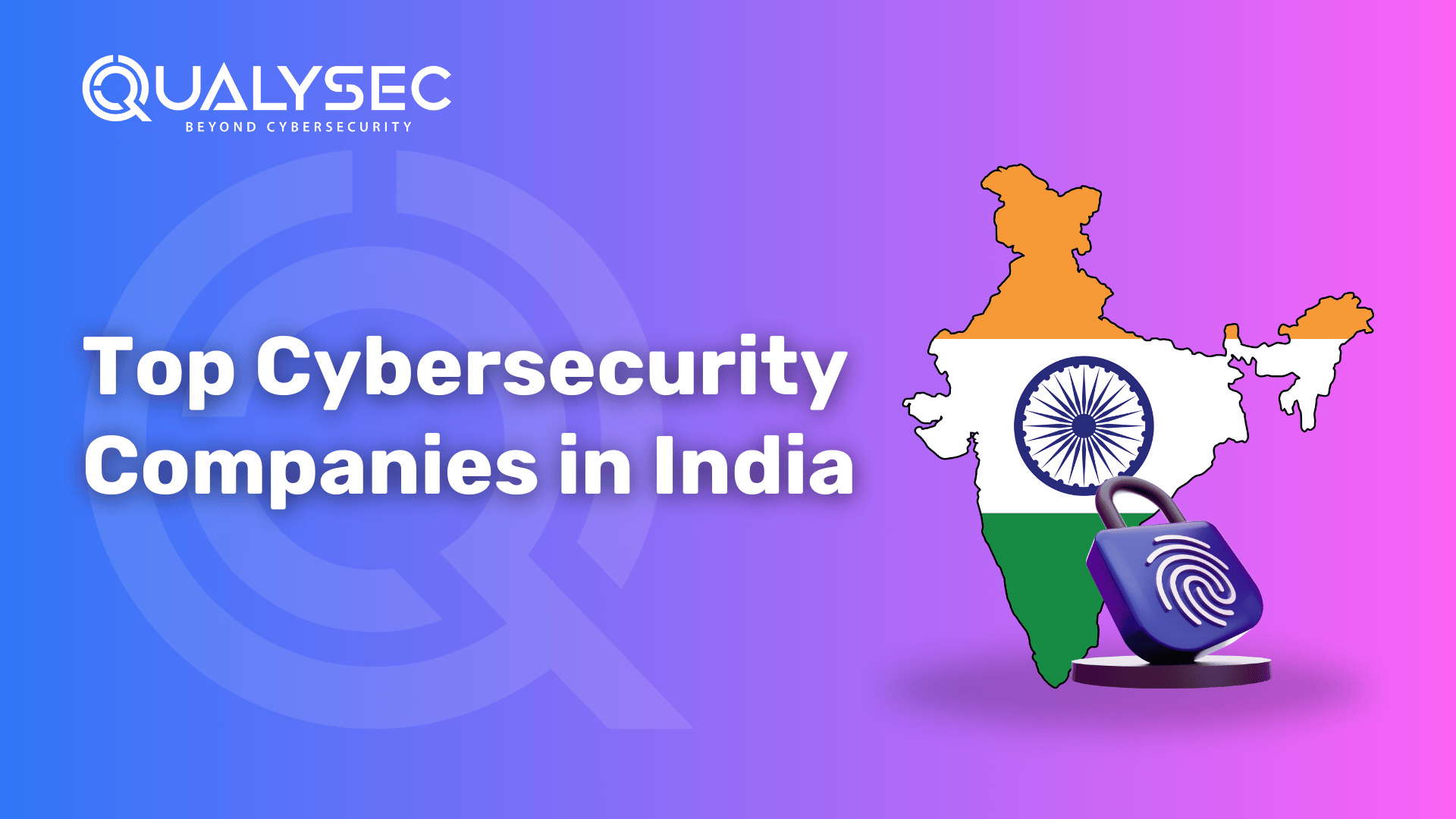
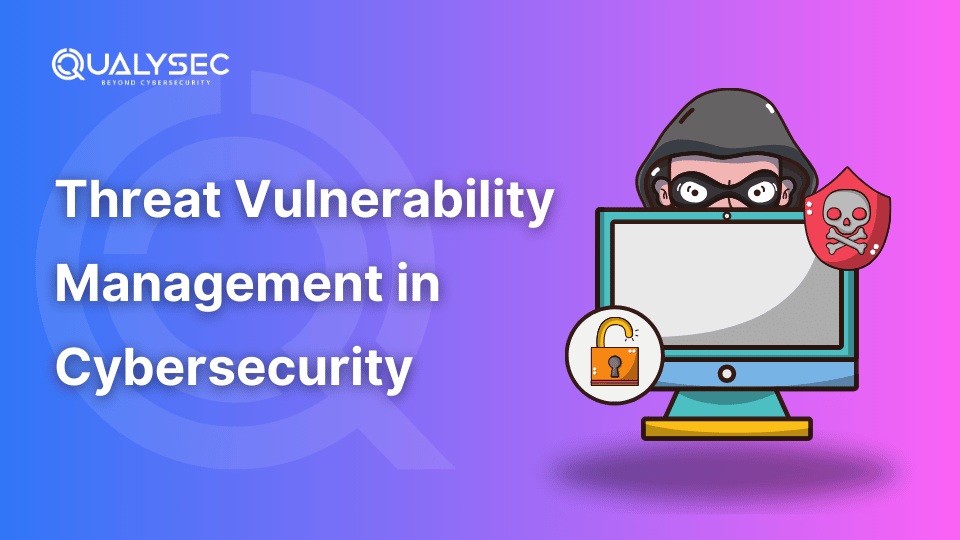
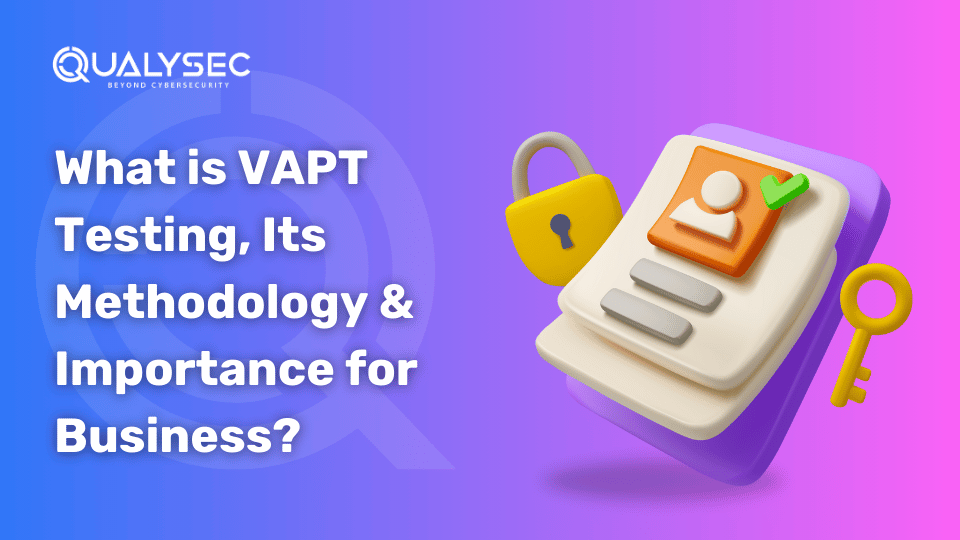

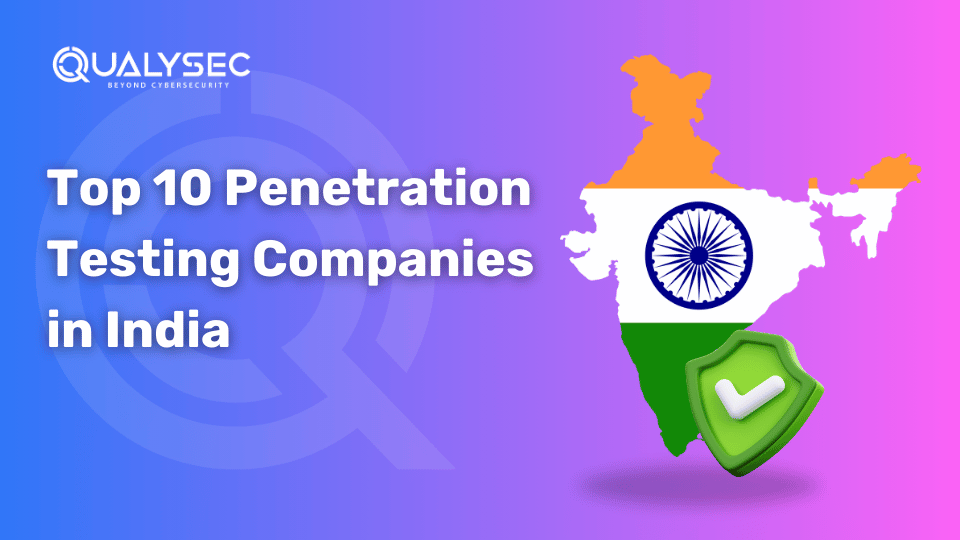
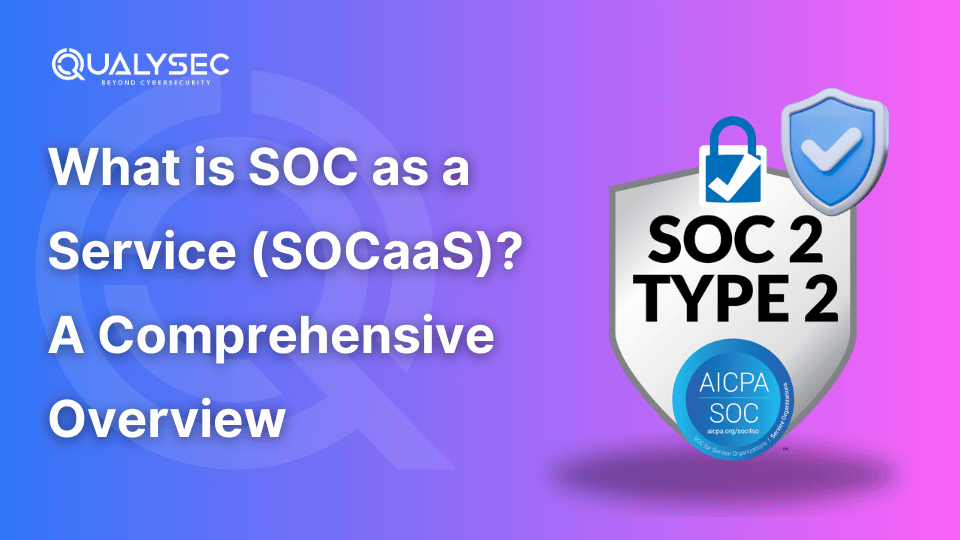

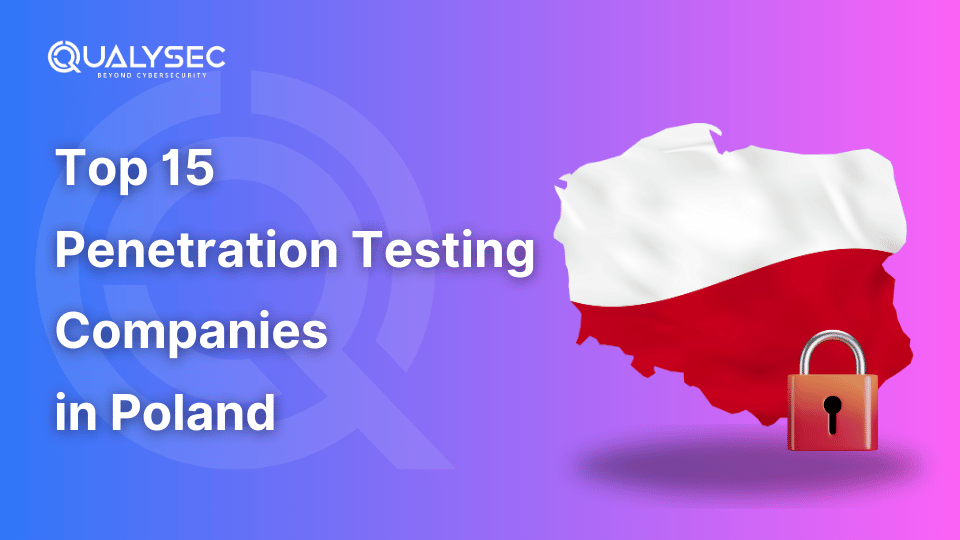

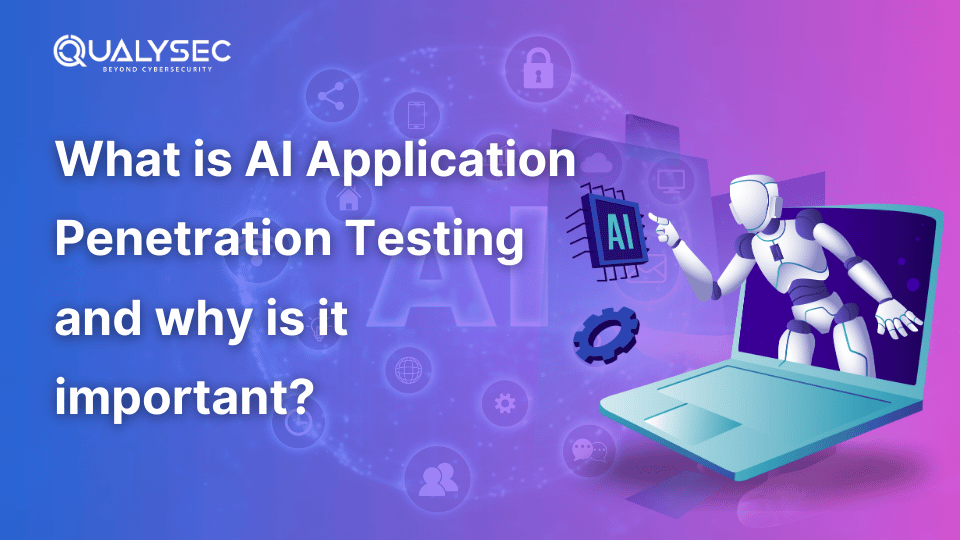

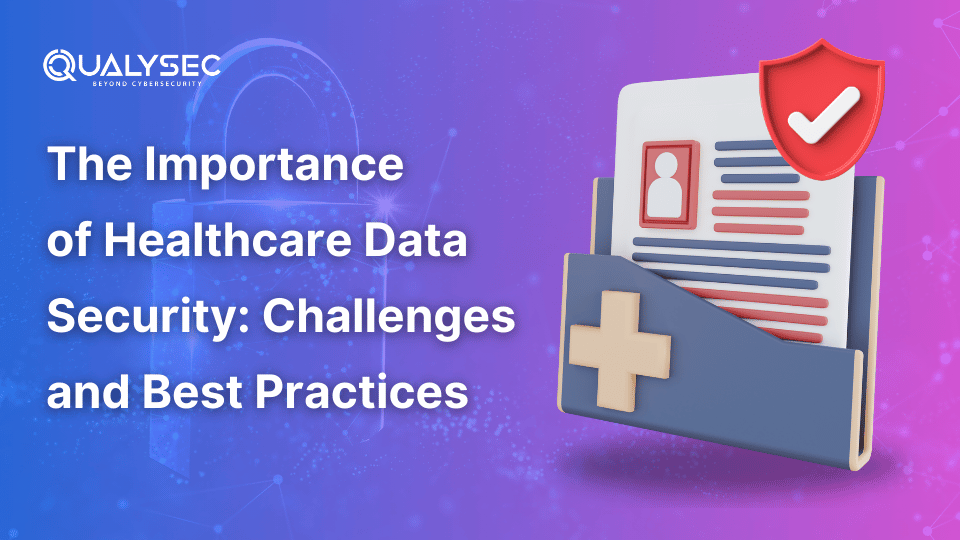
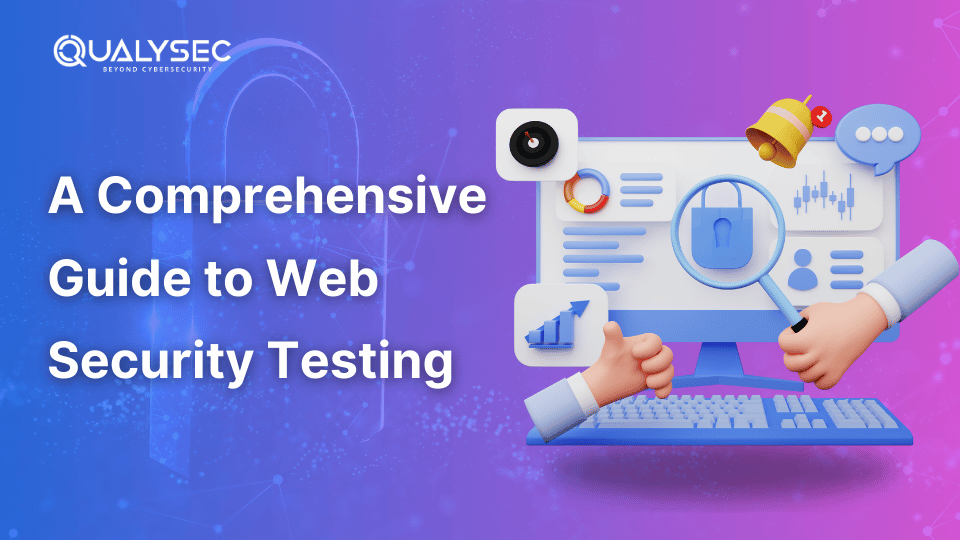


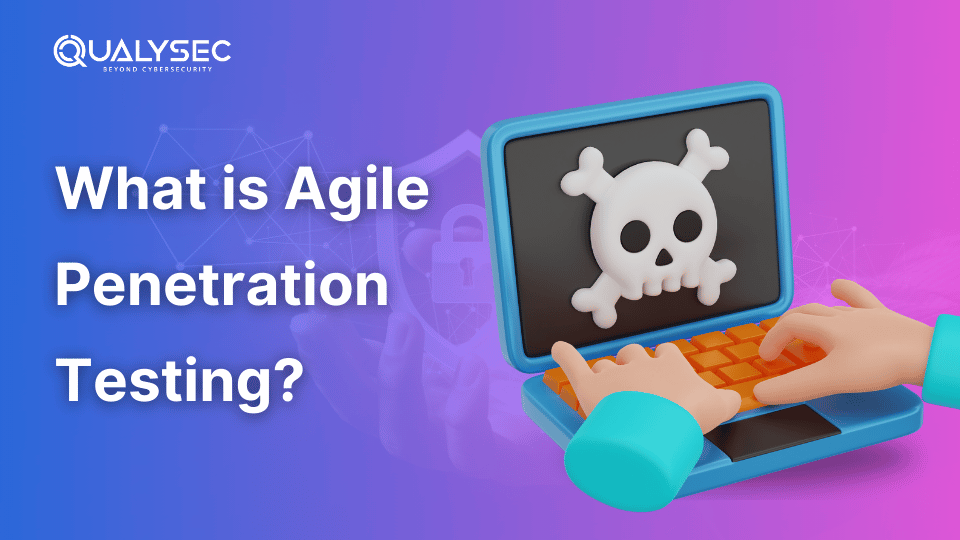
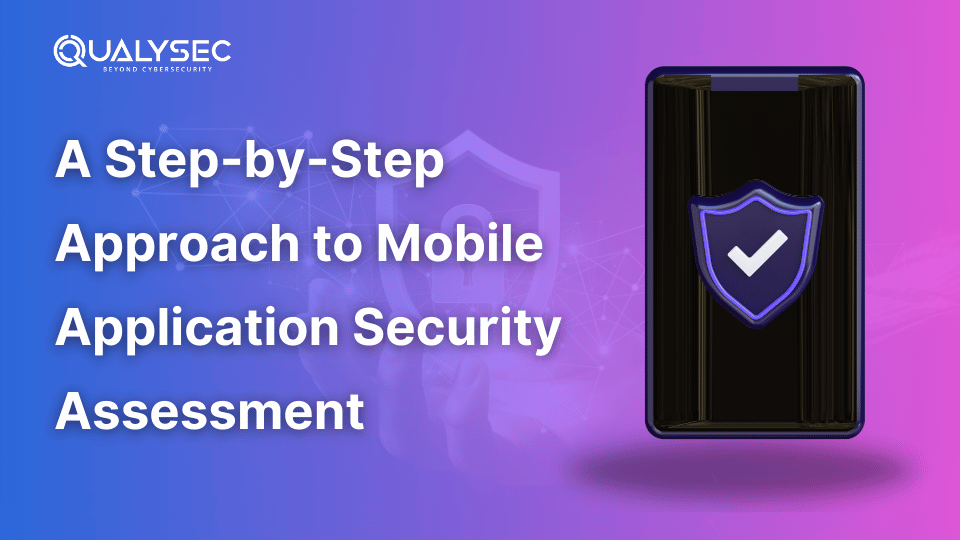
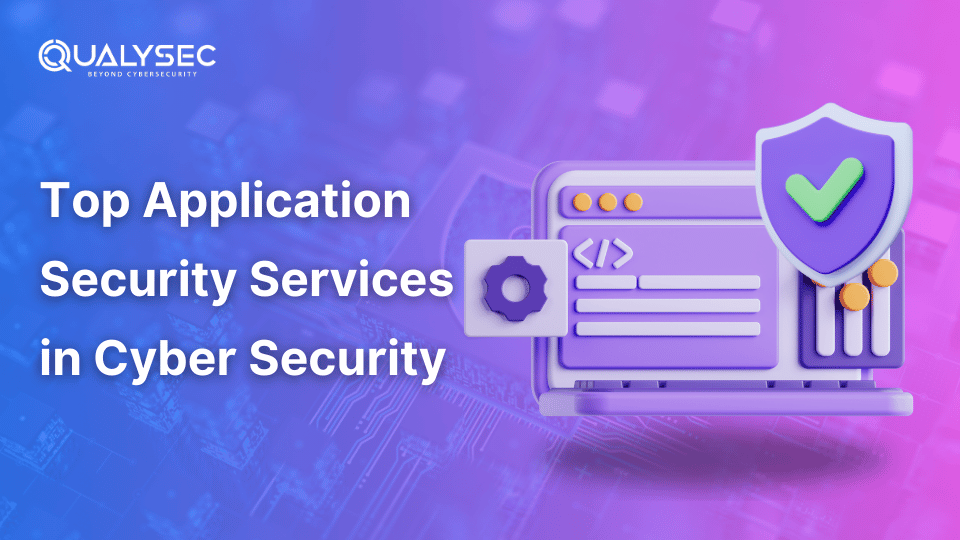
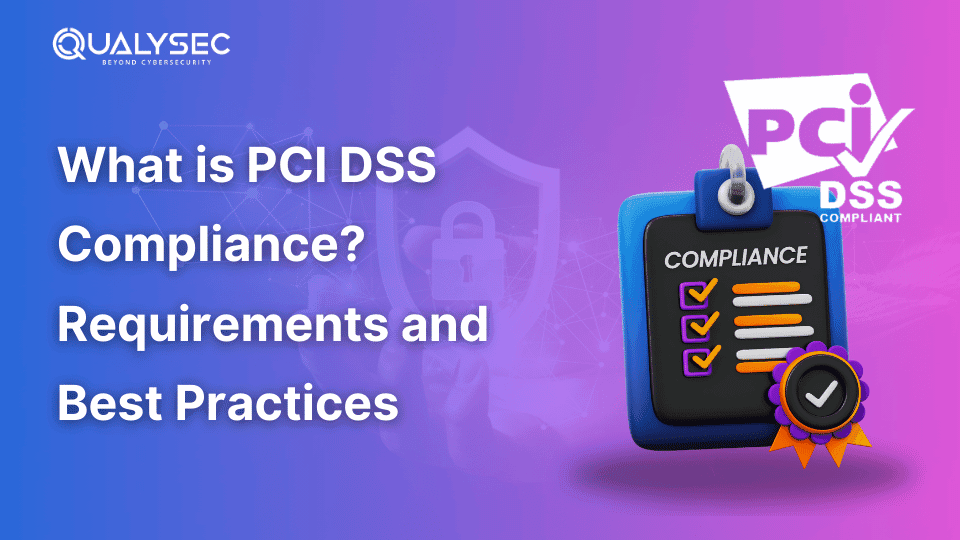
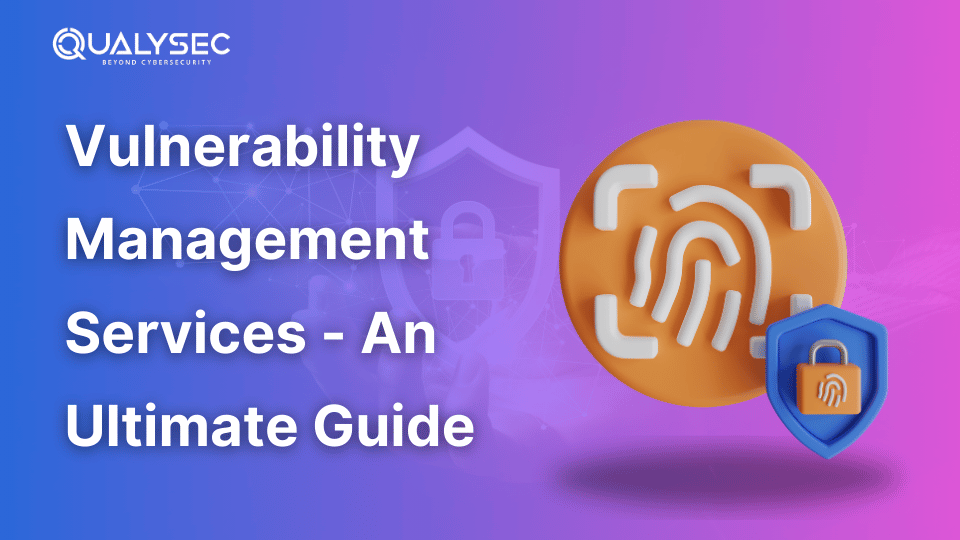


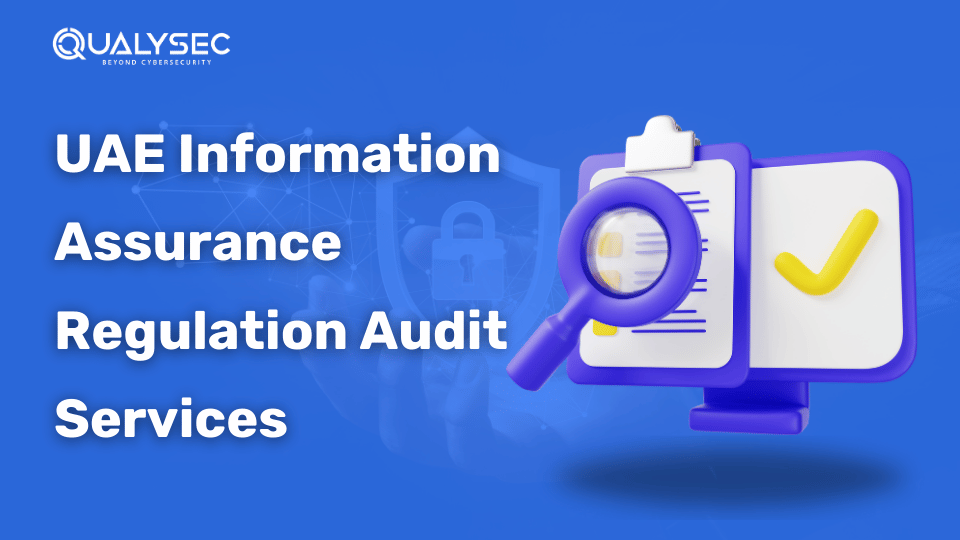

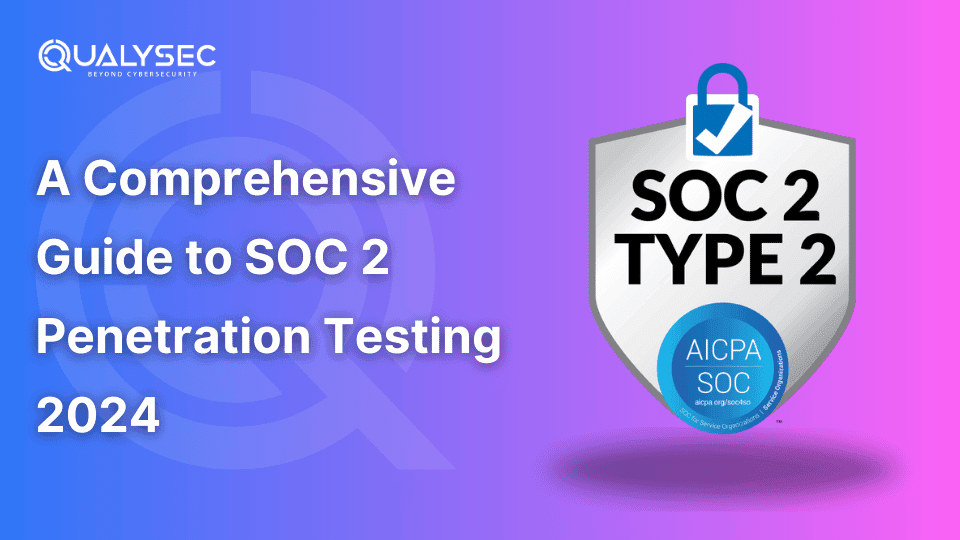






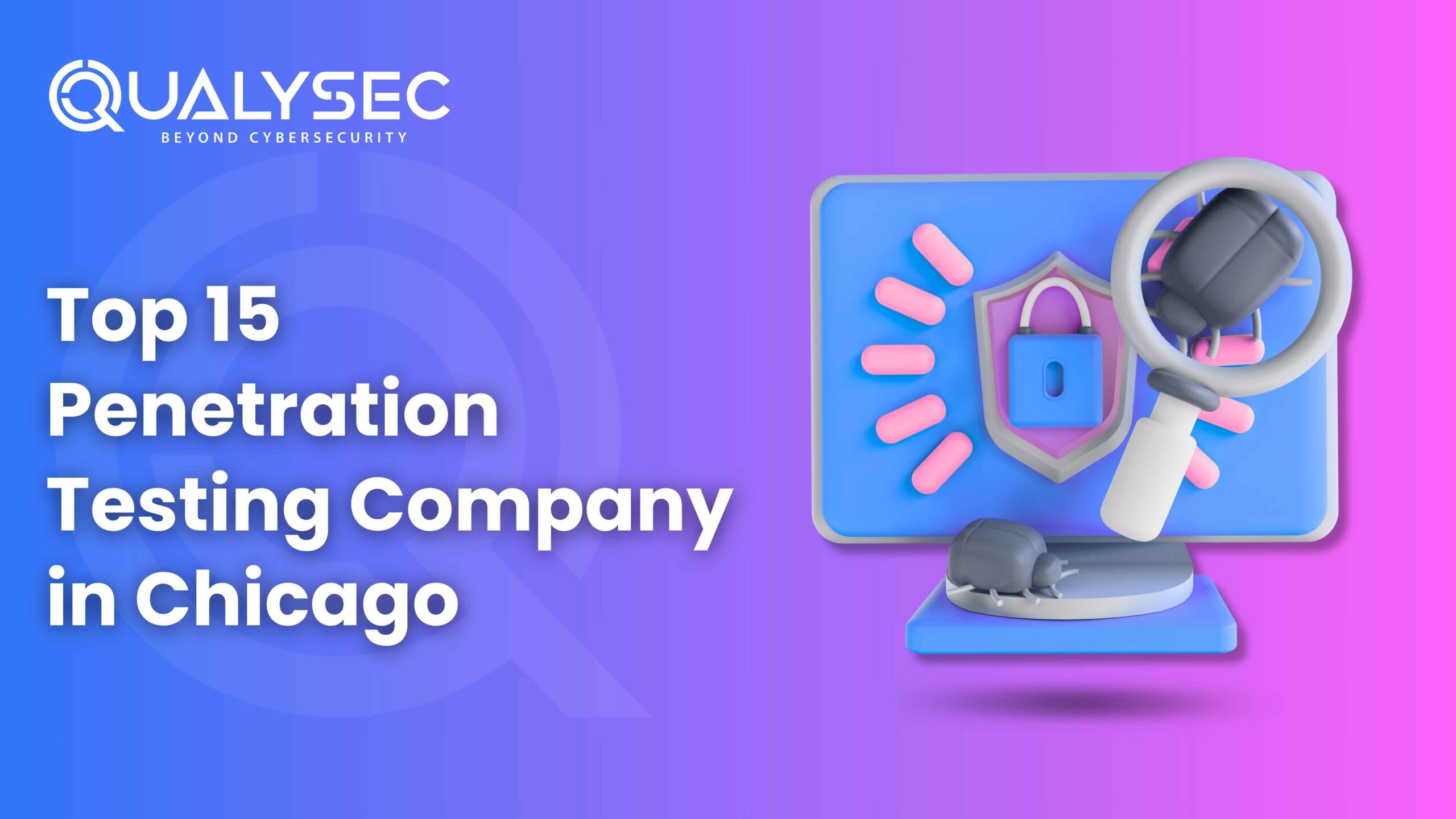




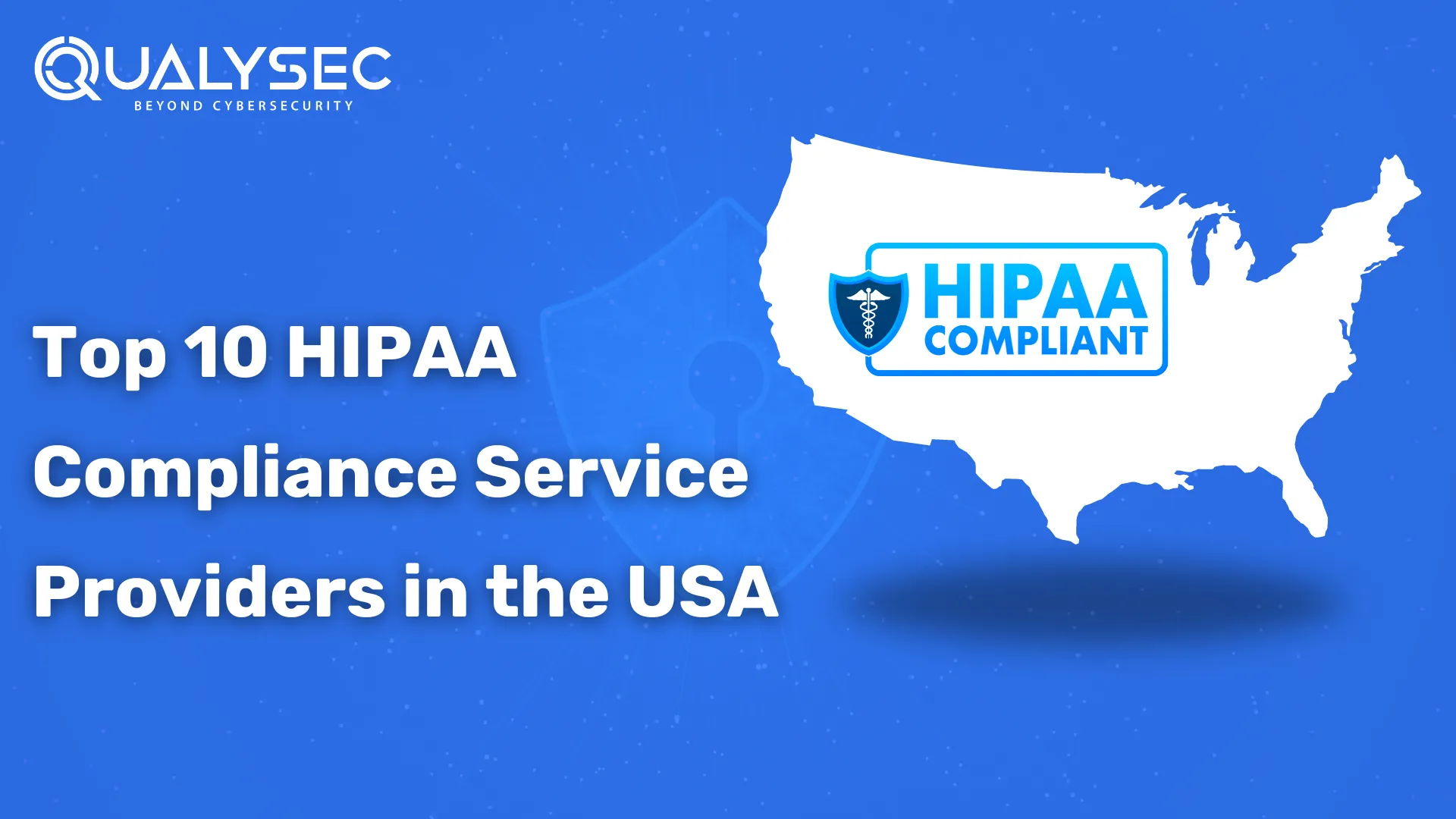
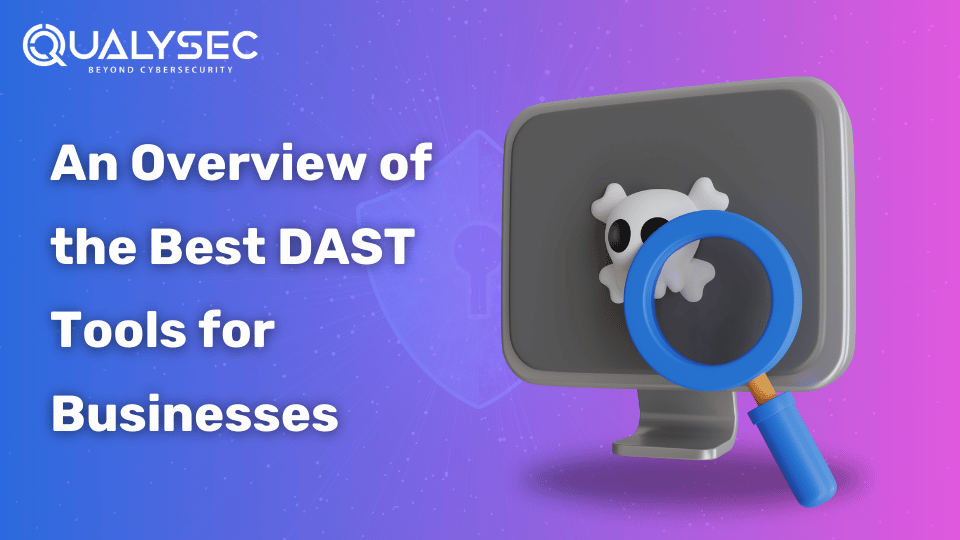
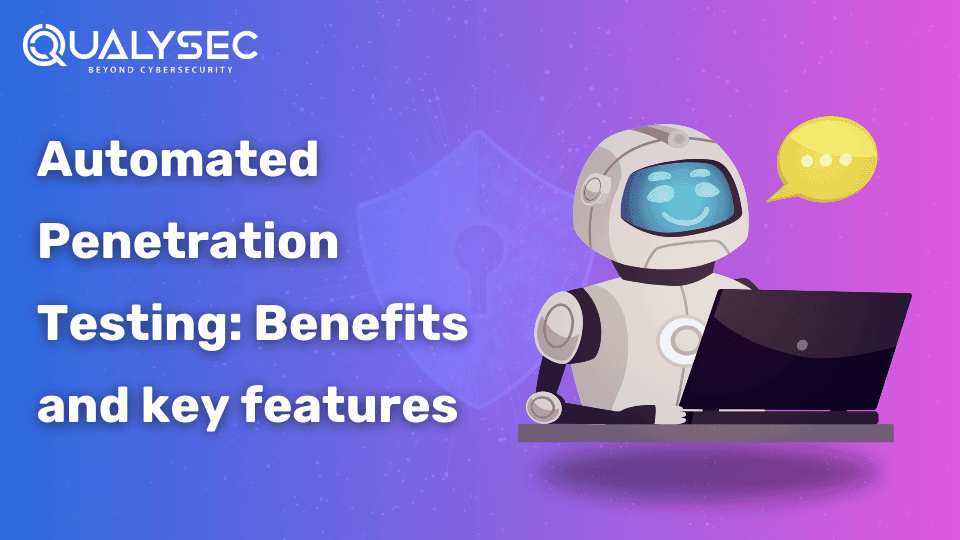
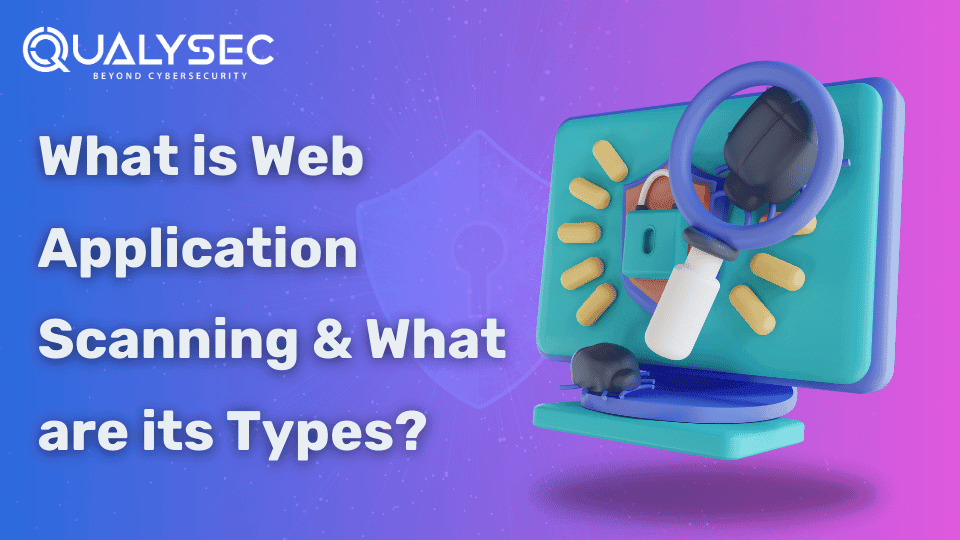
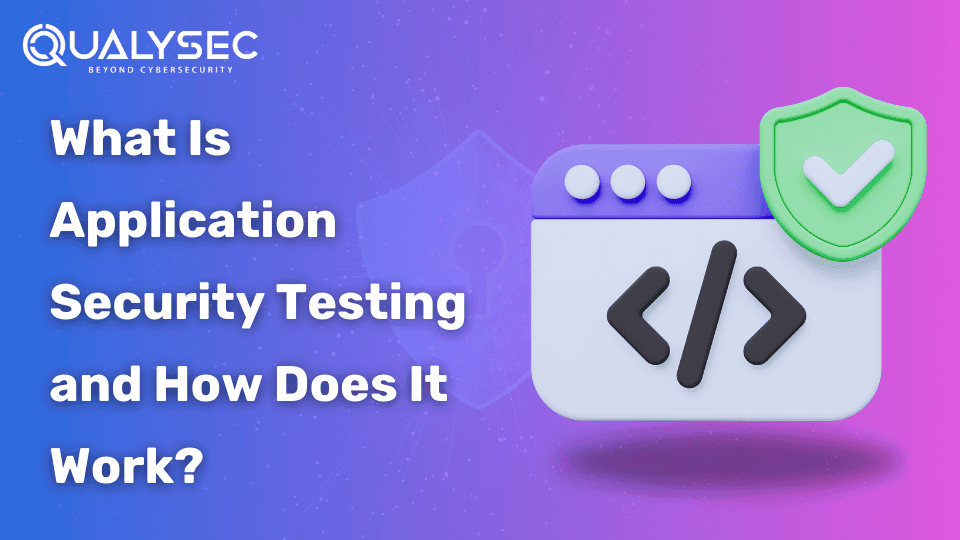
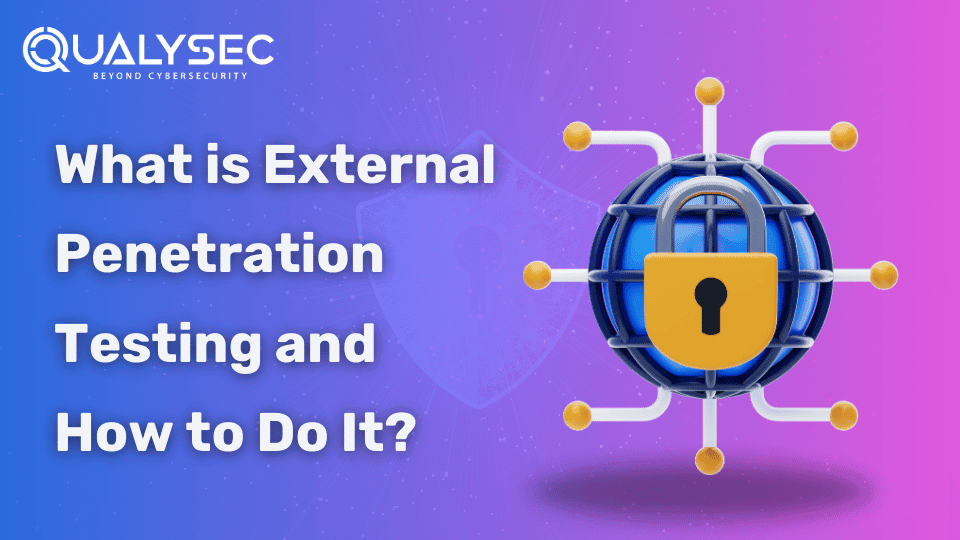
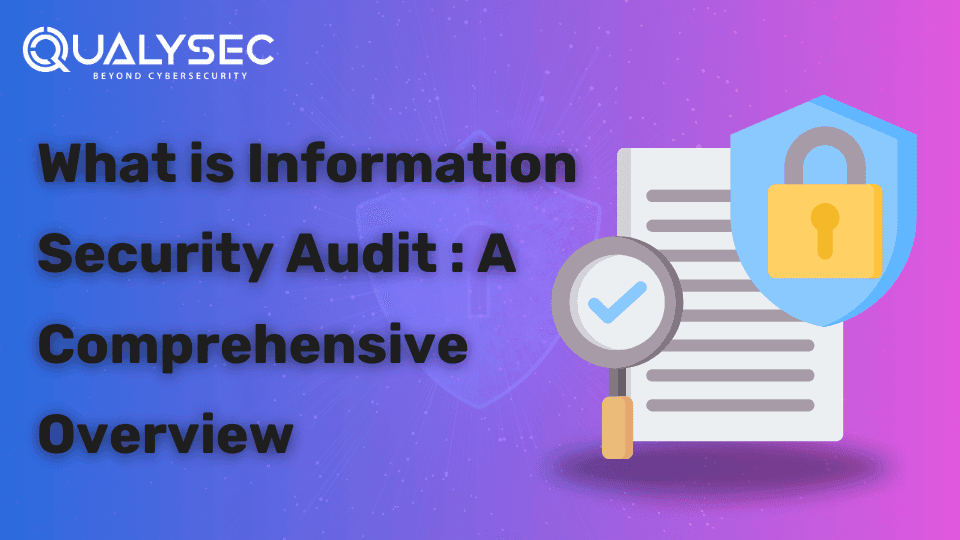
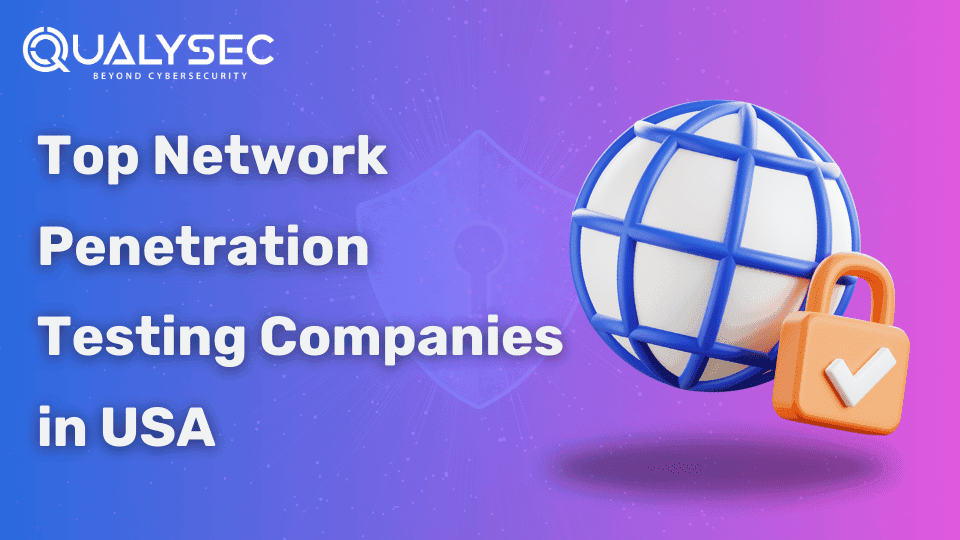
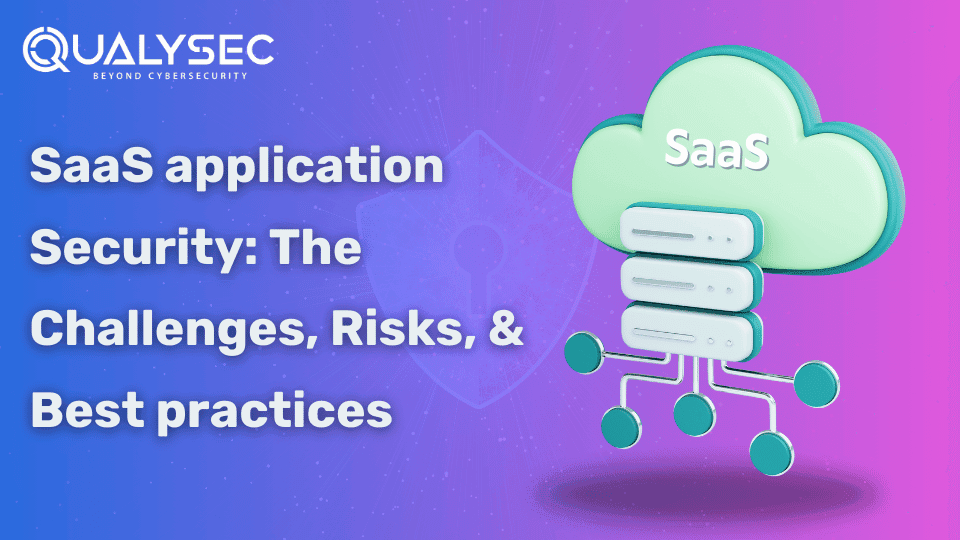
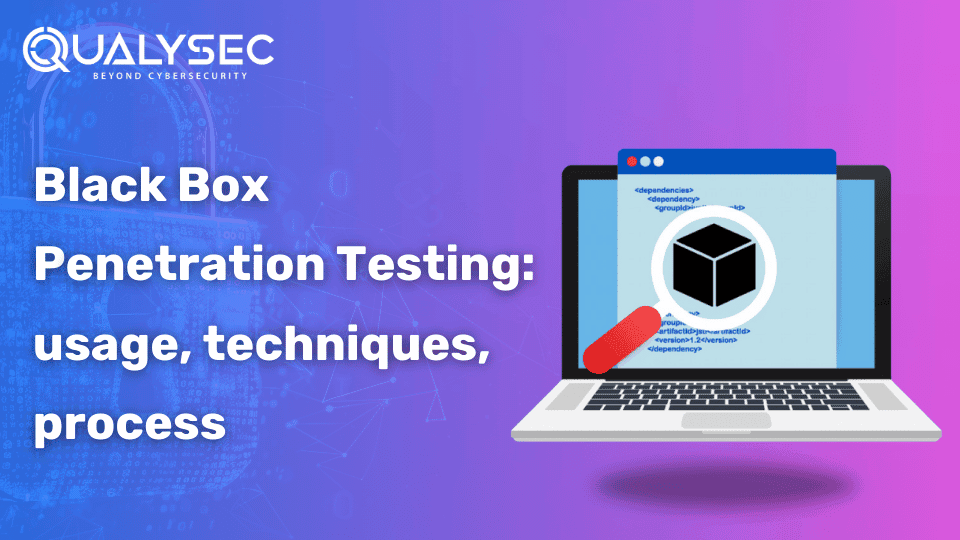


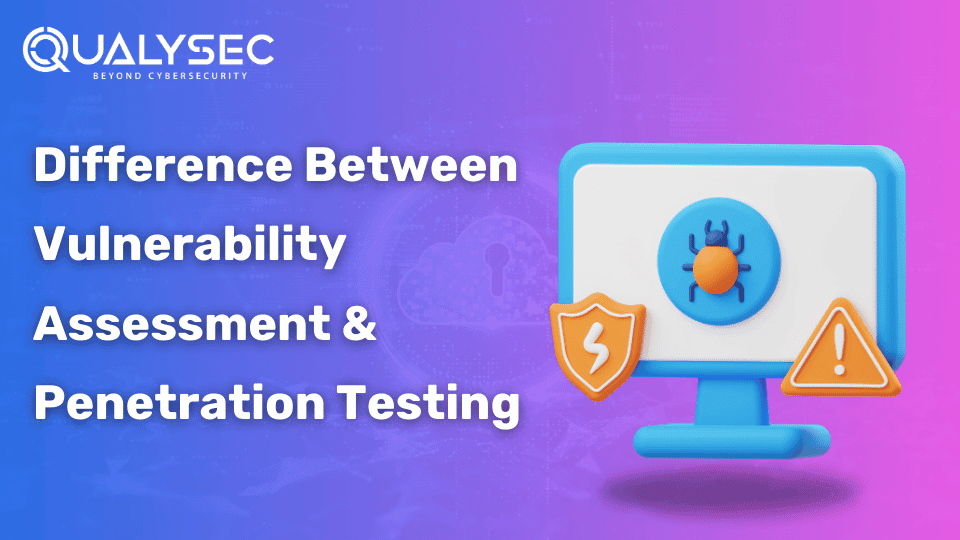
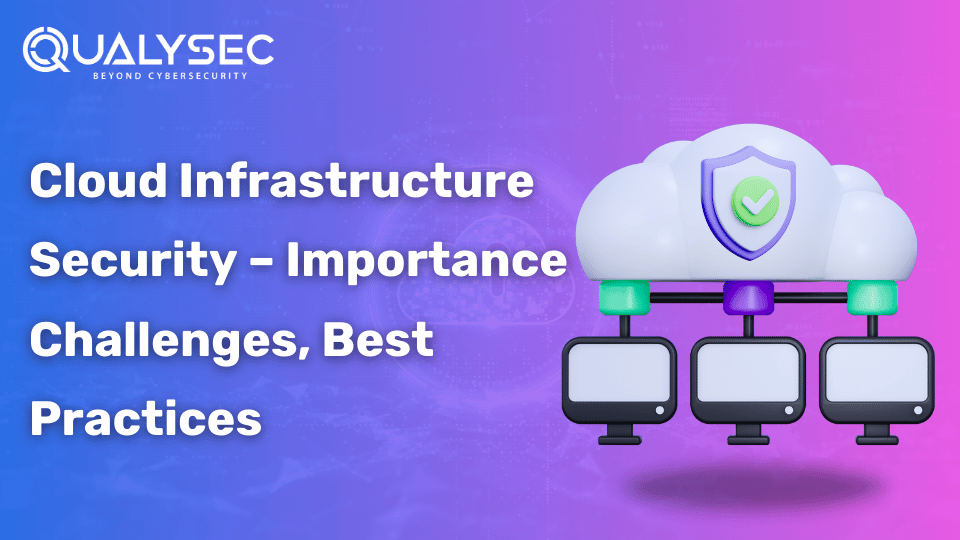

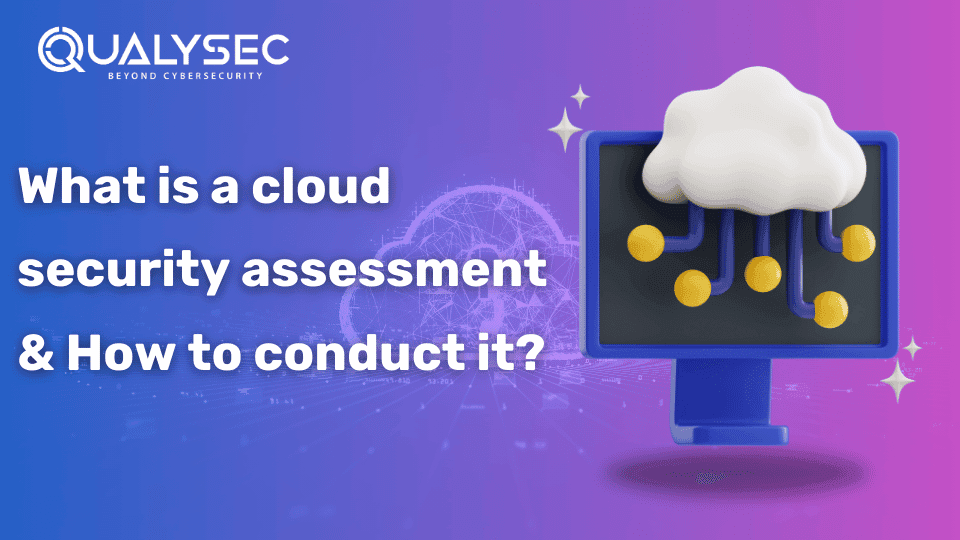





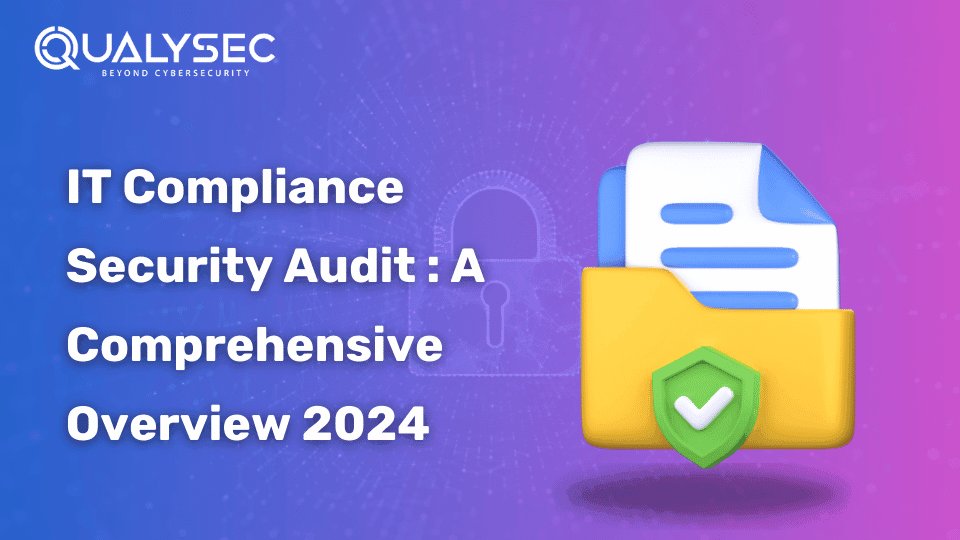





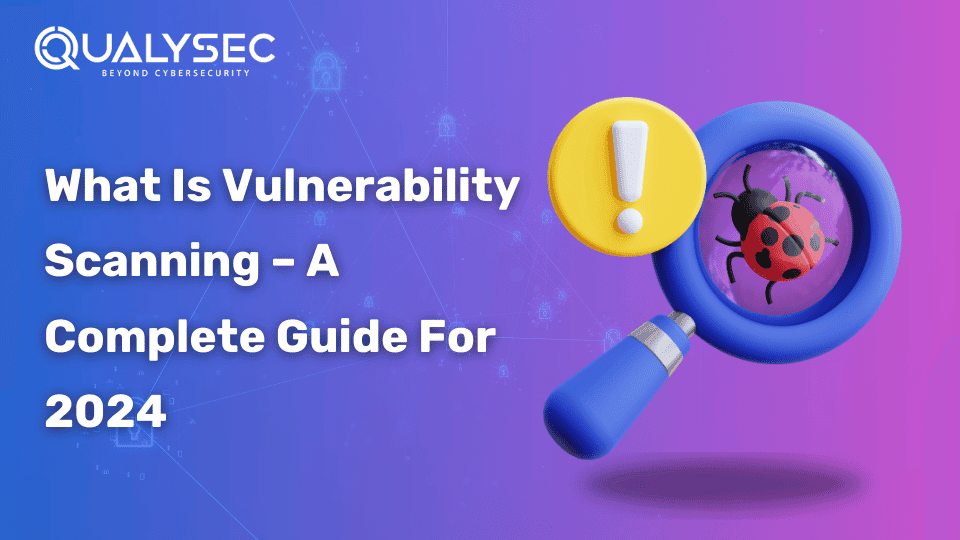
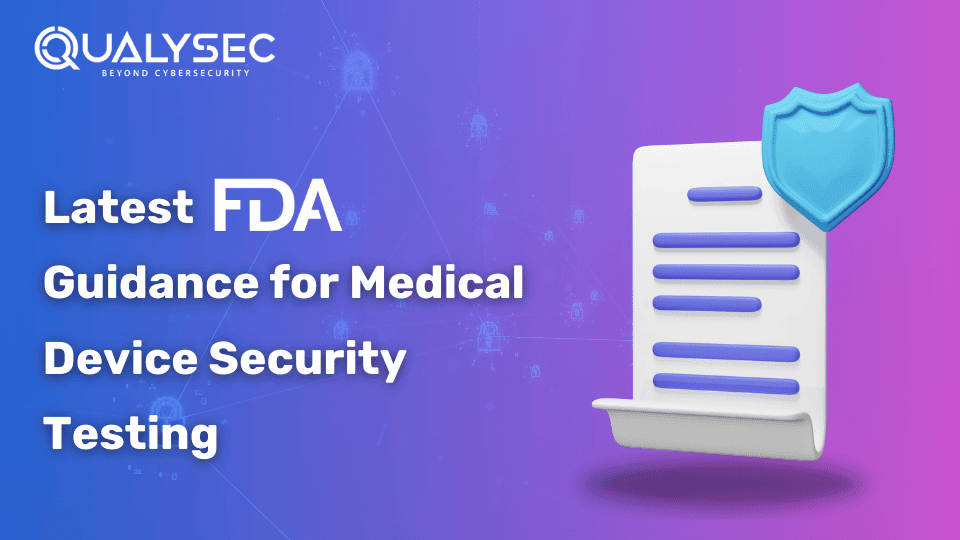

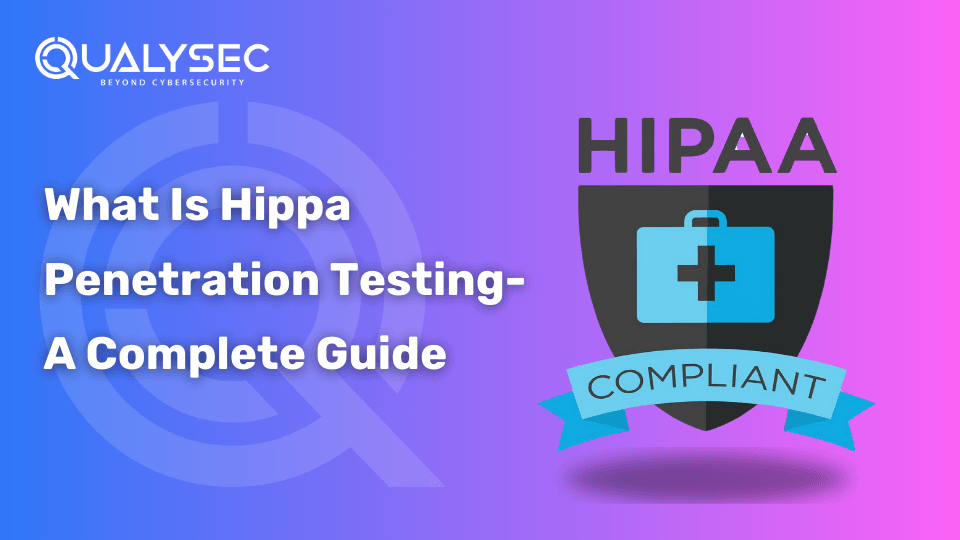


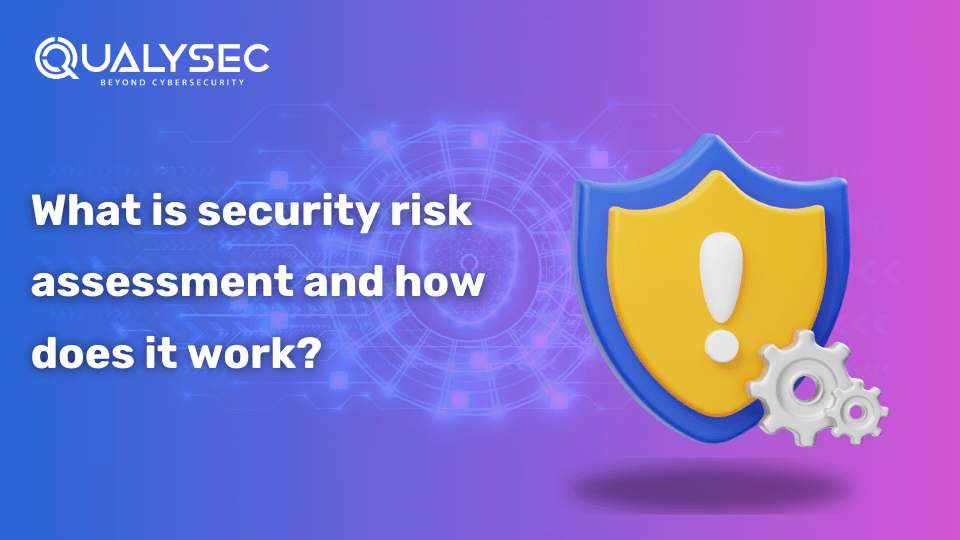
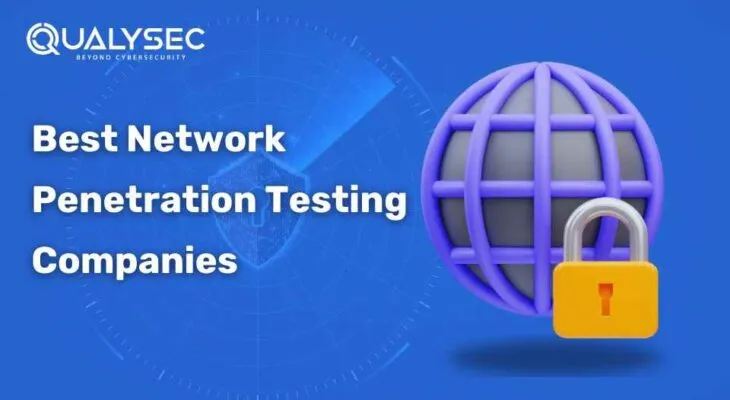
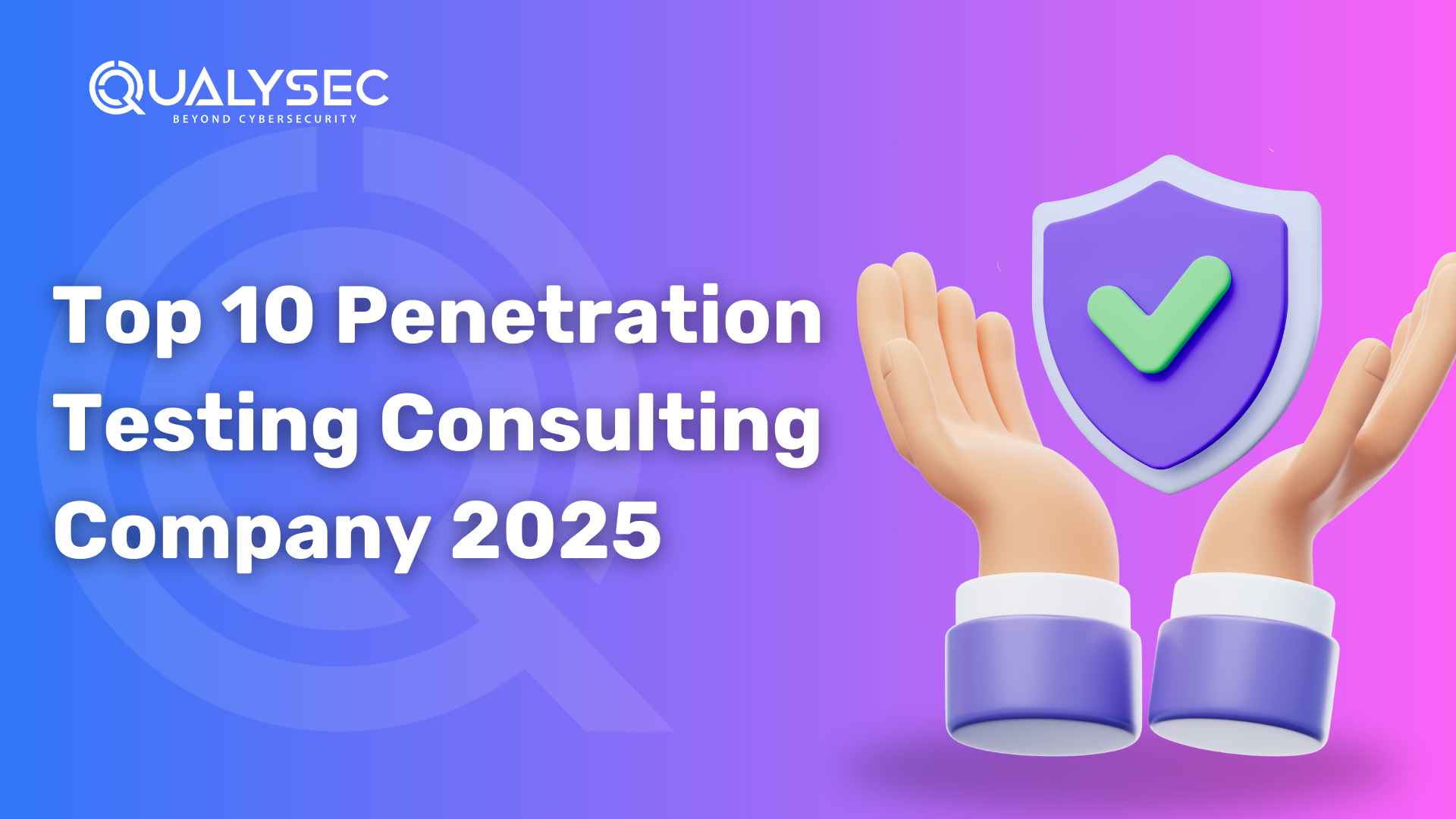


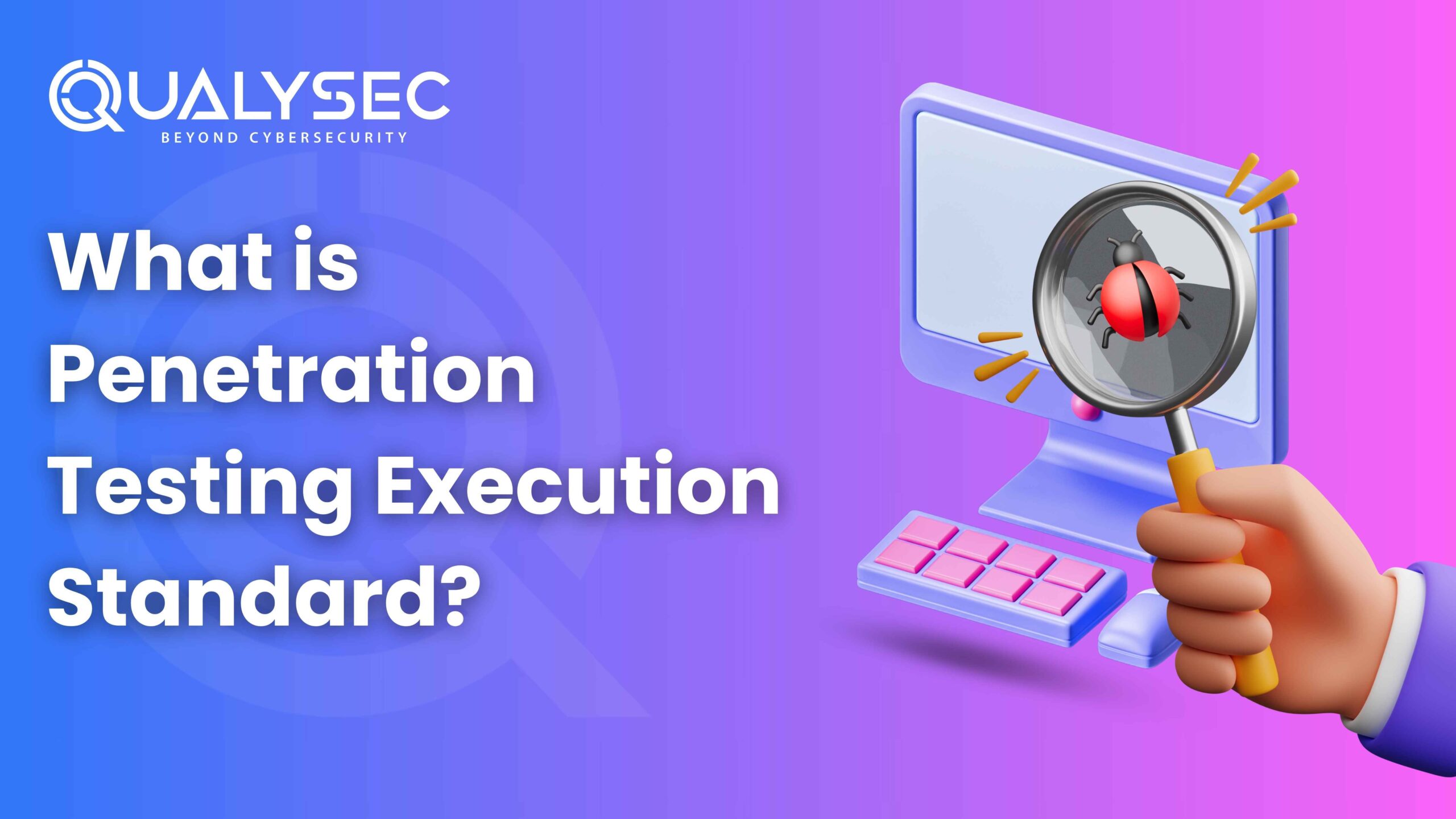

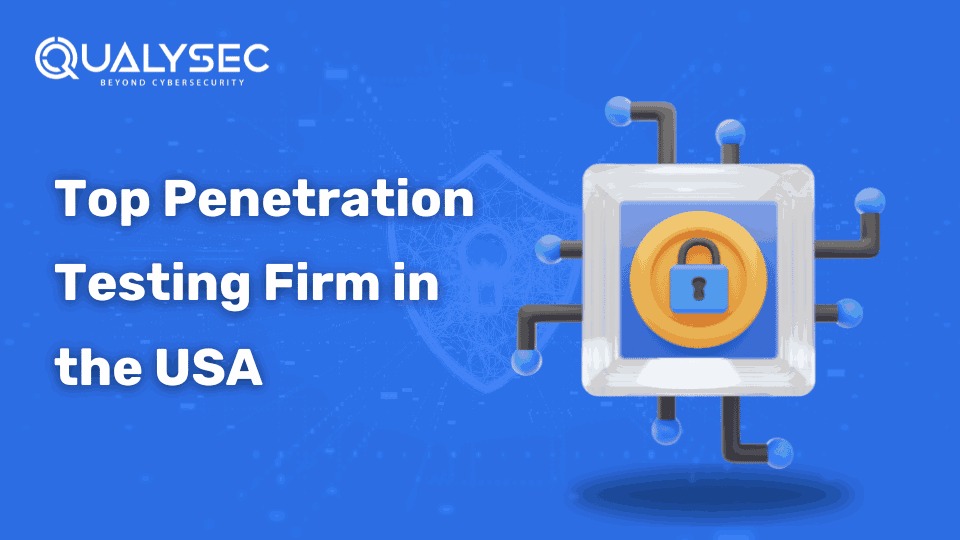




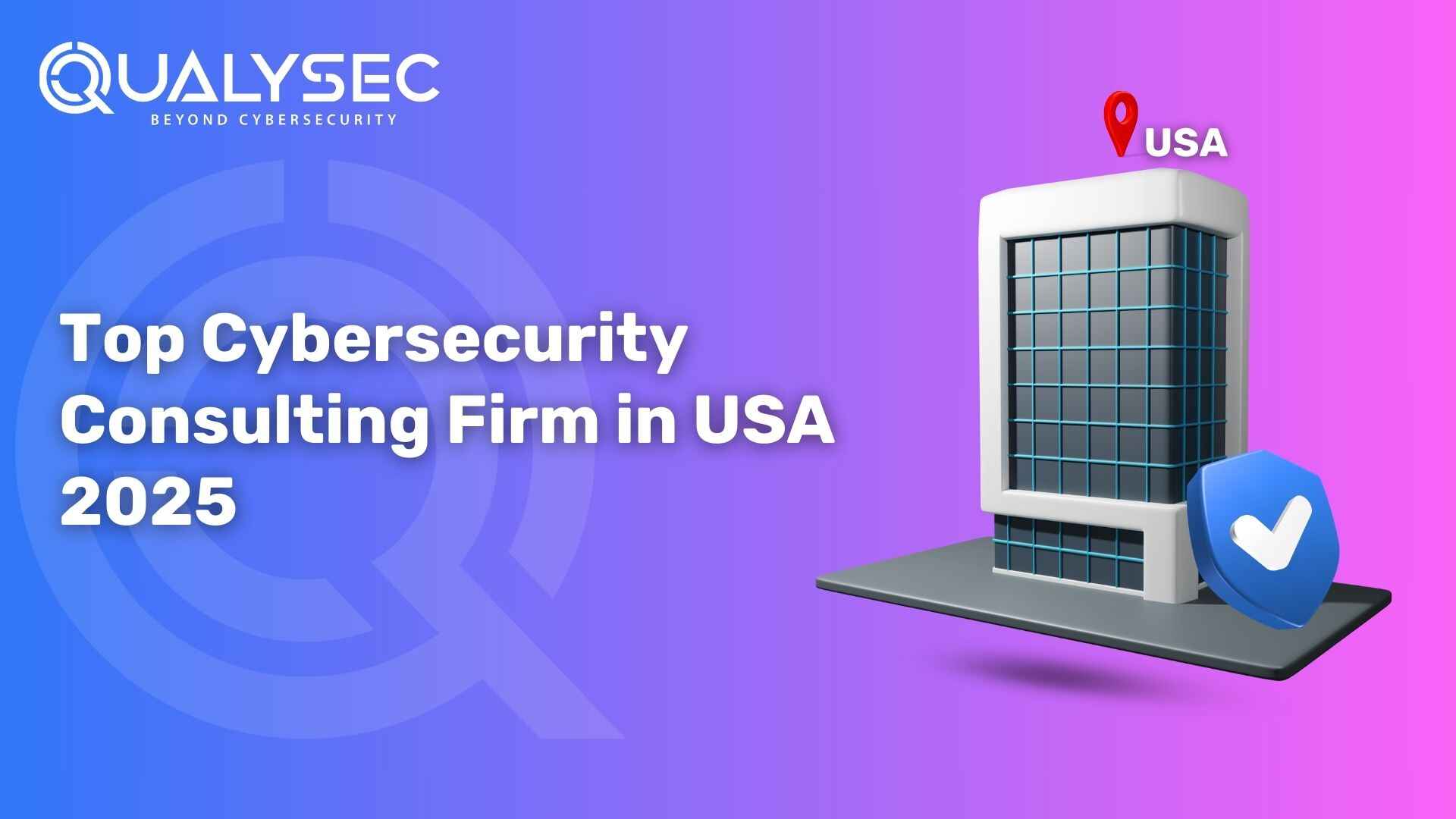
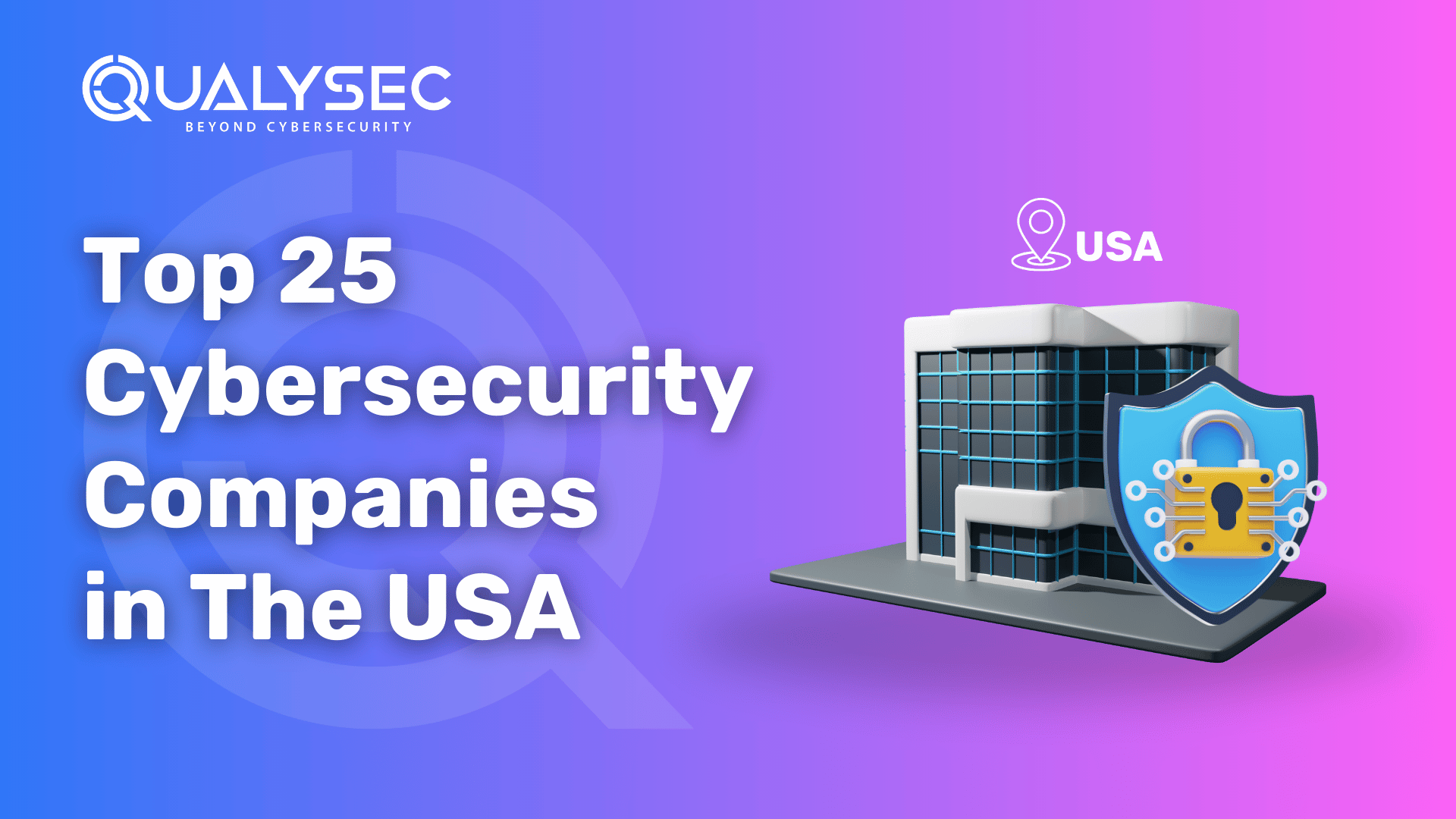

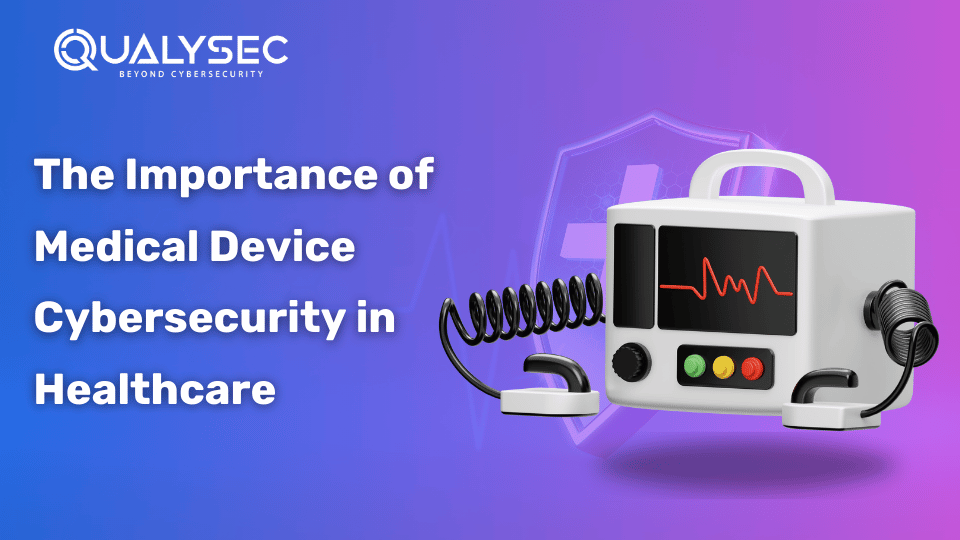

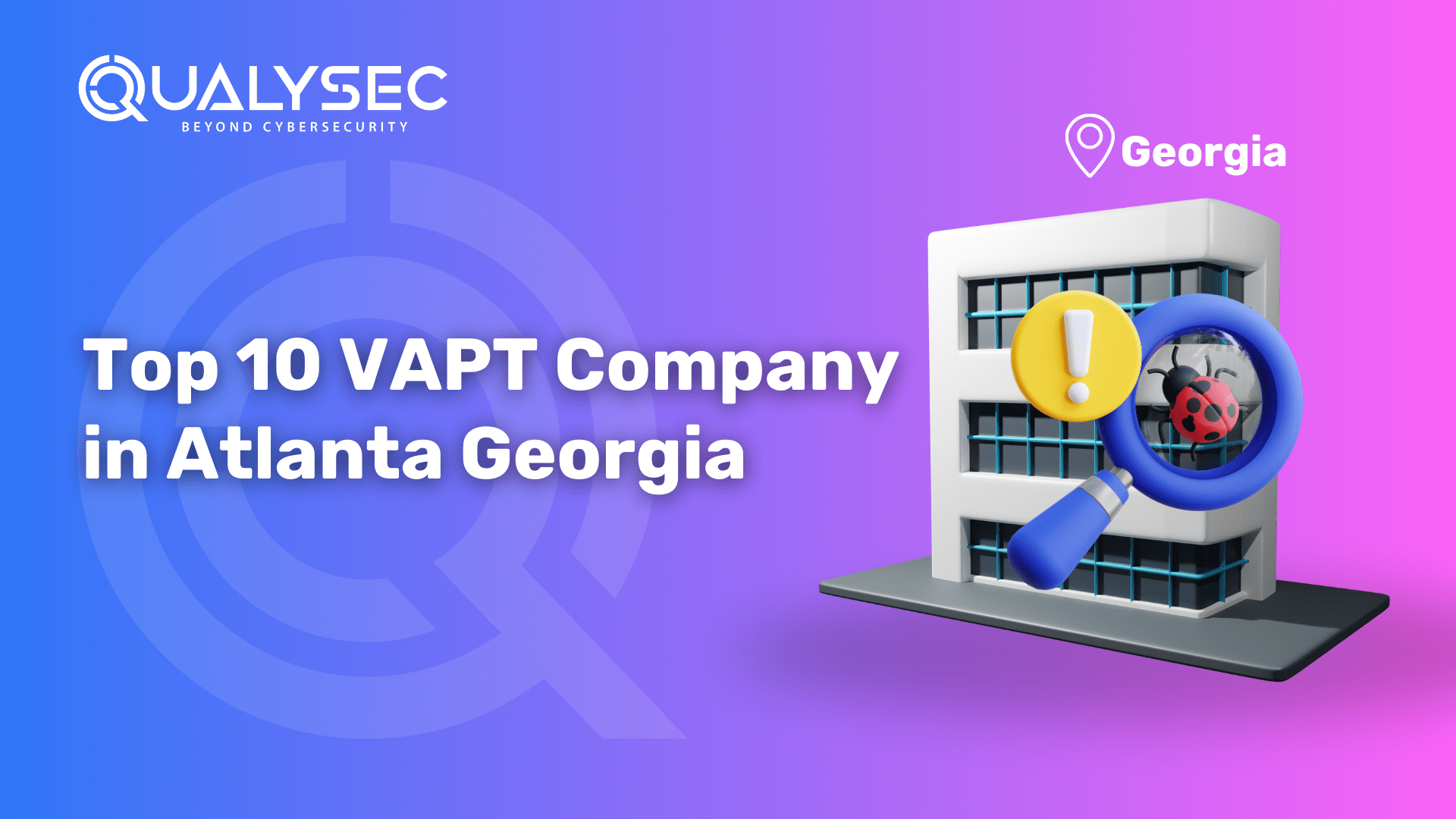
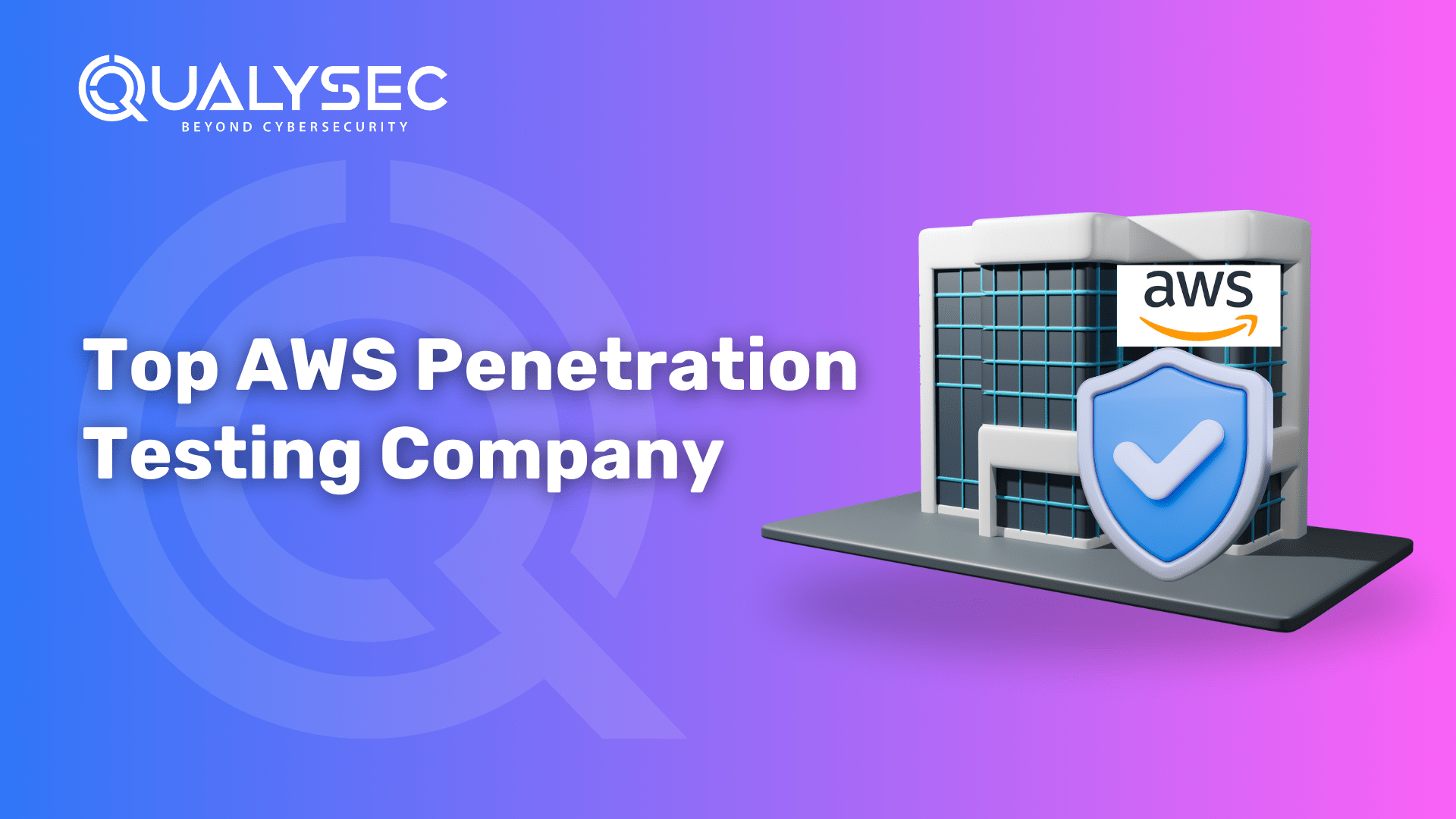
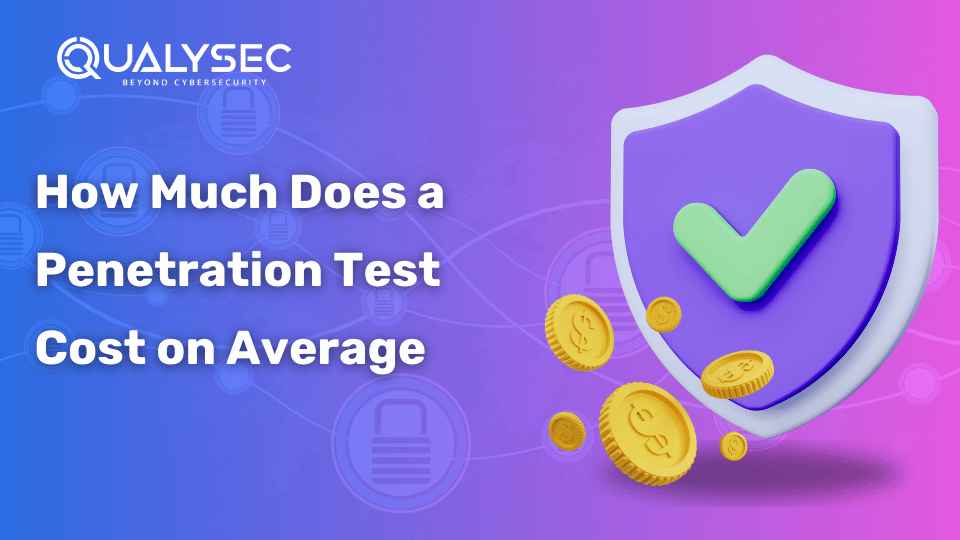

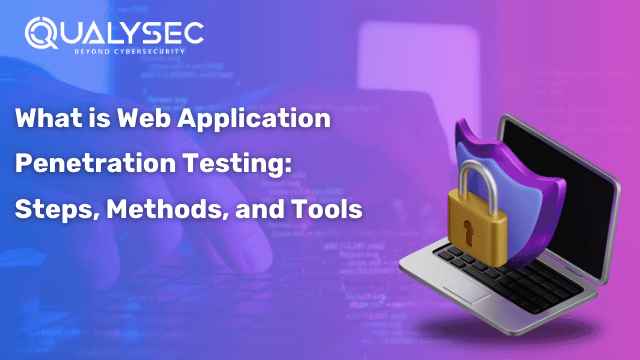

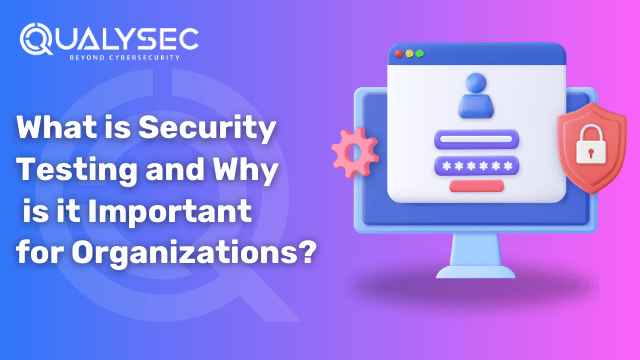






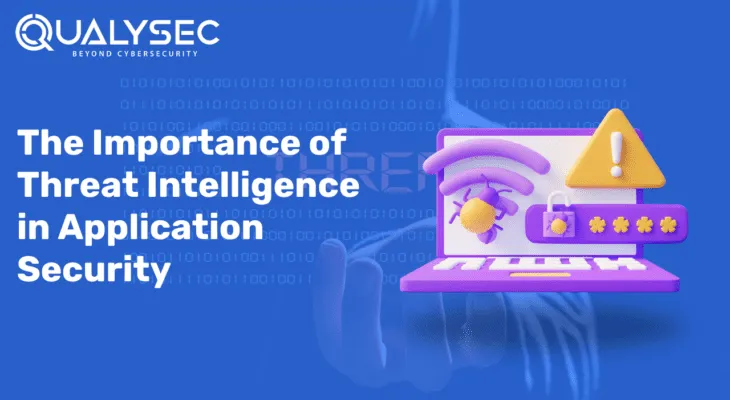
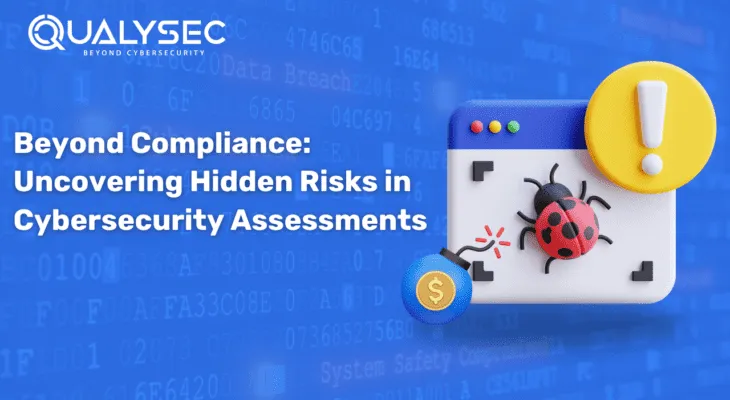
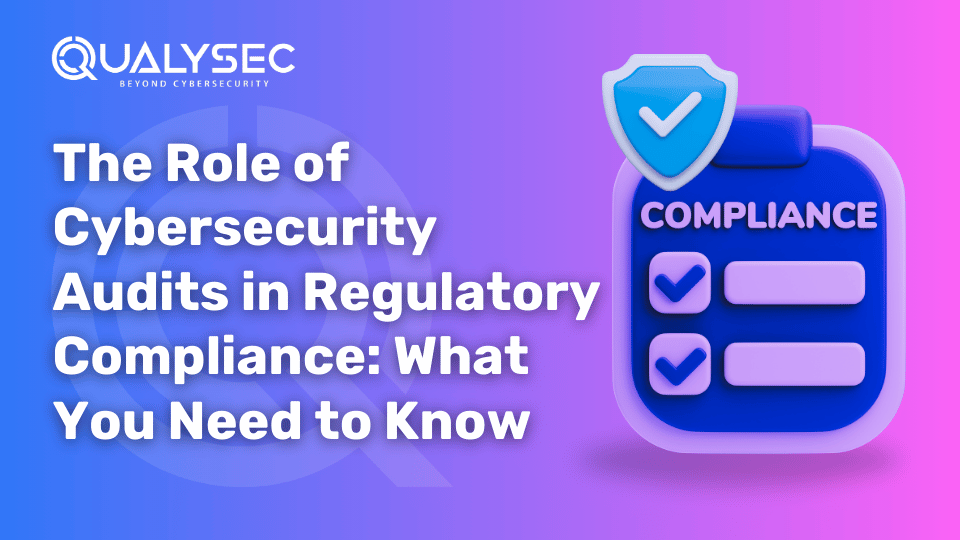


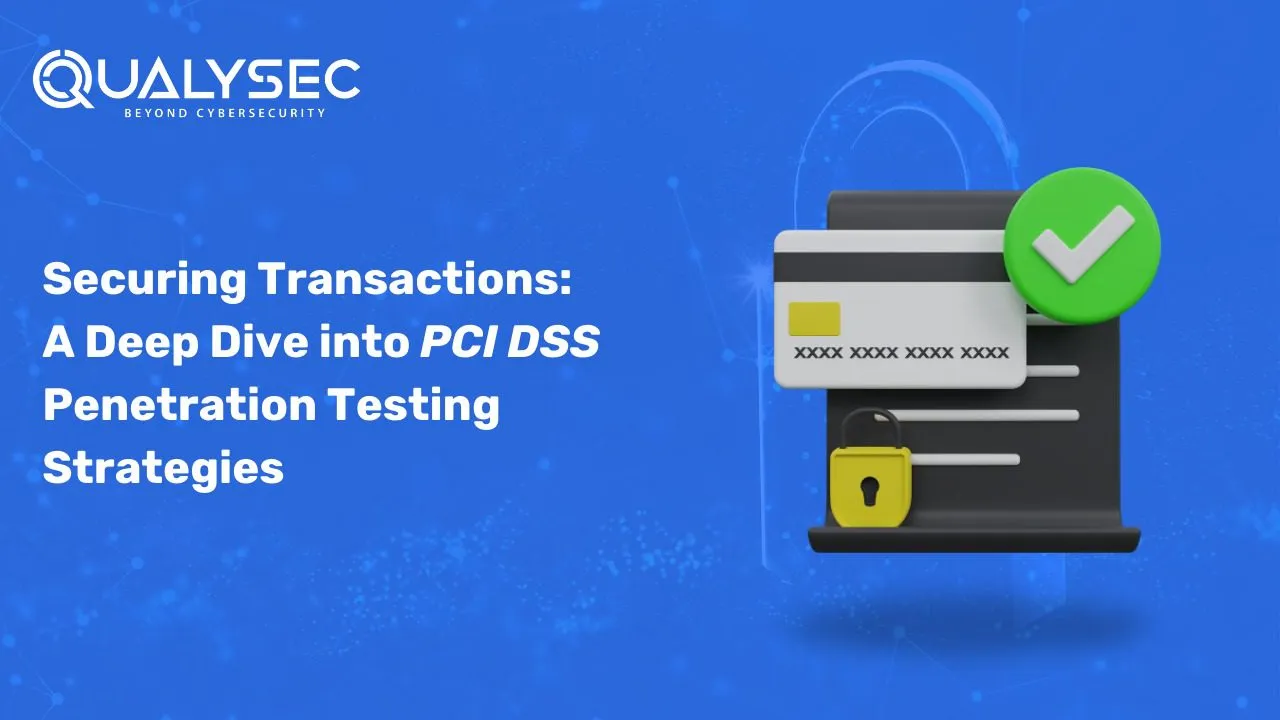
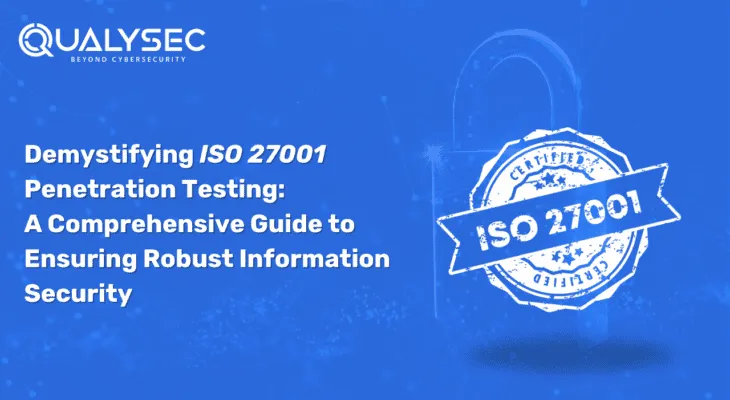
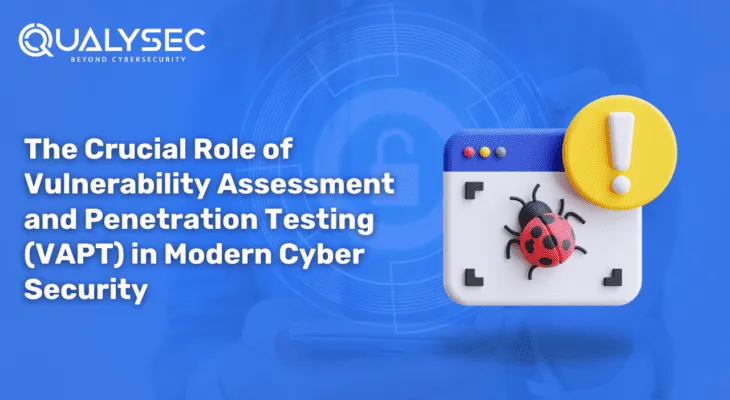


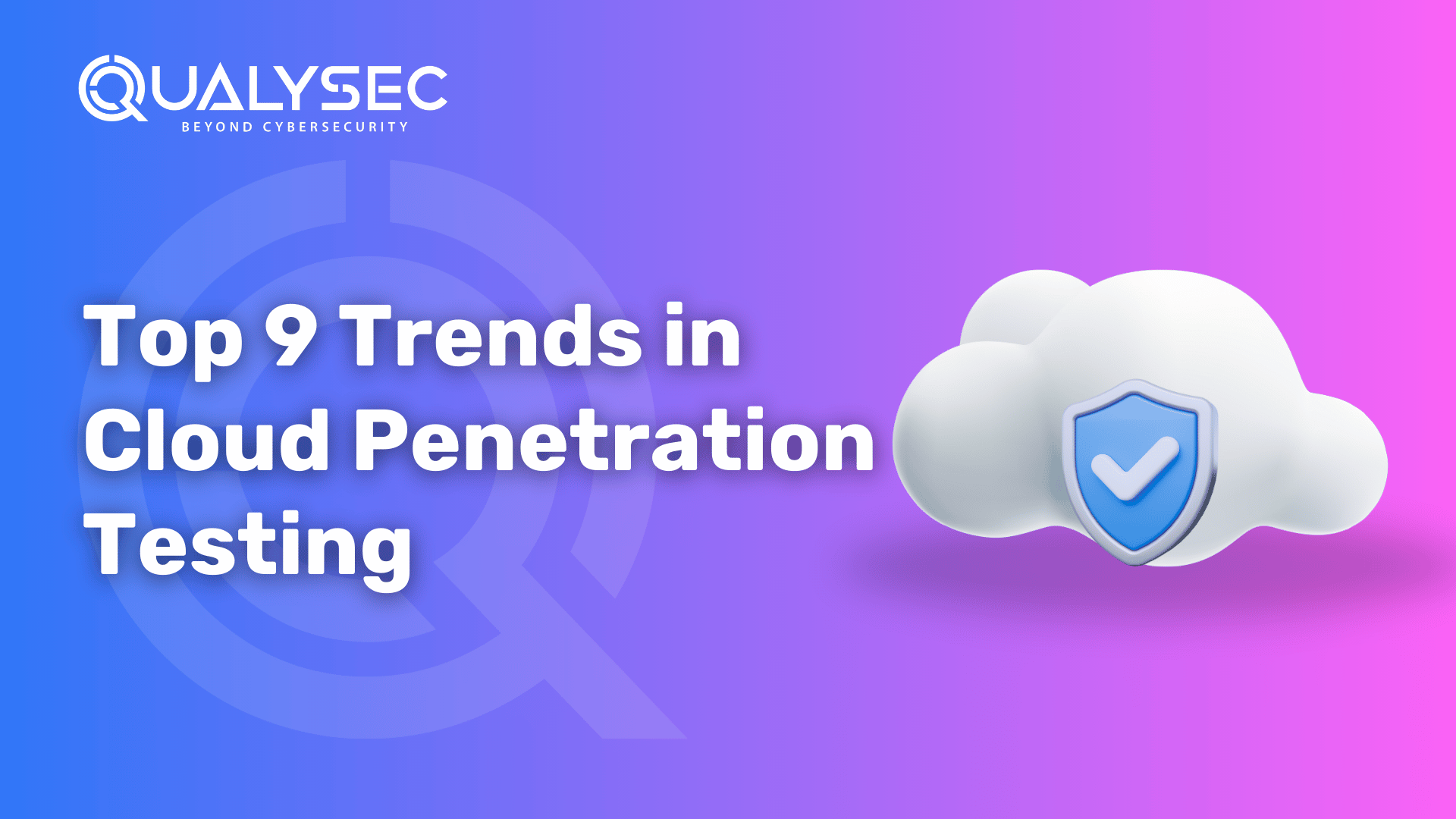

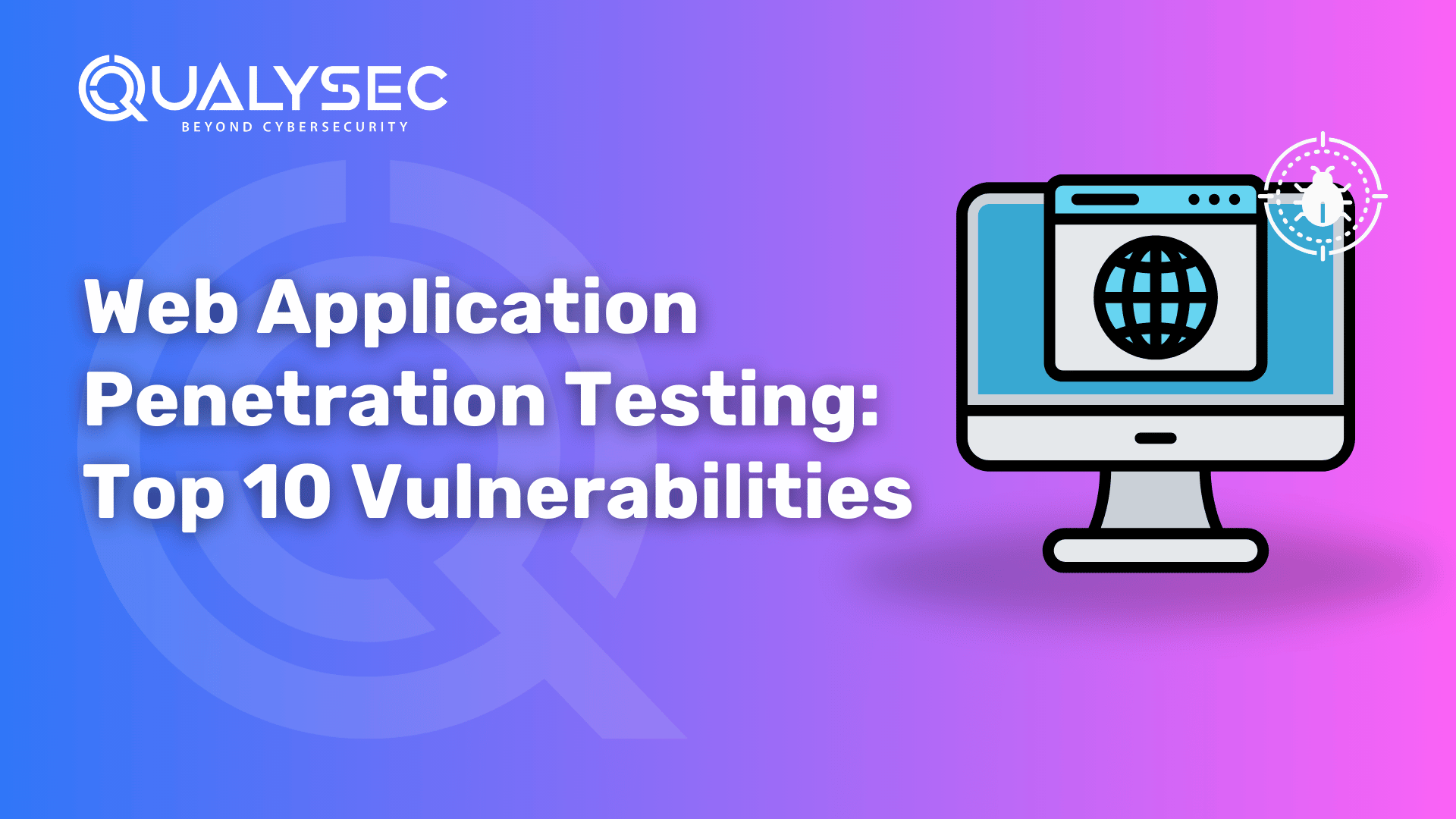


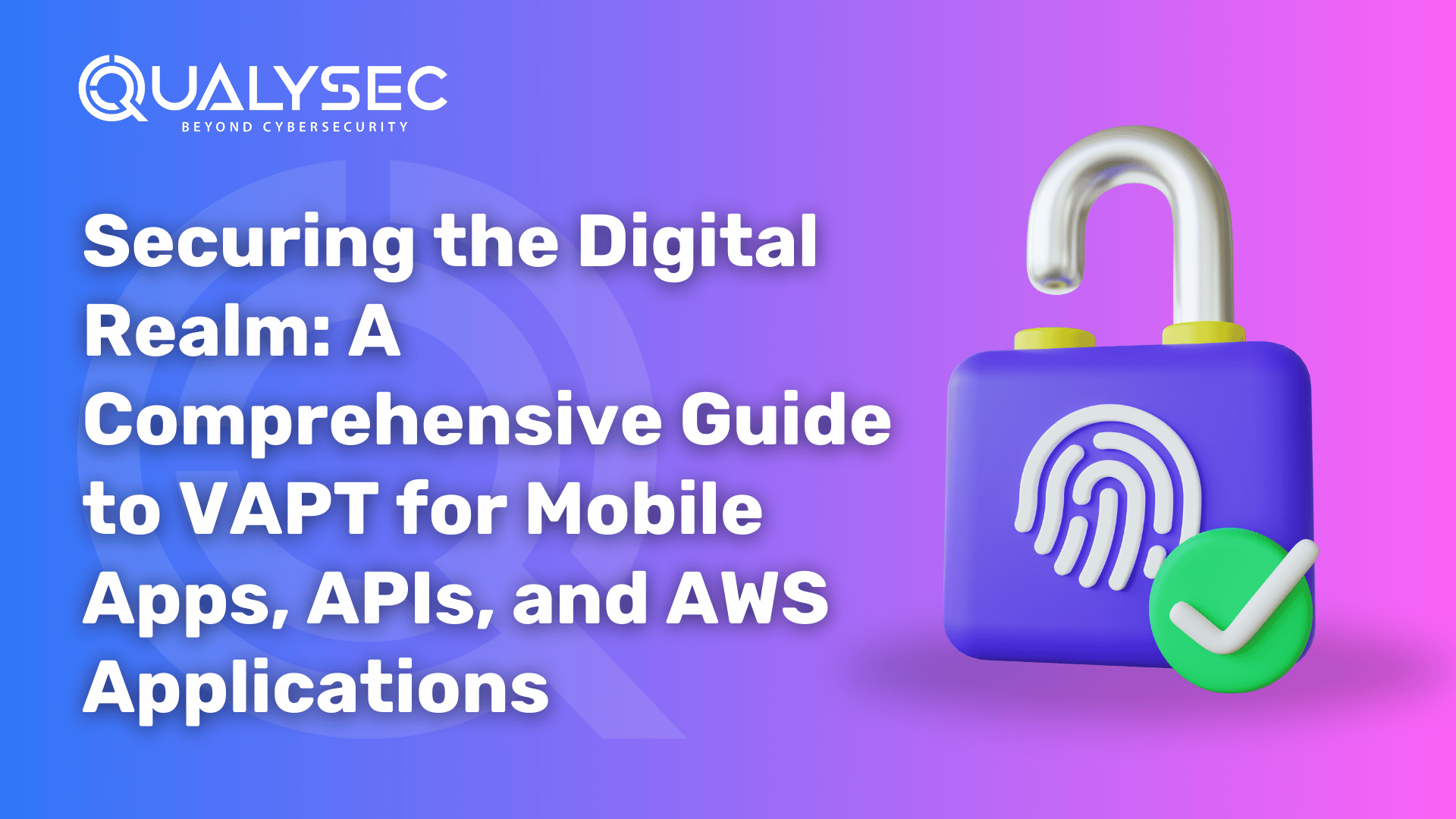
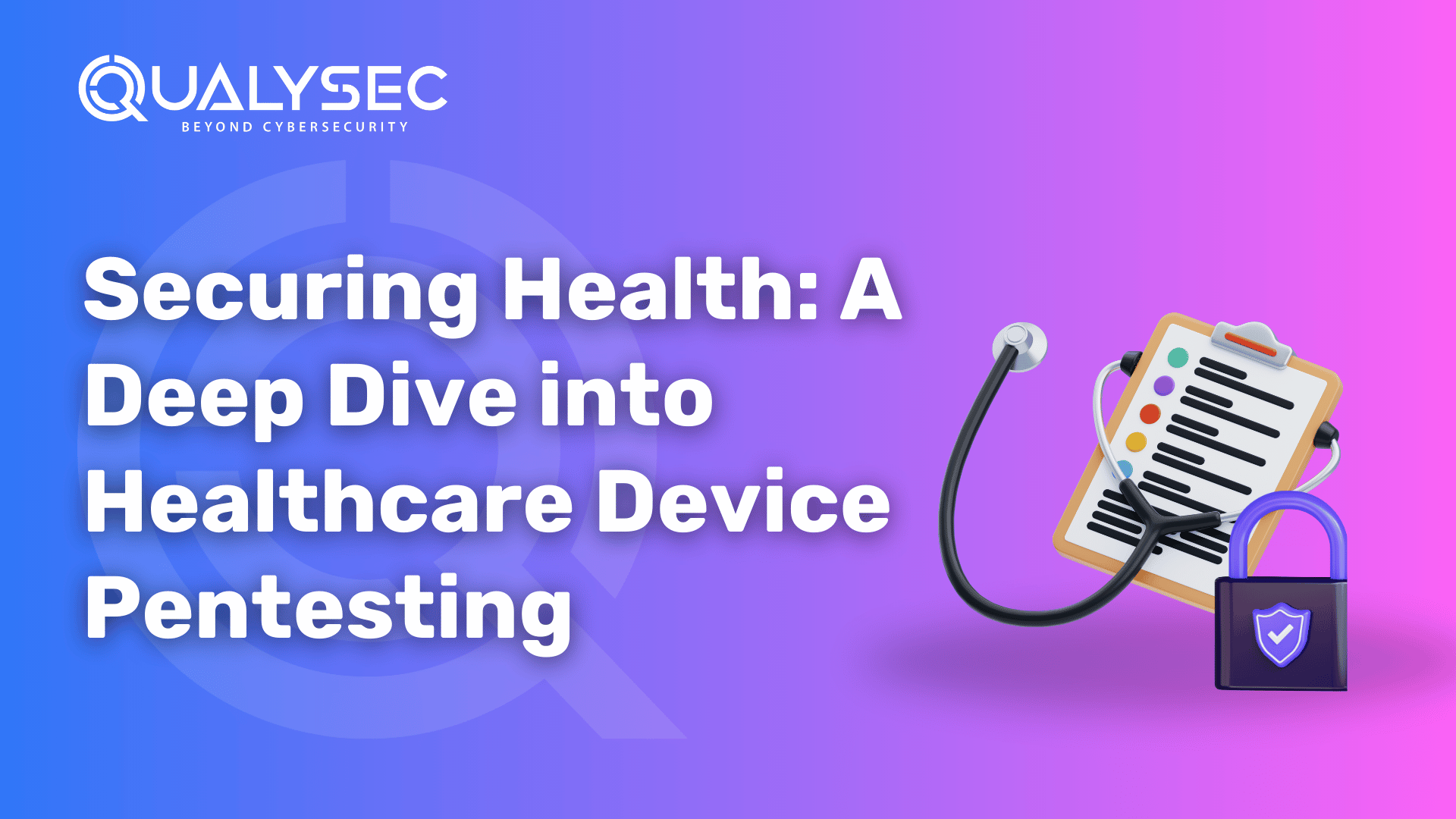

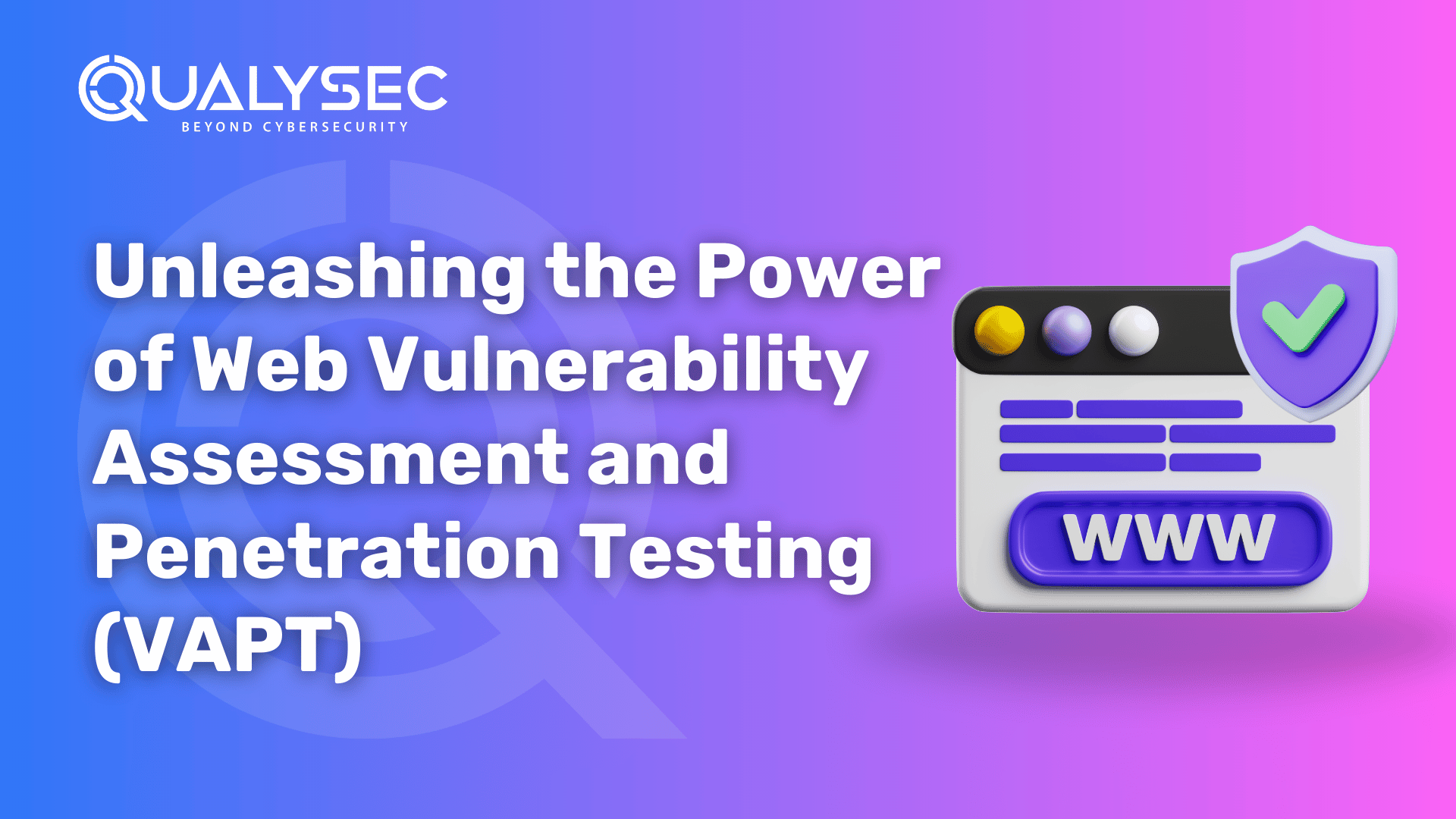
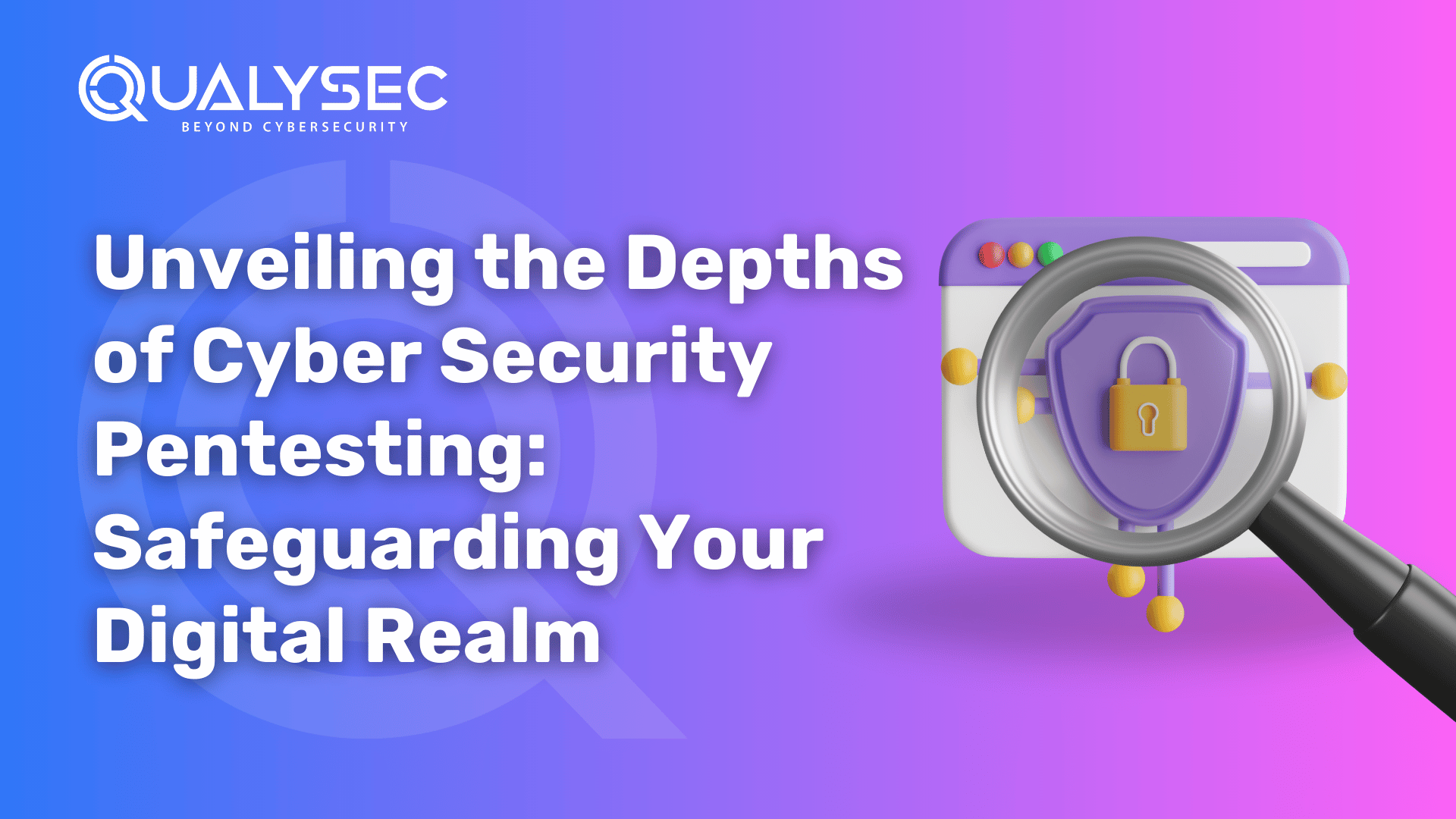
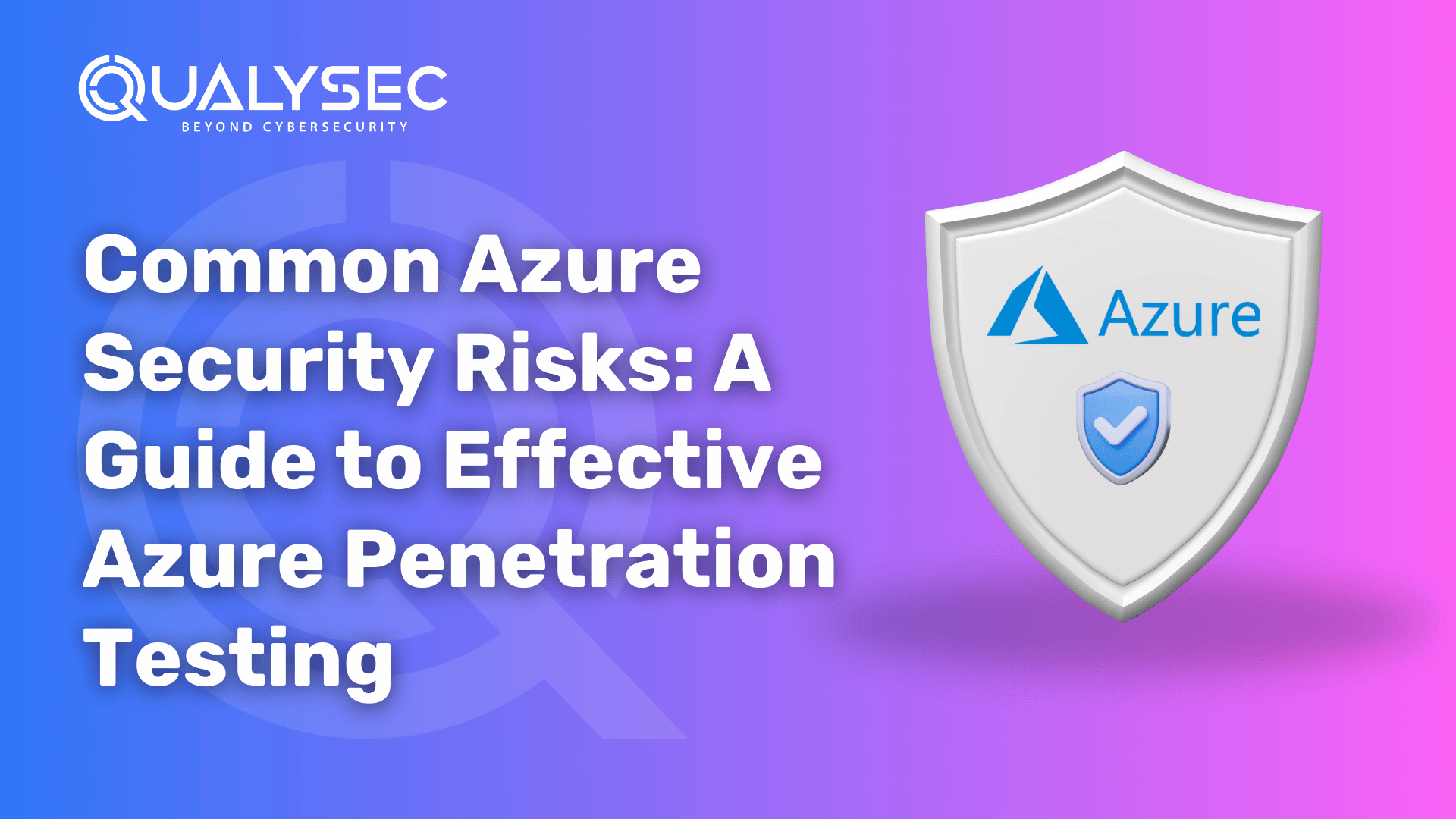
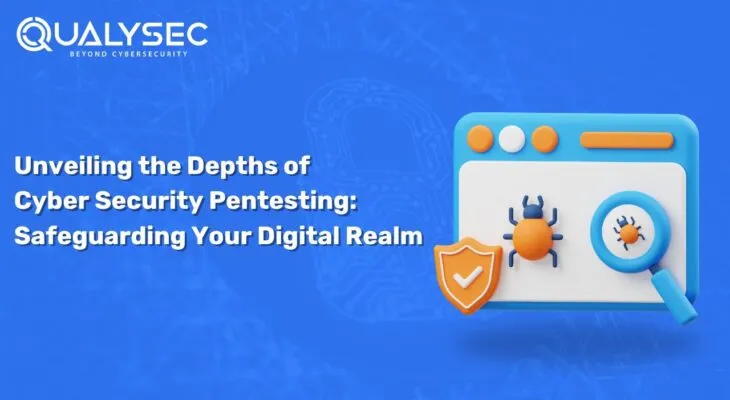

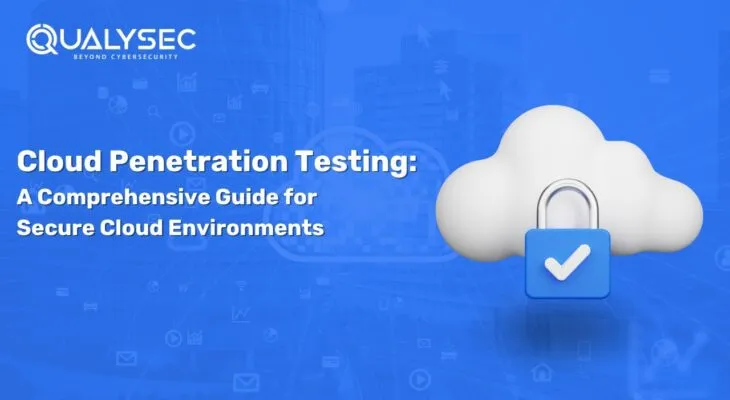

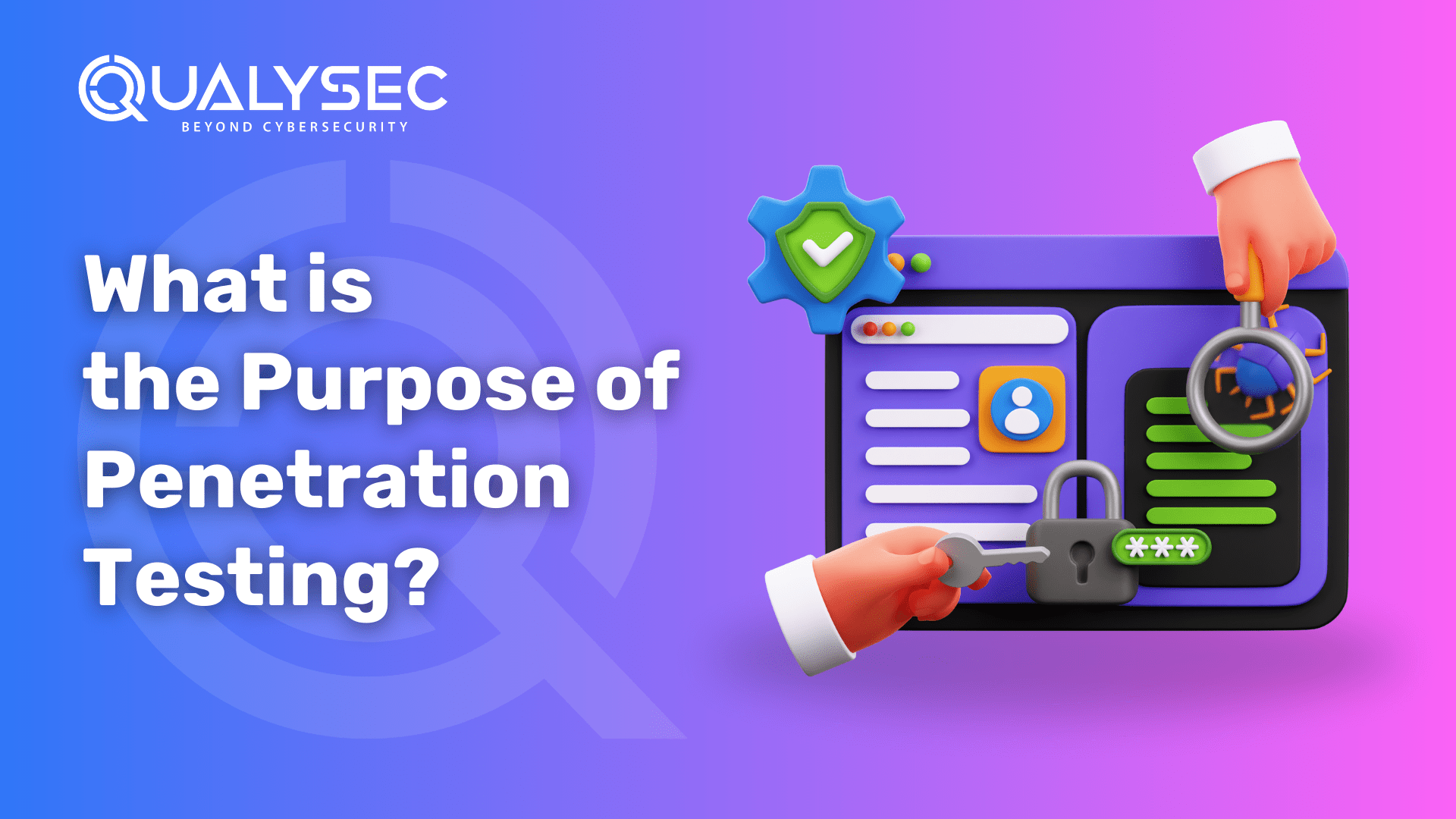

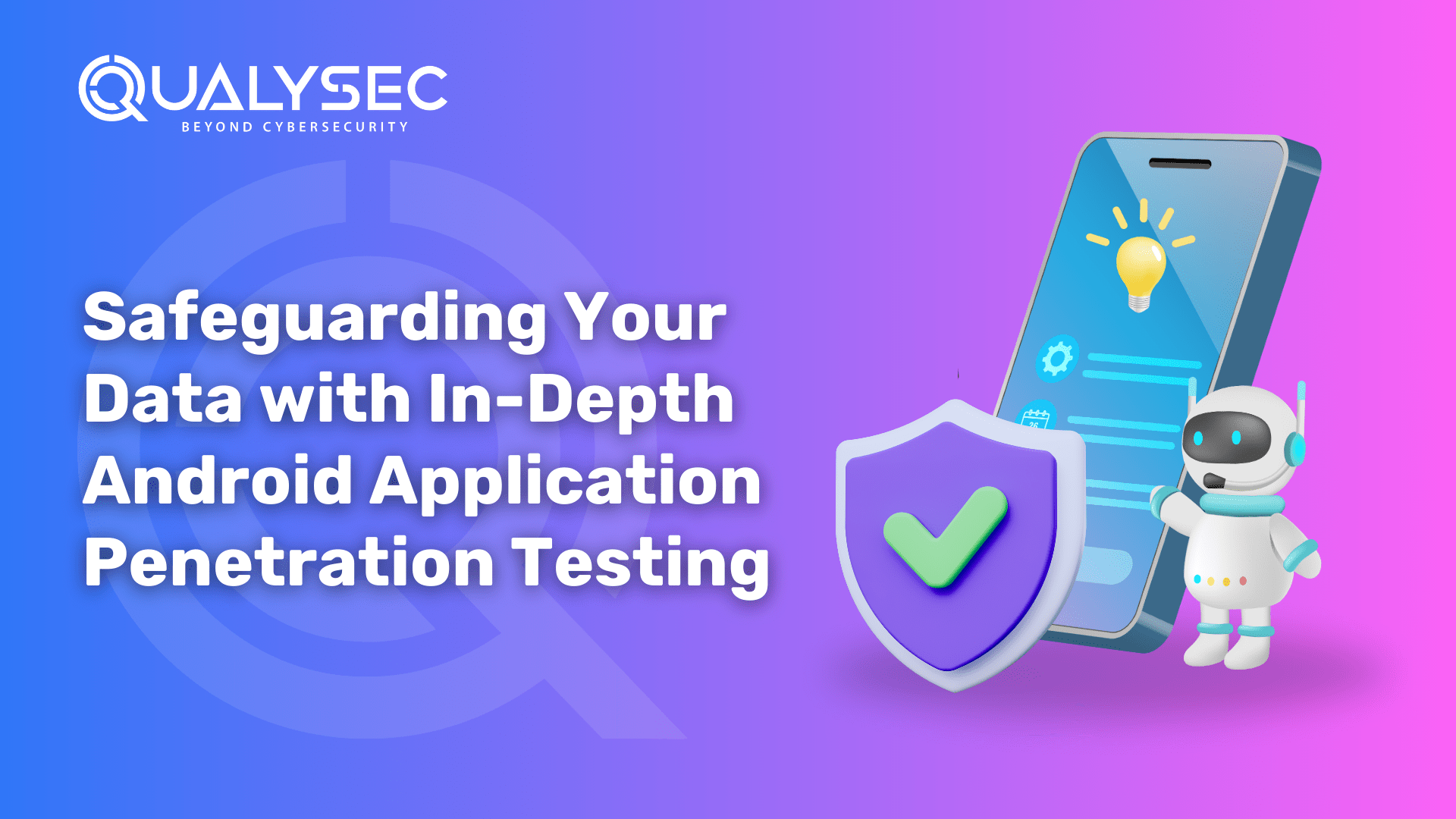


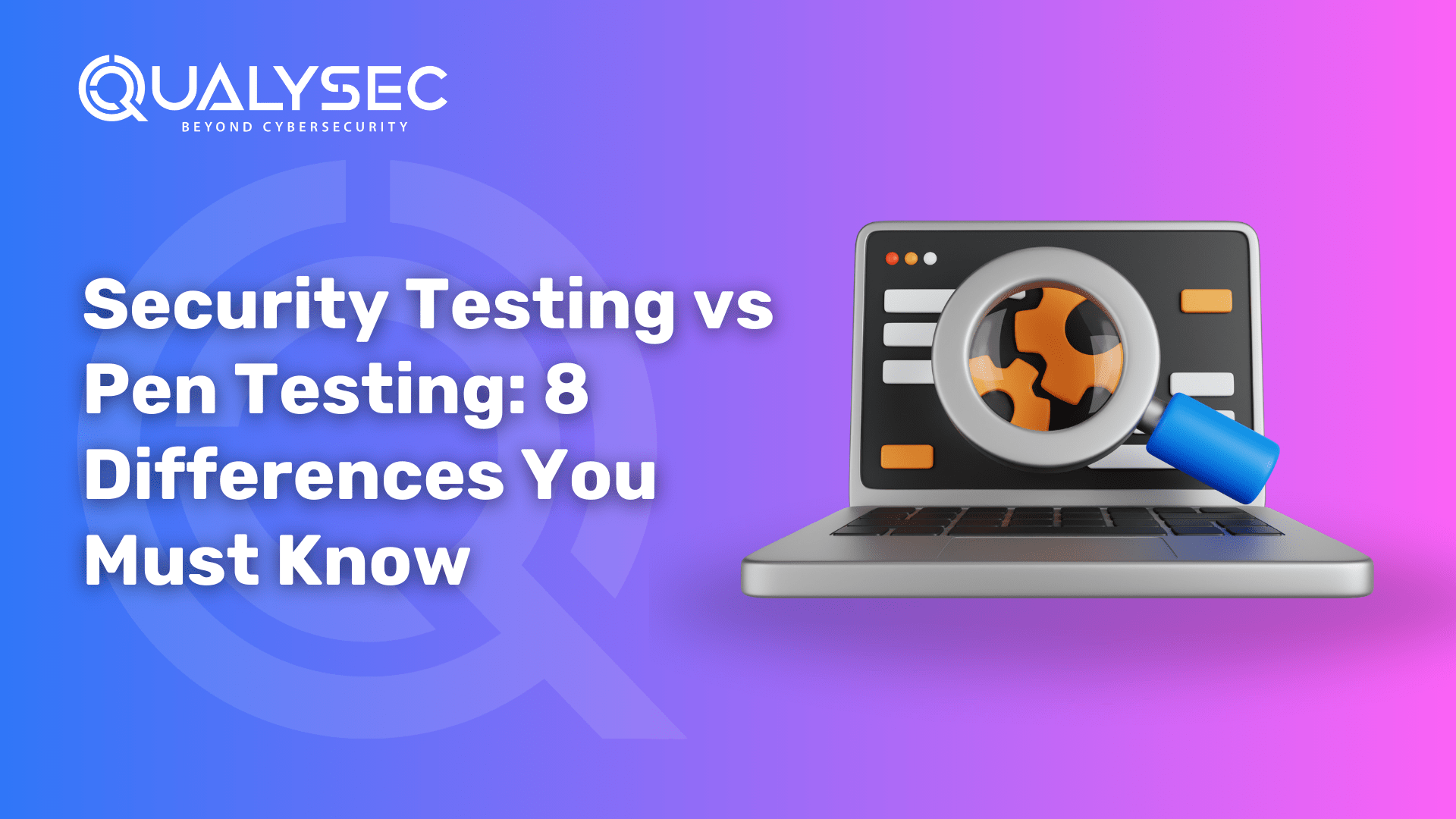

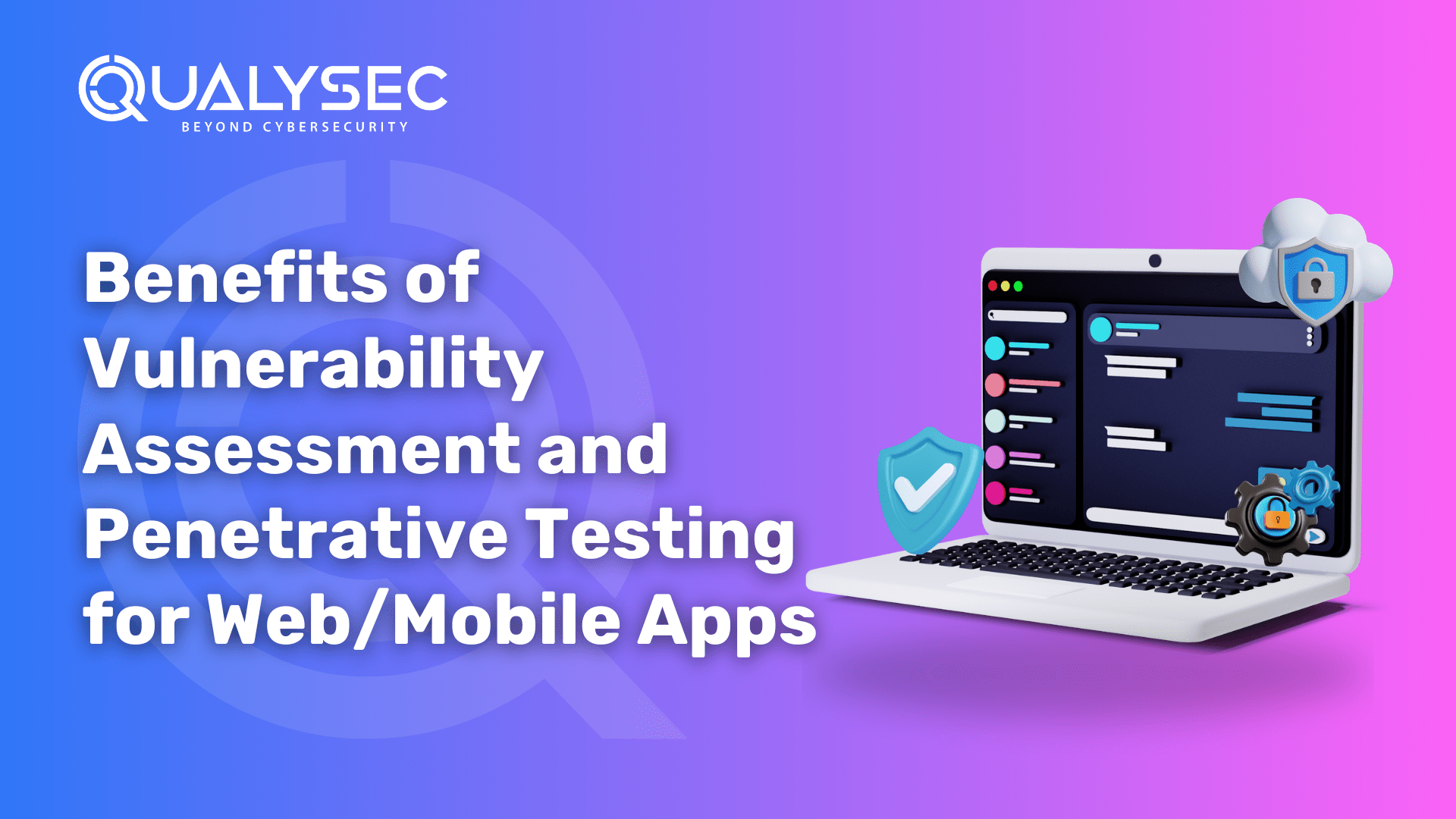


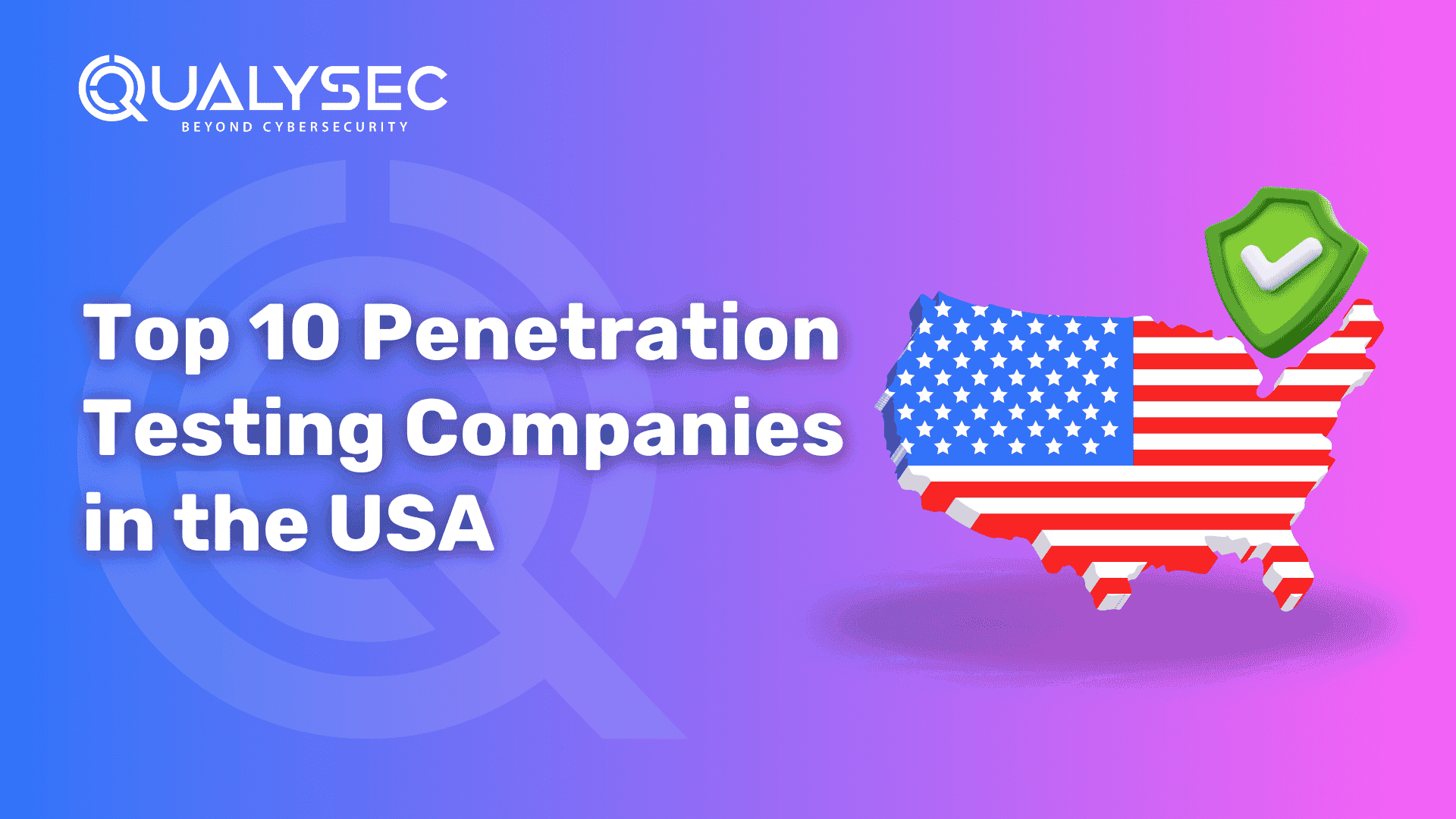
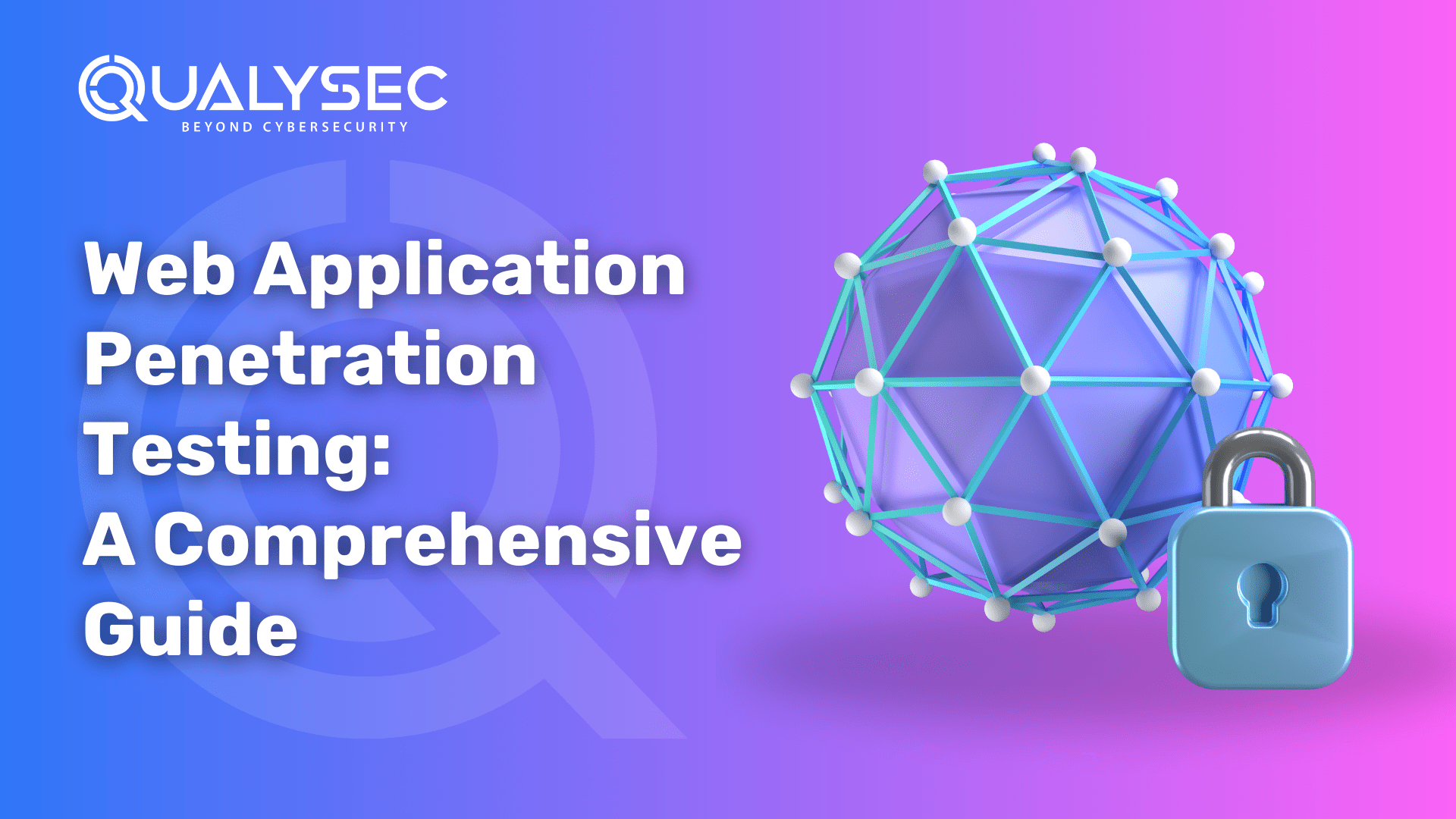



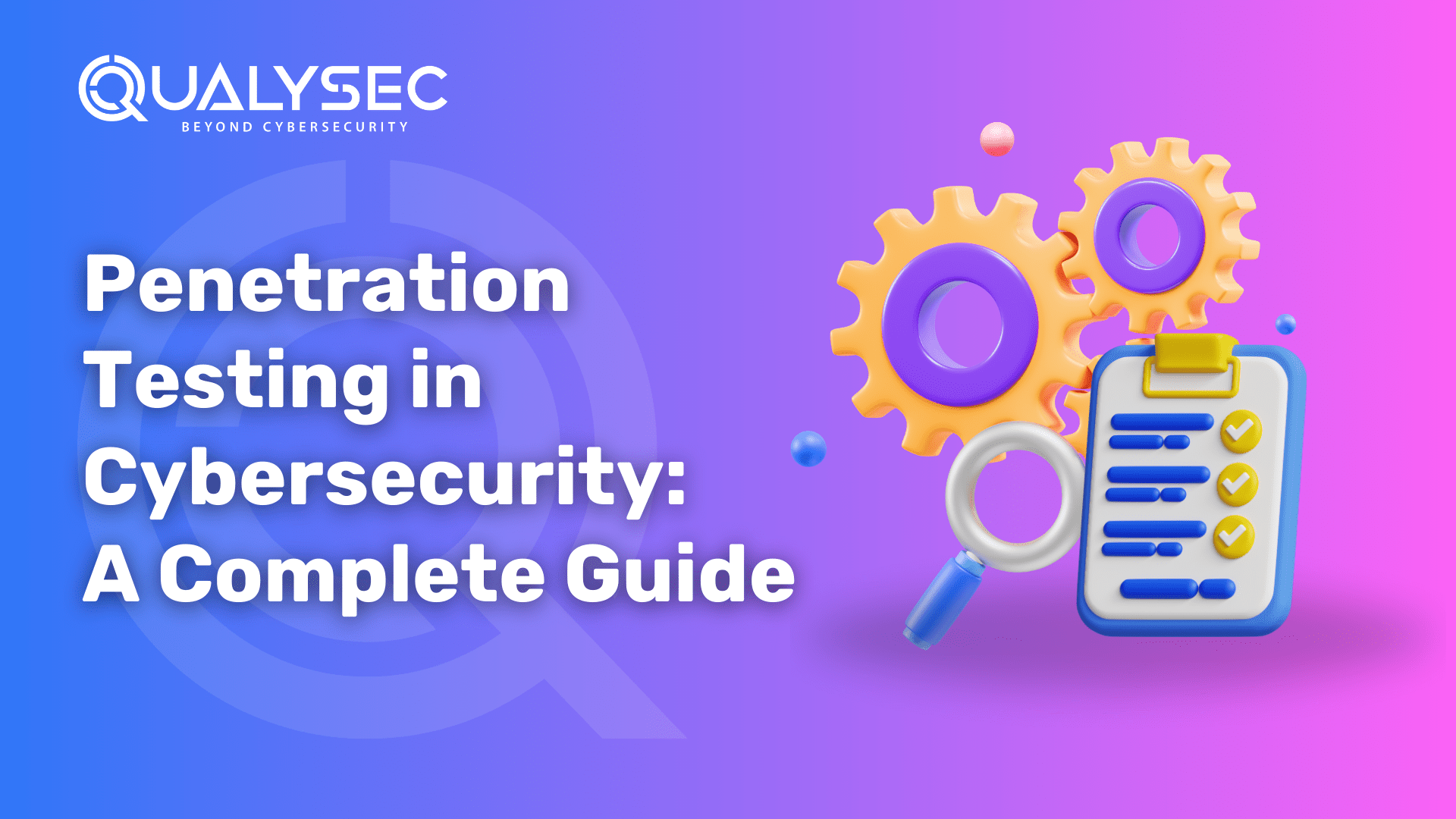
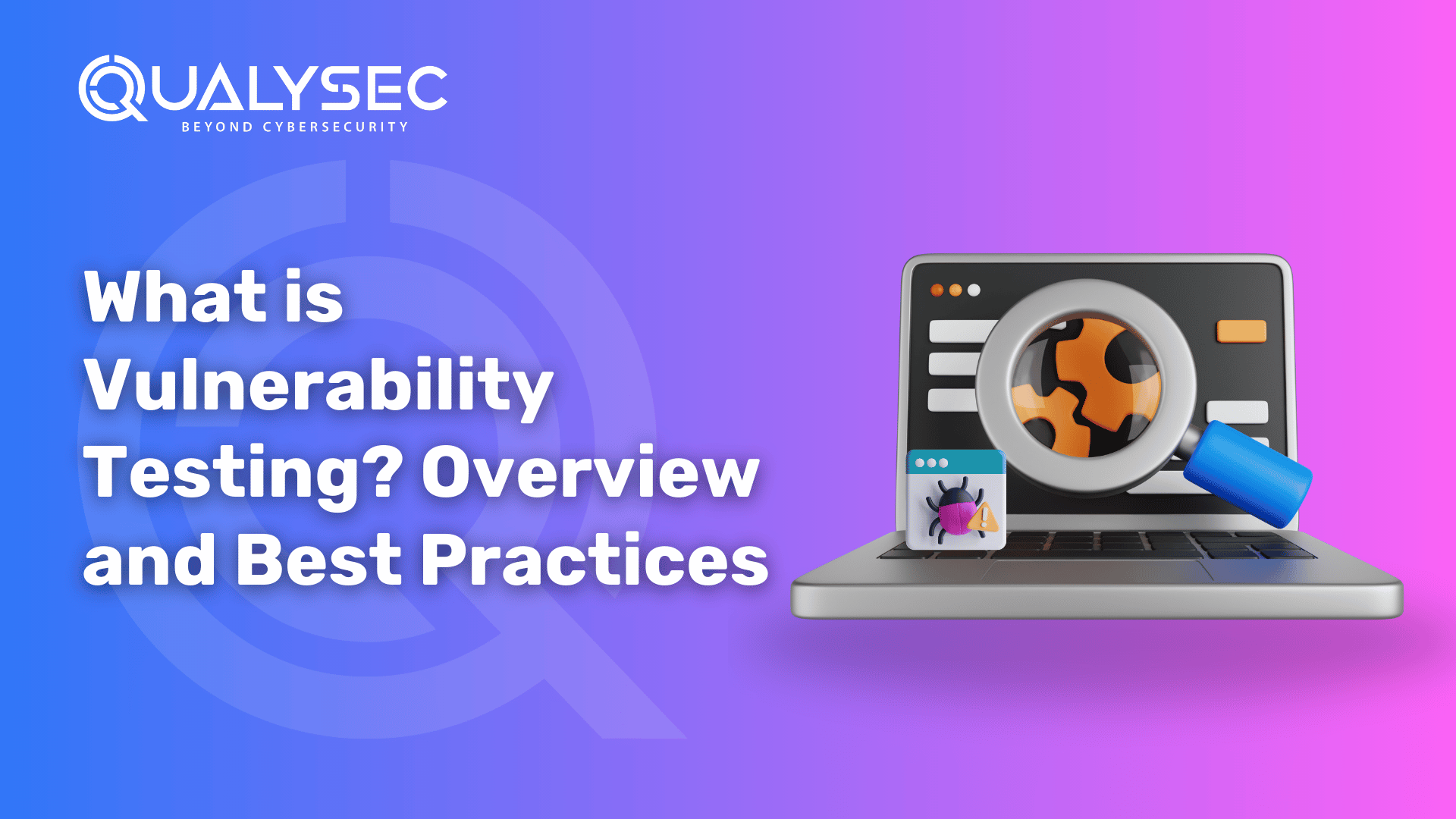

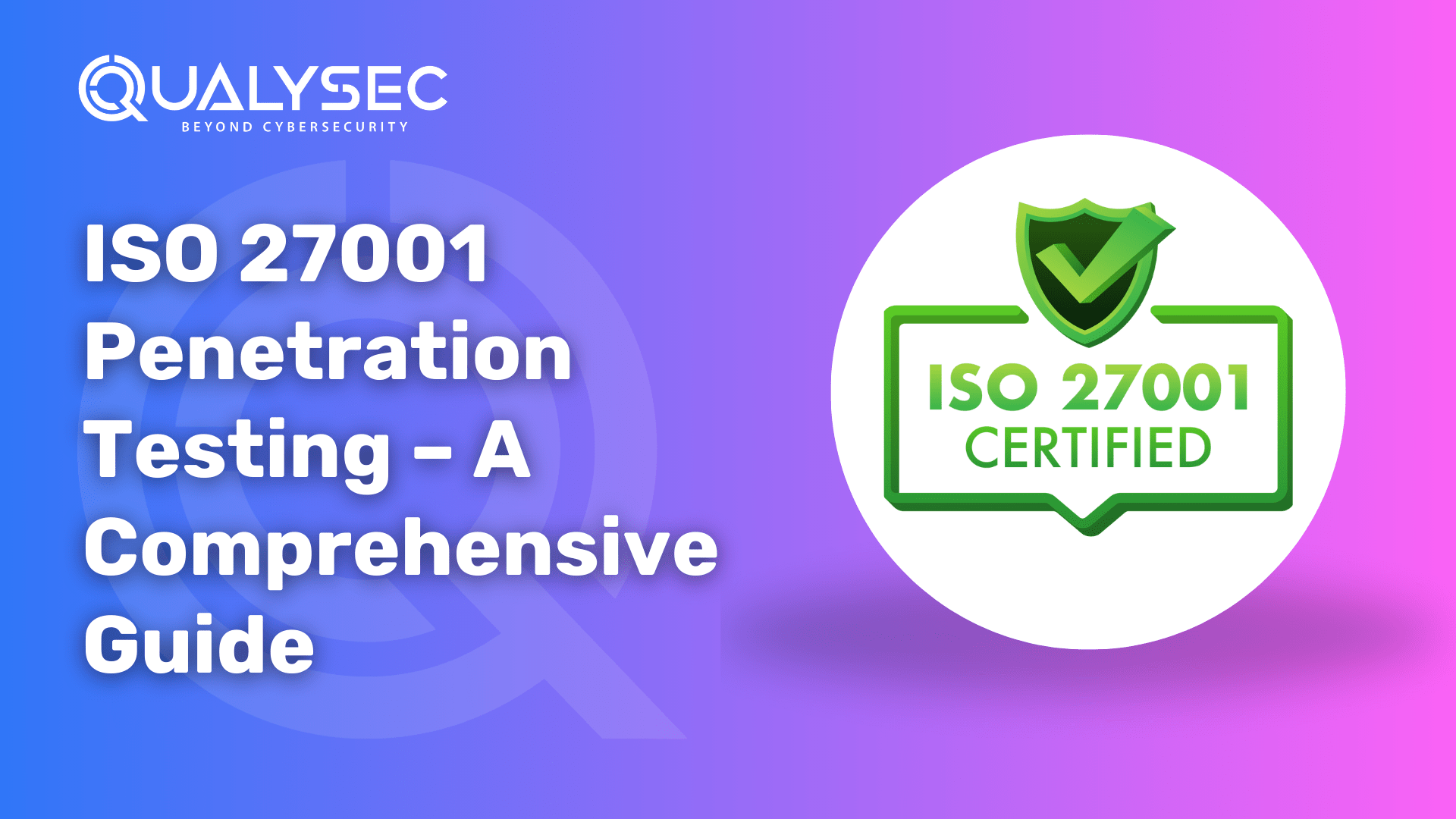
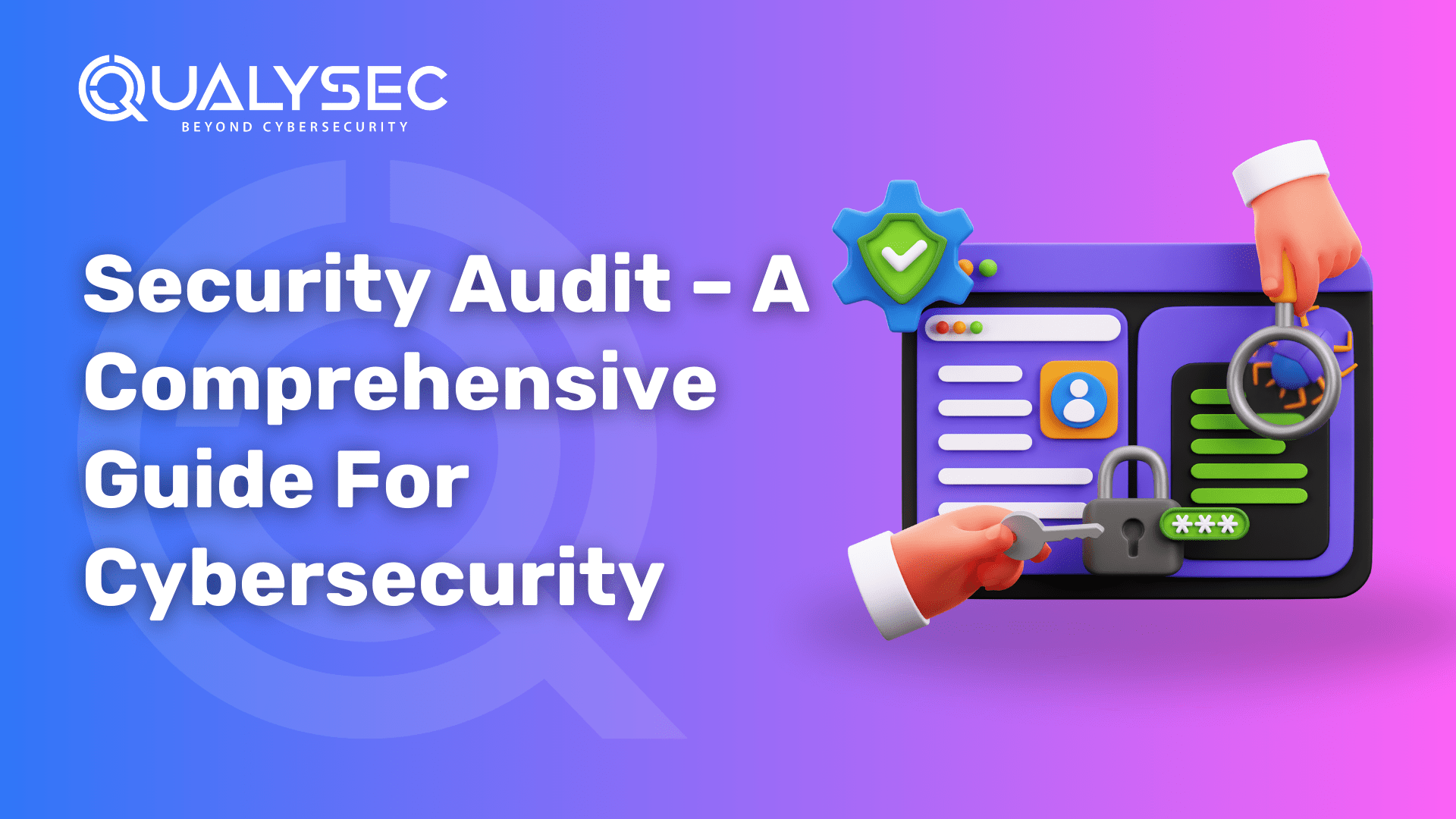
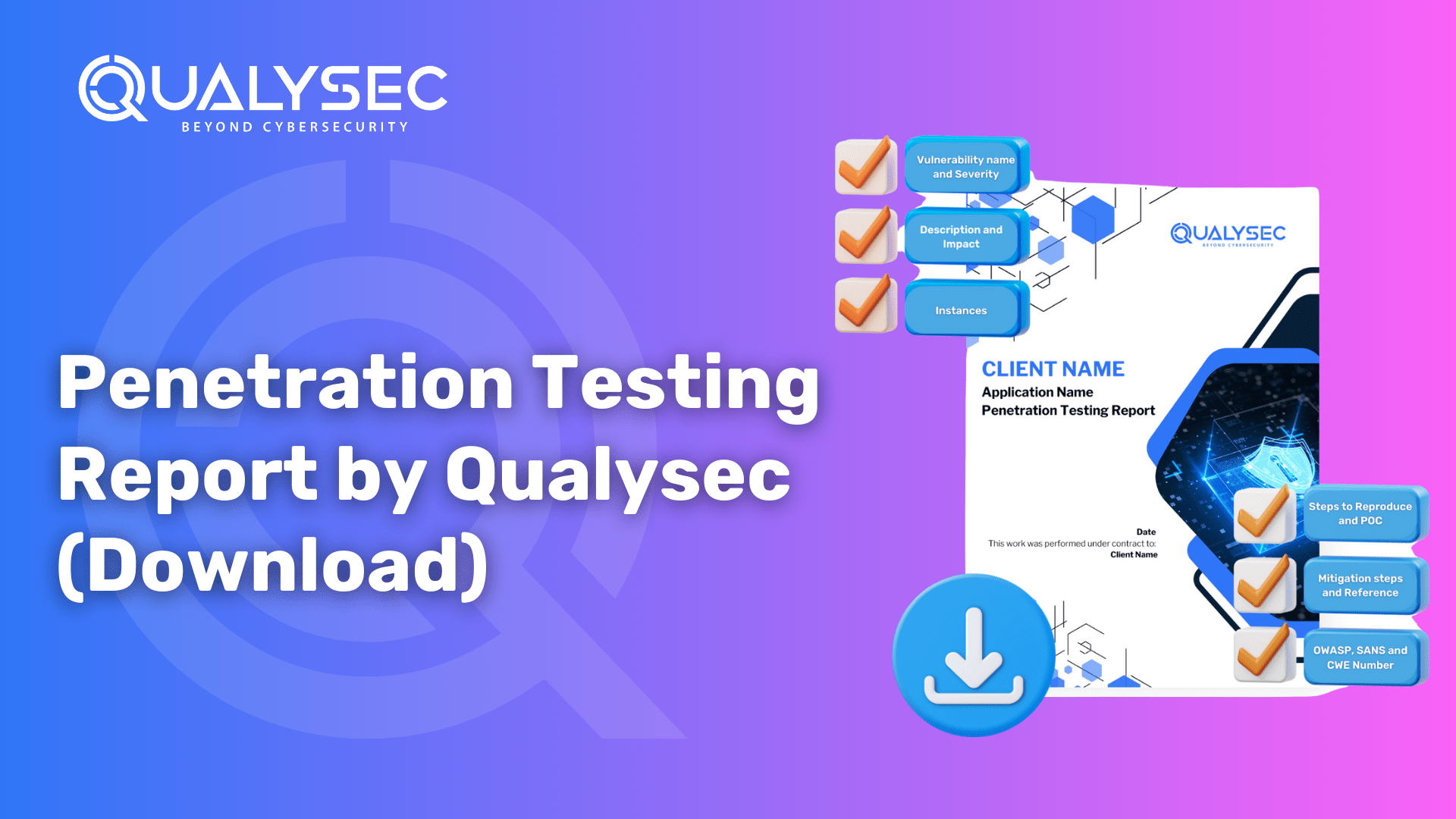




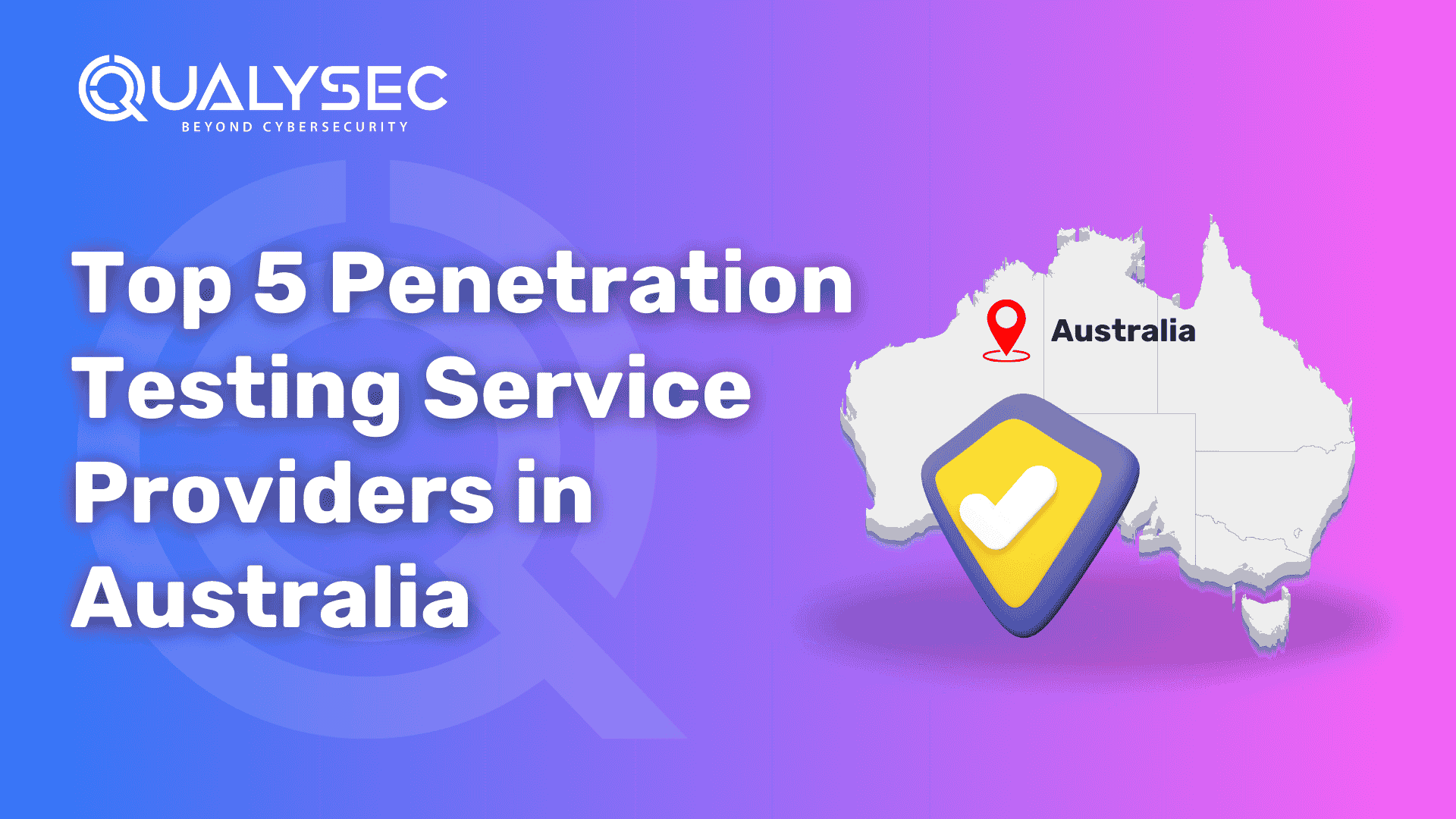
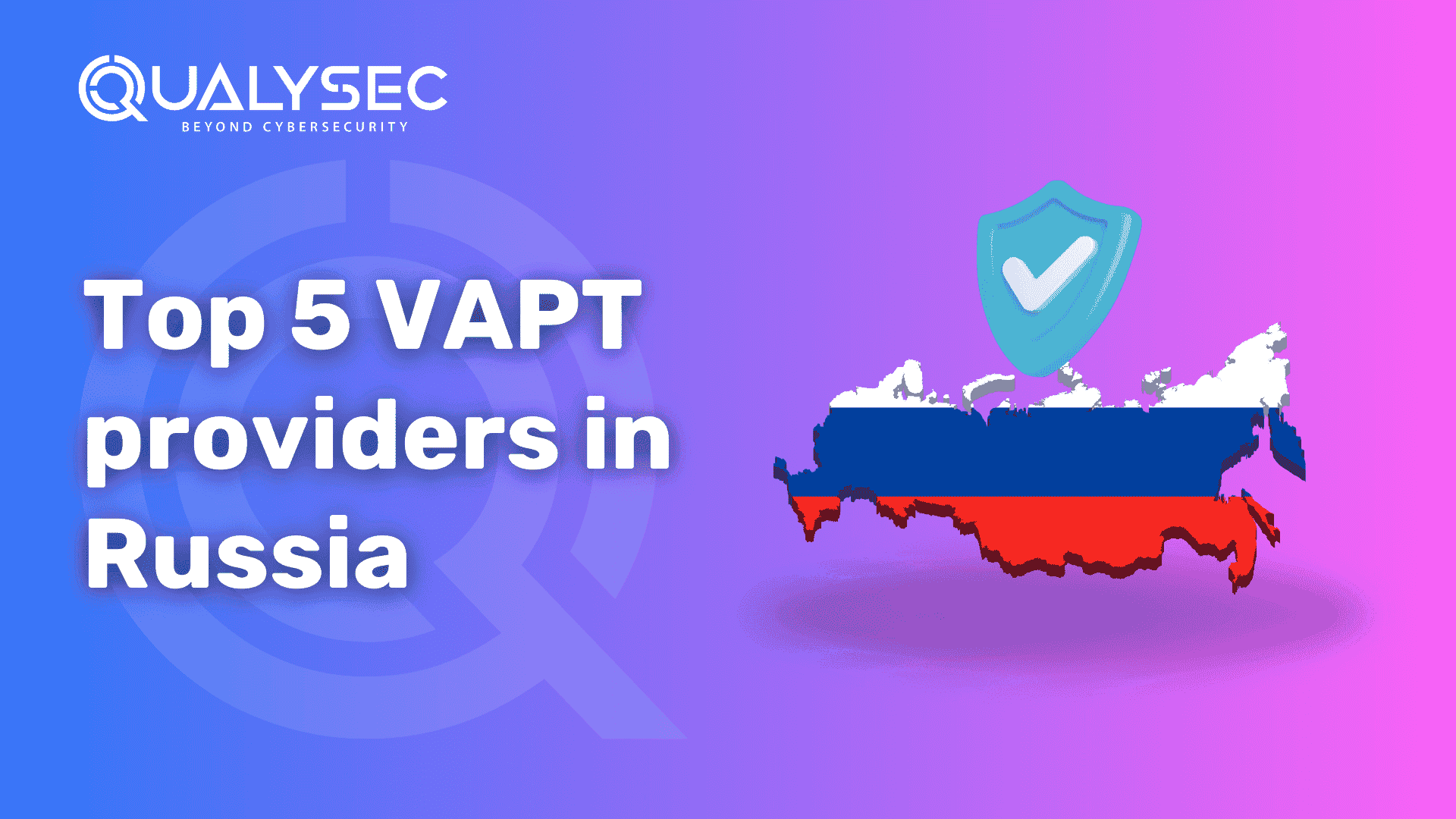
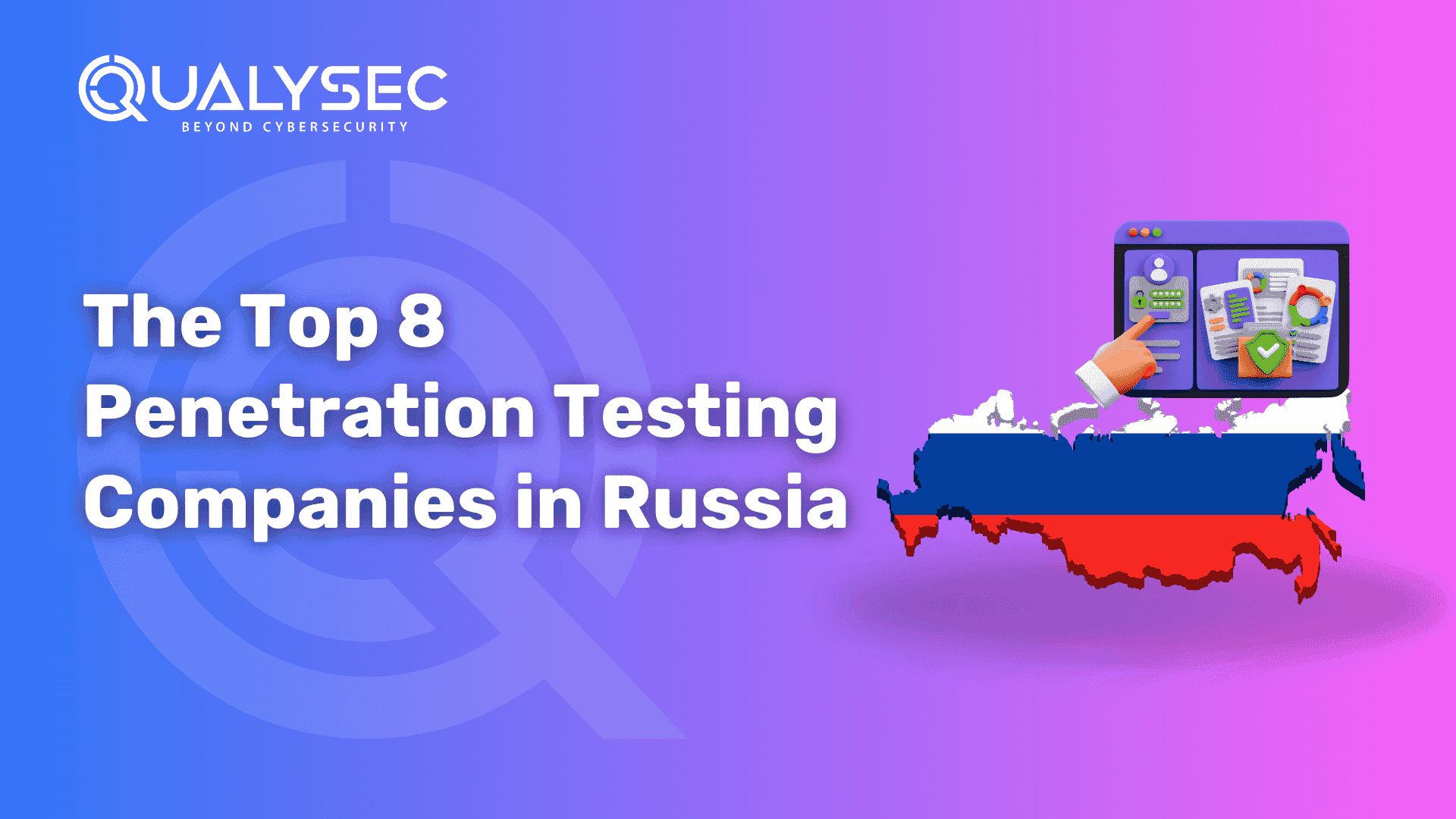
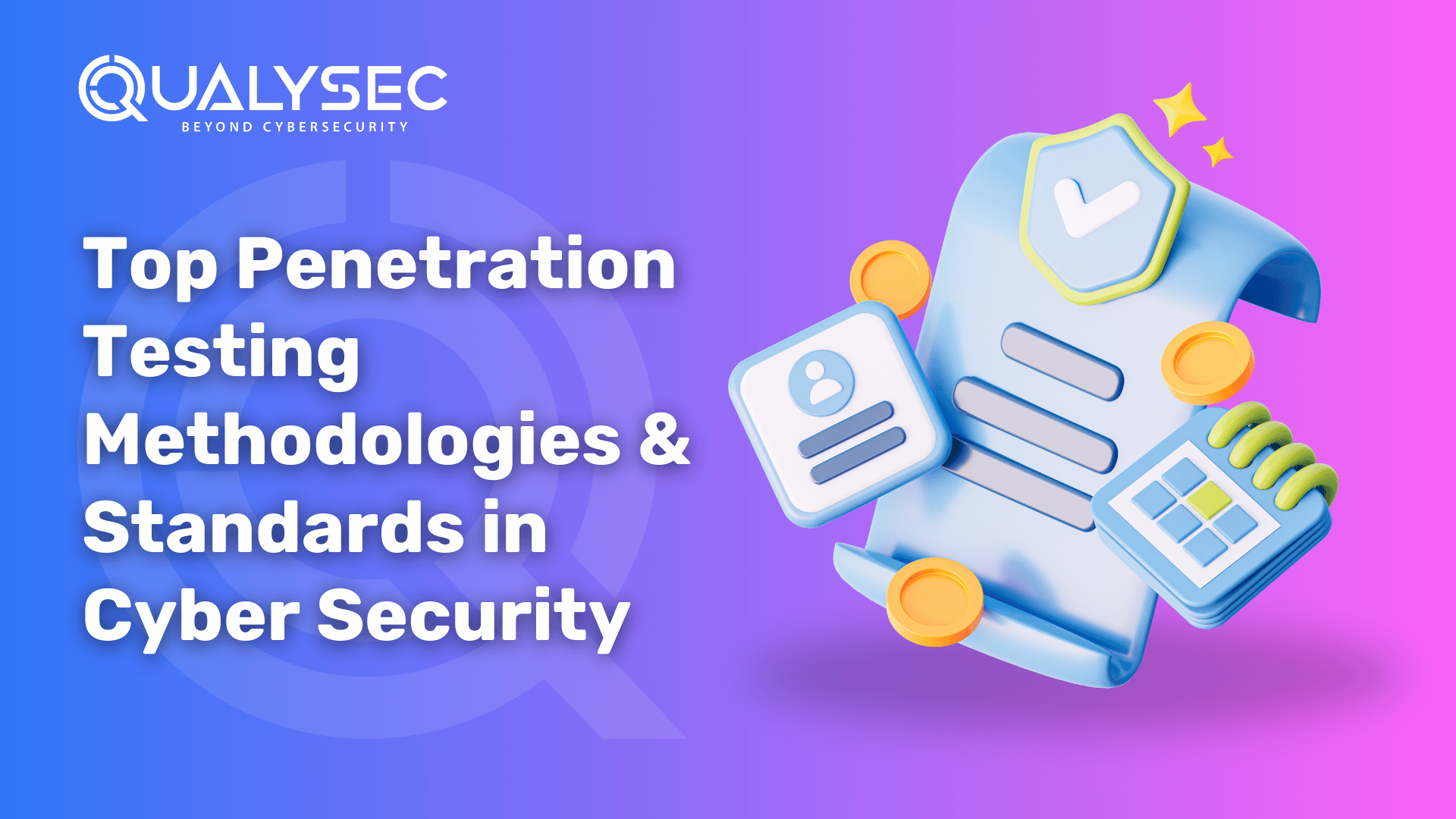

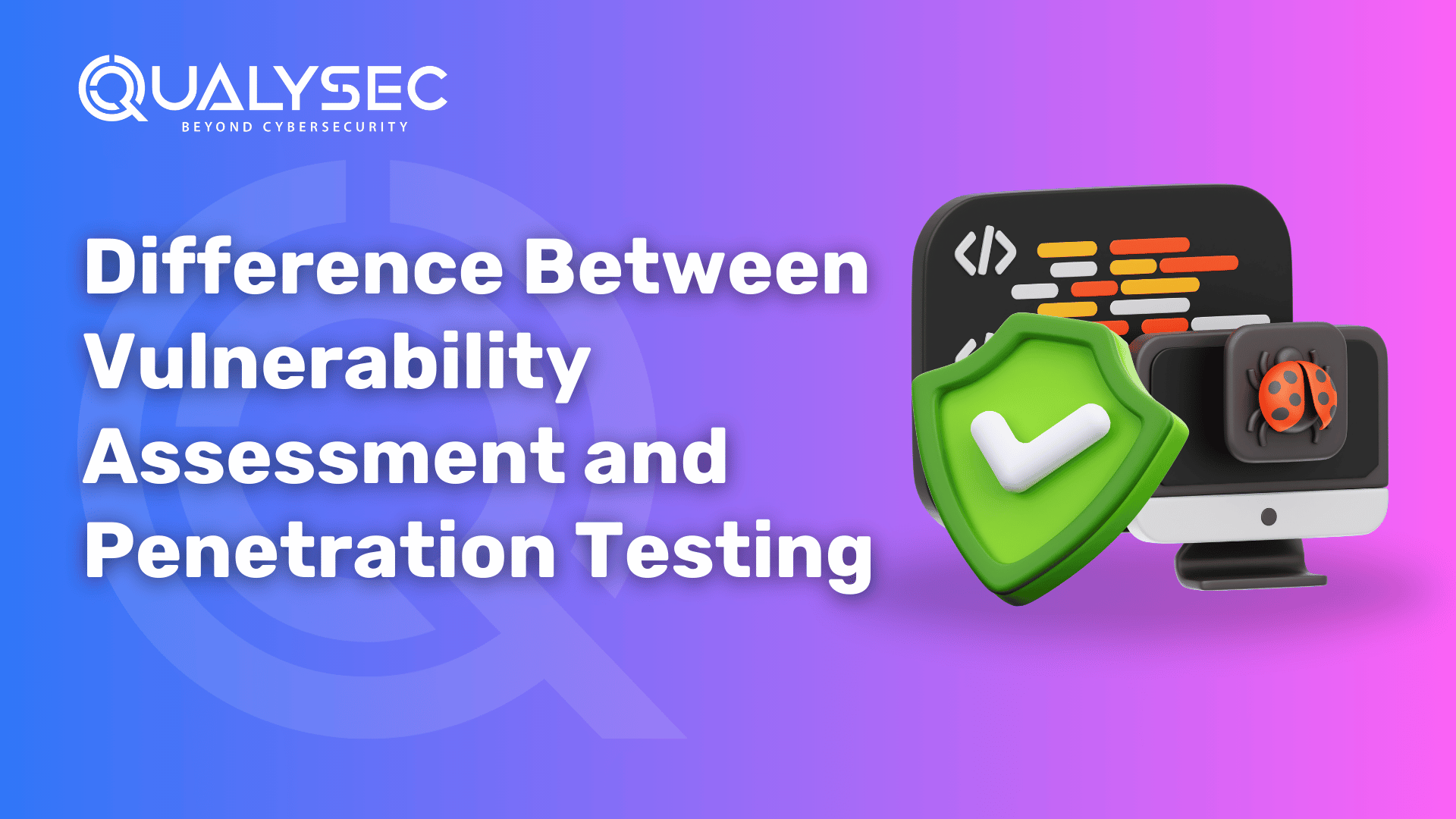
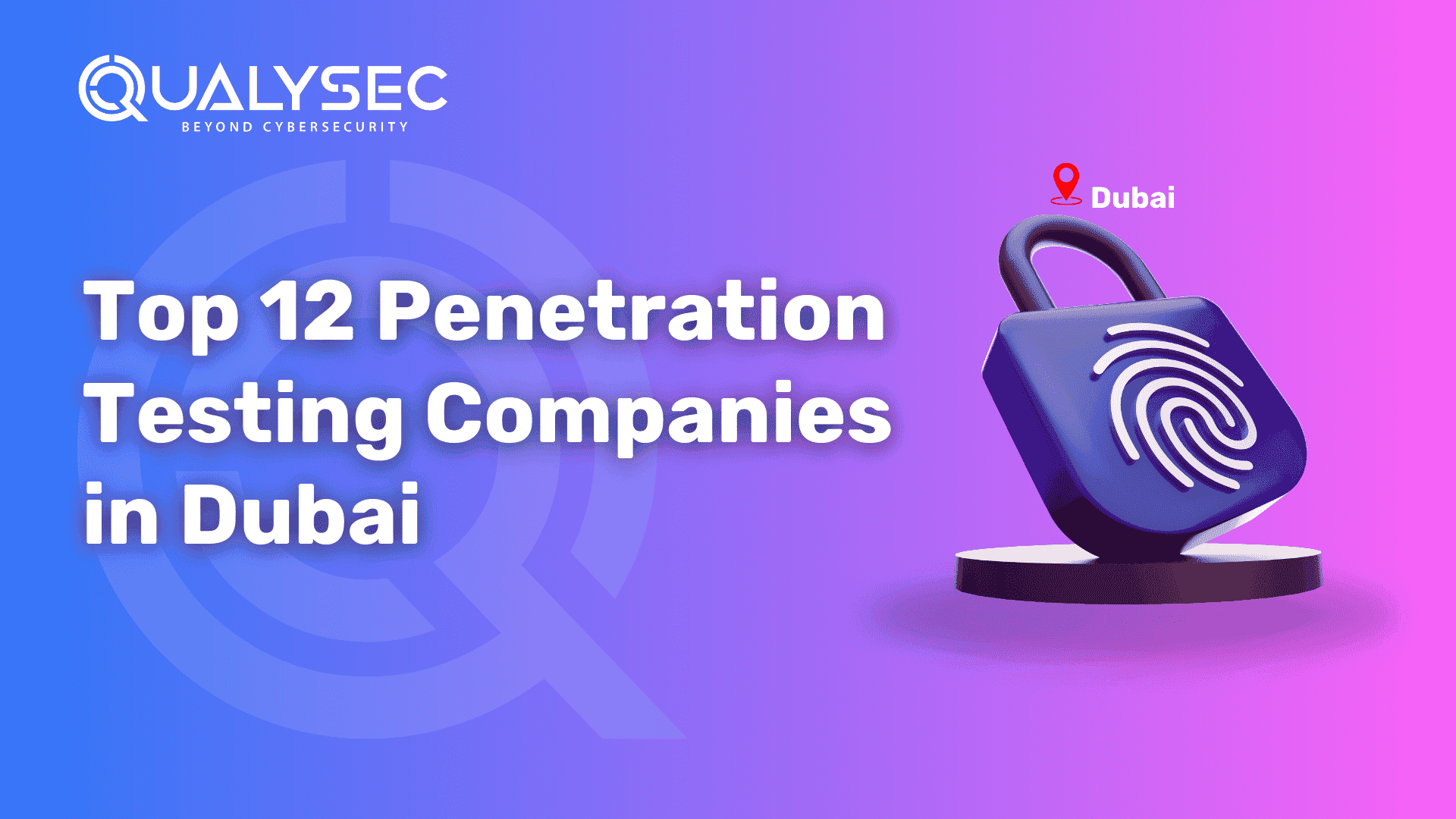






0 Comments